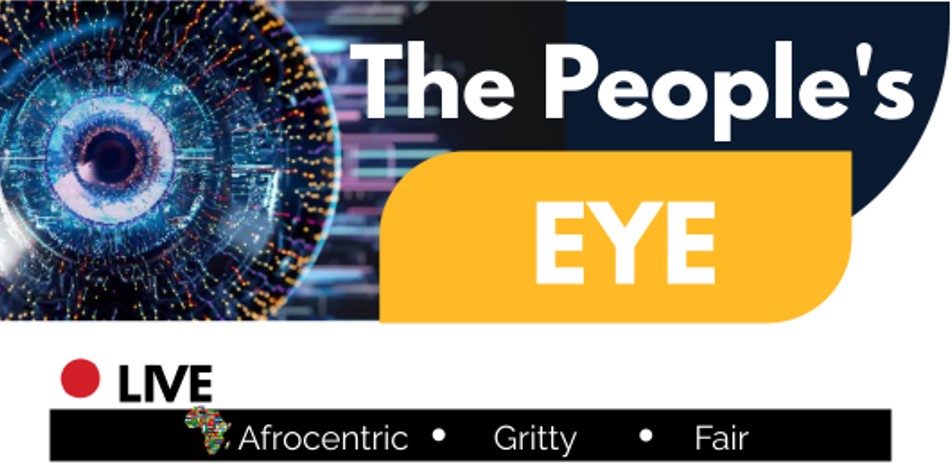-
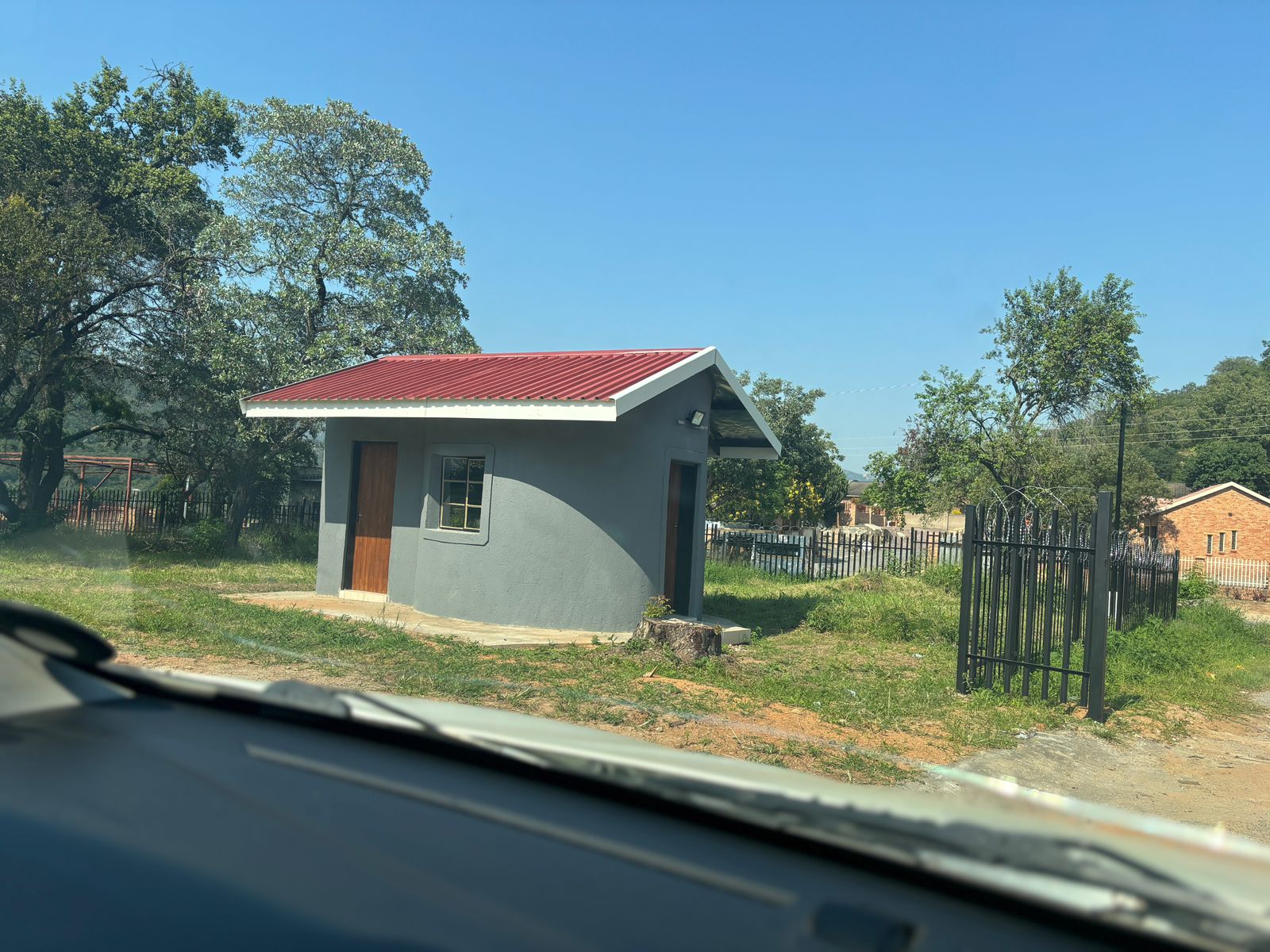 NOWHERE TO HIDE: Mpumalanga education department mumbles answers to over-the-top cost of a guardhouse facelift
NOWHERE TO HIDE: Mpumalanga education department mumbles answers to over-the-top cost of a guardhouse facelift
-
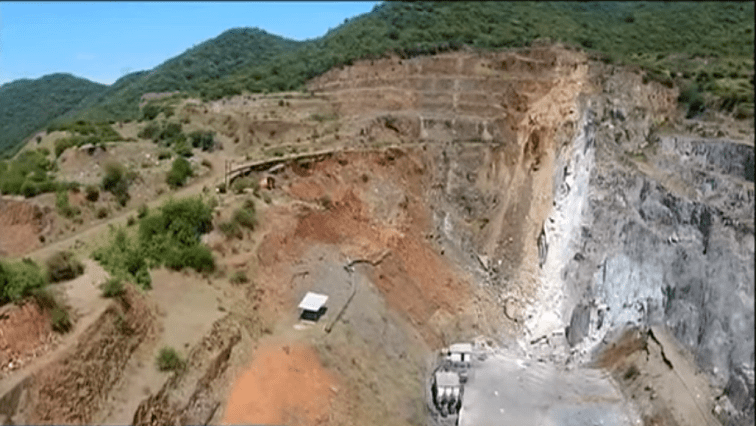 SCA rejects Vantage Goldfields appeal to dodge refunding SSC for failed shareholding purchase
SCA rejects Vantage Goldfields appeal to dodge refunding SSC for failed shareholding purchase
-
 A R3m guardhouse, and the ballooning of renovation budget from R15m to R42m by Mpumalanga education officials
A R3m guardhouse, and the ballooning of renovation budget from R15m to R42m by Mpumalanga education officials
-
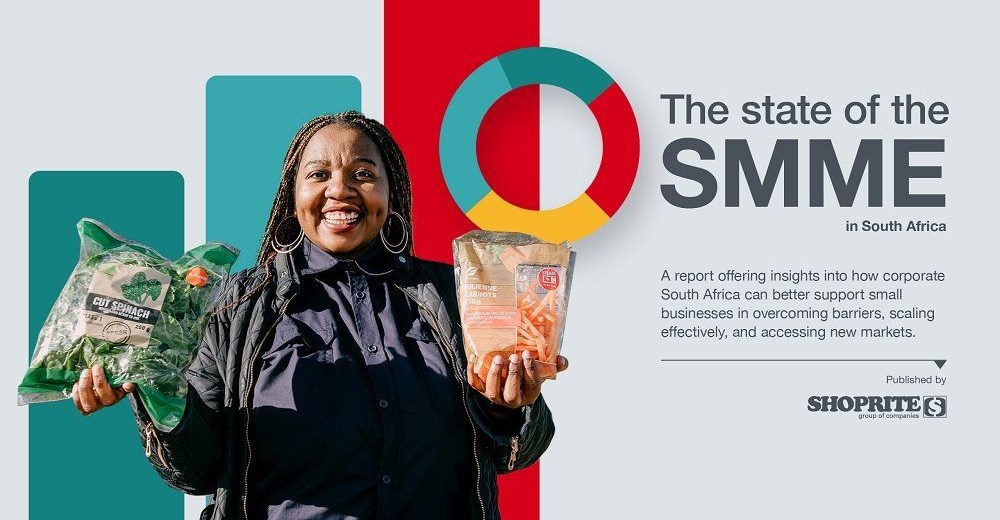 SMME ownership skewed on geography, gender and age
SMME ownership skewed on geography, gender and age
-
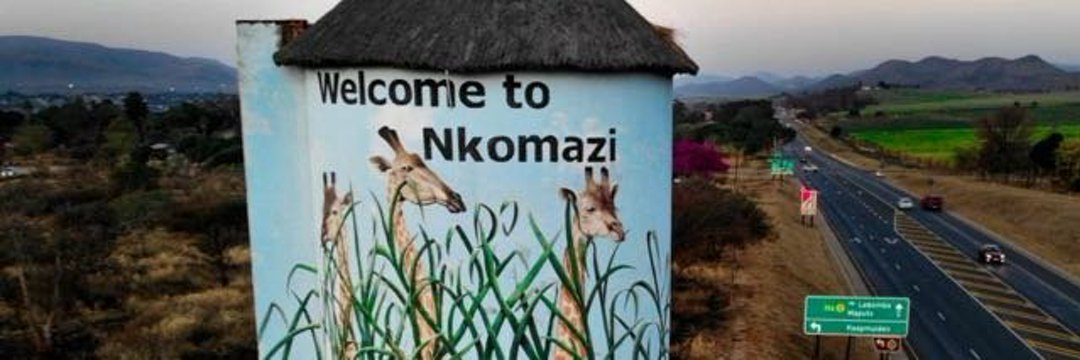 Black magic rocks Mpumalanga government offices
Black magic rocks Mpumalanga government offices
-
 The health benefits of stokvels
The health benefits of stokvels
-
 Mphoko approaches court to stop Choppies sale
Mphoko approaches court to stop Choppies sale
-
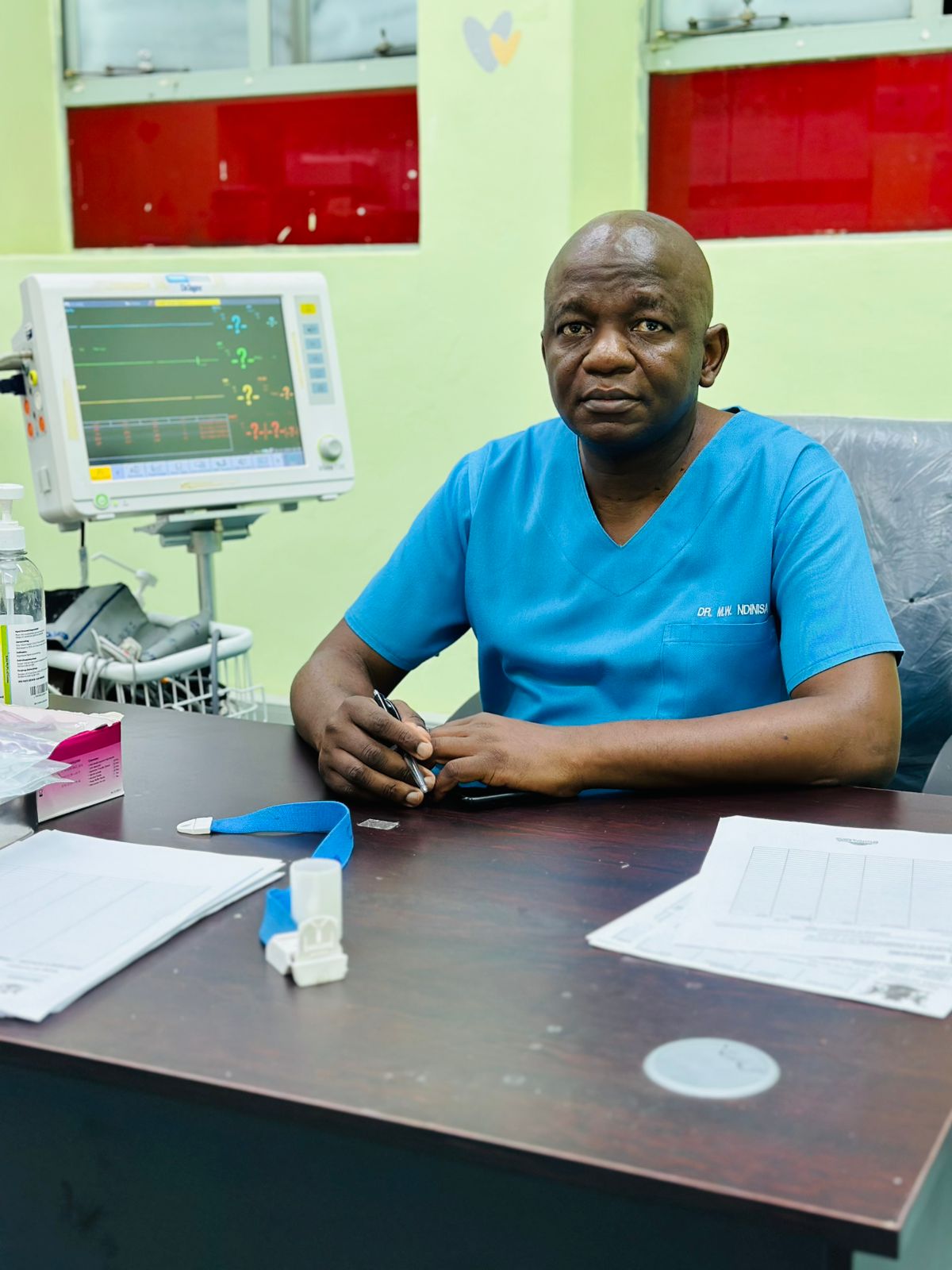 Cuba-trained doctor argues that NHI will works as the biggest employer, government, is already subsidising public servants
Cuba-trained doctor argues that NHI will works as the biggest employer, government, is already subsidising public servants
-
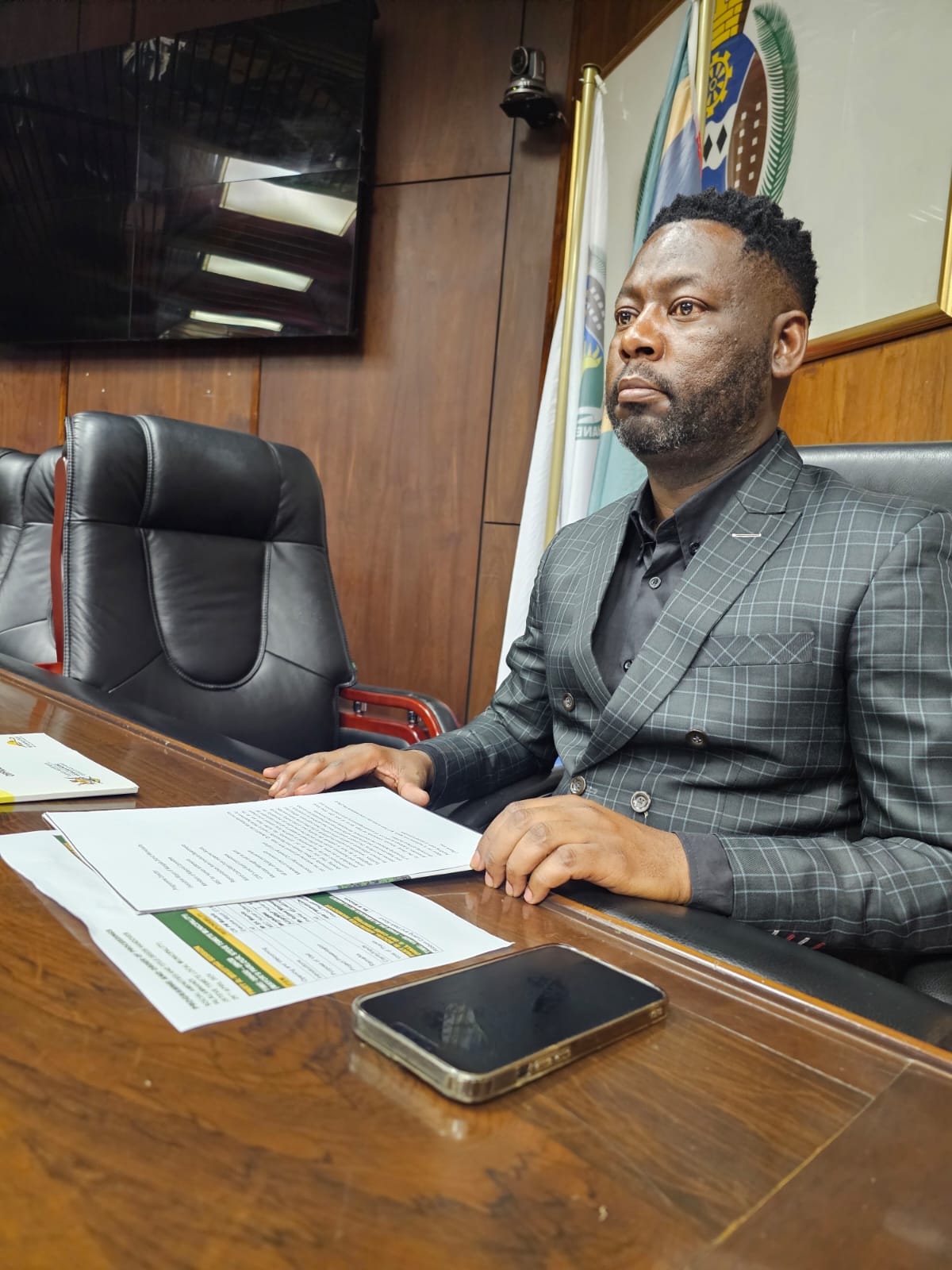 Manager in hung Mpumalanga council accused of politicking against ANC
Manager in hung Mpumalanga council accused of politicking against ANC
-
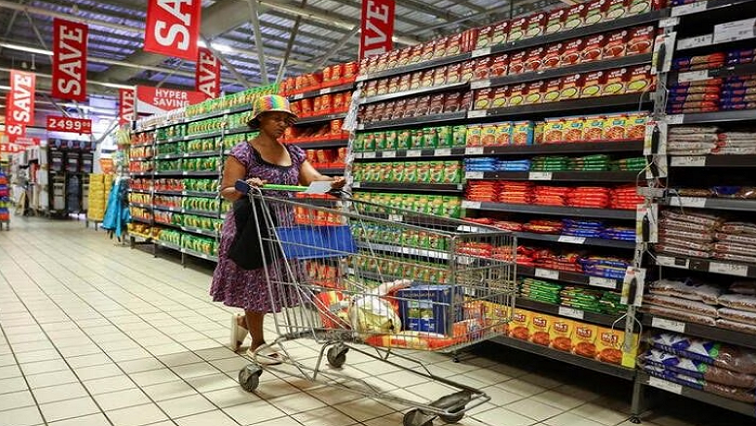 Prices of core staple foods must be reduced – PMBEJD
Prices of core staple foods must be reduced – PMBEJD
-
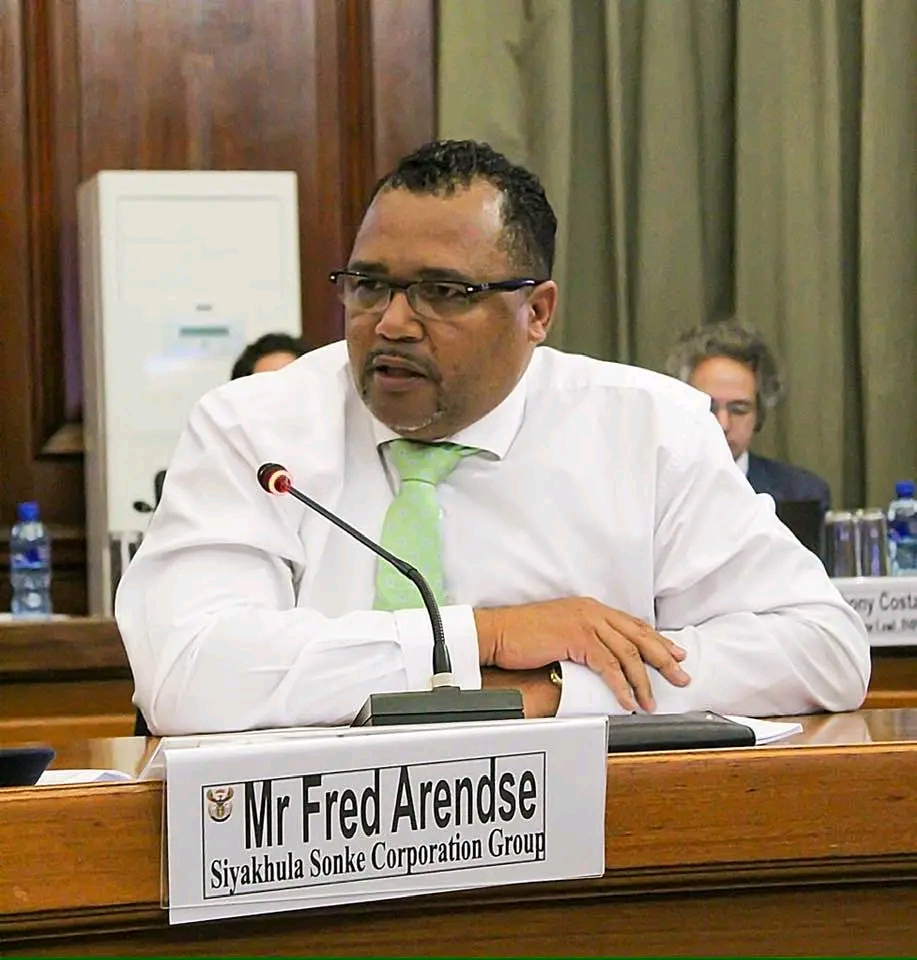 SSC clinches a hallmark R390m BEE deal from Neo Energy
SSC clinches a hallmark R390m BEE deal from Neo Energy
-
 Another investment scam arrest in the Free State
Another investment scam arrest in the Free State
-
 Municipal manager deflected SIU’s attention on his wrongdoing
Municipal manager deflected SIU’s attention on his wrongdoing
-
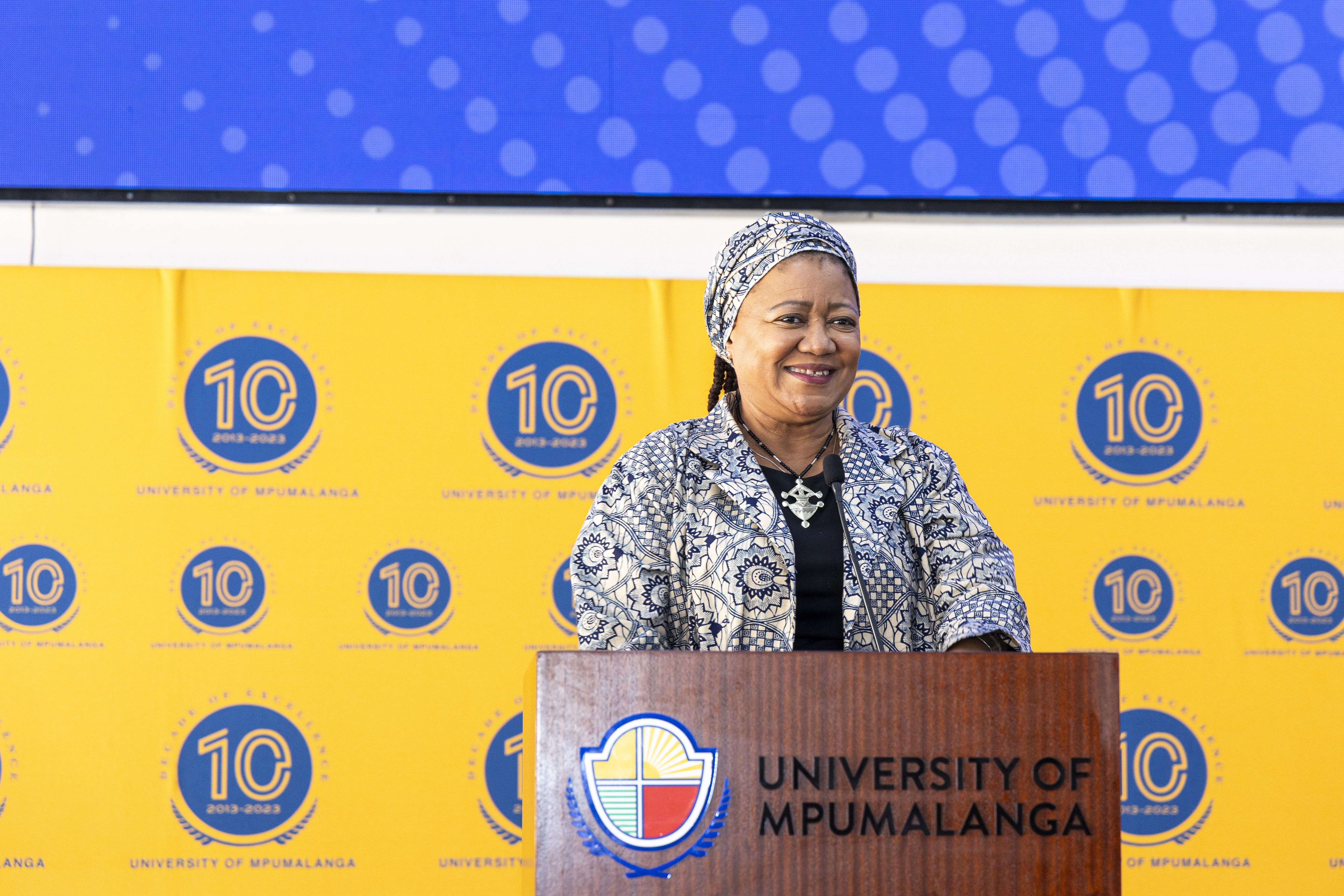 Our knowledge system assumes Africa is poor of knowledge of history, innovation and technology – Prof Segobye
Our knowledge system assumes Africa is poor of knowledge of history, innovation and technology – Prof Segobye
-
 Sekhukhune council’s negligent losses increases to R64.4 million
Sekhukhune council’s negligent losses increases to R64.4 million
-
 Mpumalanga MK Party ‘leader’ cries sexual harassment amid pressure to quit
Mpumalanga MK Party ‘leader’ cries sexual harassment amid pressure to quit
-
 Sports federations should stop being a billboard for fossil fuel companies – activists
Sports federations should stop being a billboard for fossil fuel companies – activists
-
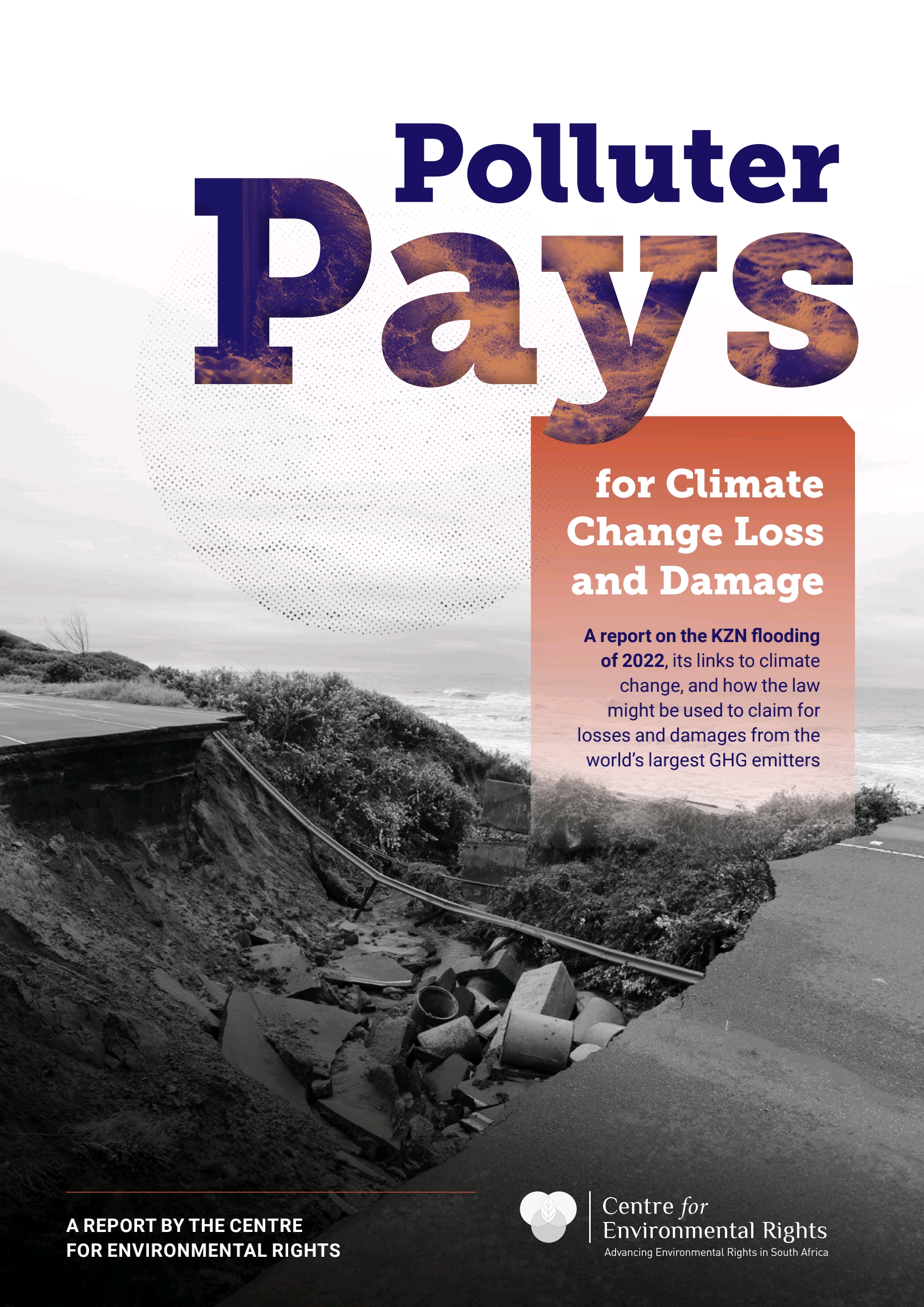 Polluters can be sued for climate change disasters – CER report
Polluters can be sued for climate change disasters – CER report
-
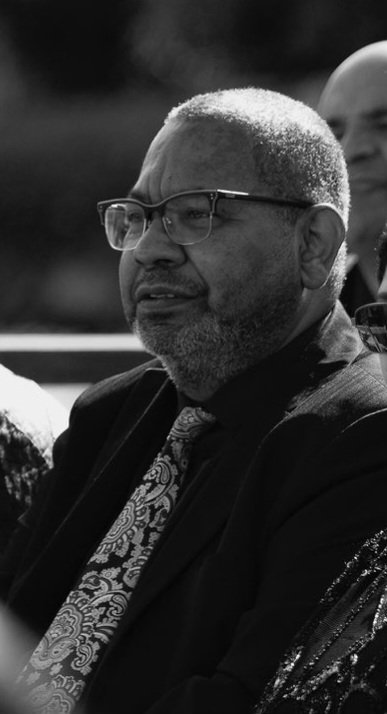 Northern Cape’s farm workers’ champion dies in car accident
Northern Cape’s farm workers’ champion dies in car accident
-
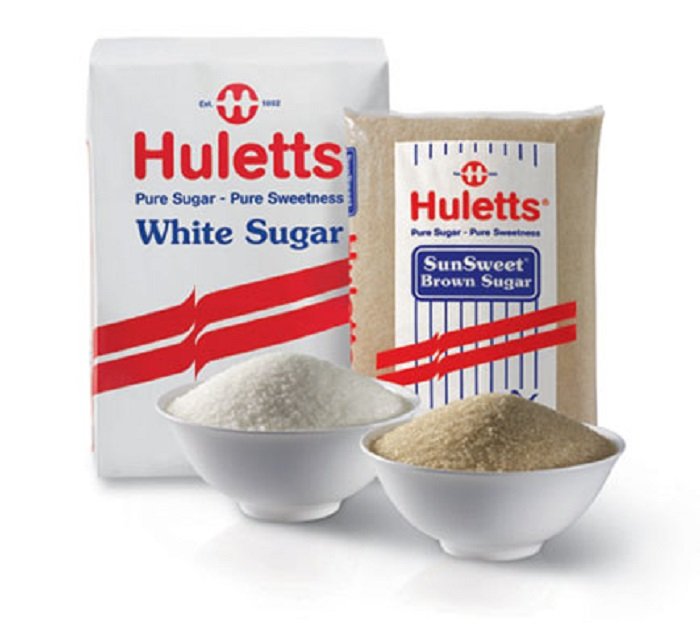 BRPs confident of Vision Investment’s rescue plan for Tongaat Hullet
BRPs confident of Vision Investment’s rescue plan for Tongaat Hullet
-
 Businessman slaps Ronald Lamola, police and NPA with R5bn claim for unlawful arrest, detention and malicious prosecution
Businessman slaps Ronald Lamola, police and NPA with R5bn claim for unlawful arrest, detention and malicious prosecution
-
 Free State Hawks pounce on ghost workers
Free State Hawks pounce on ghost workers
-
 Business chamber calls for constructive engagement as Trump threatens to cut off financial aid to SA
Business chamber calls for constructive engagement as Trump threatens to cut off financial aid to SA
-
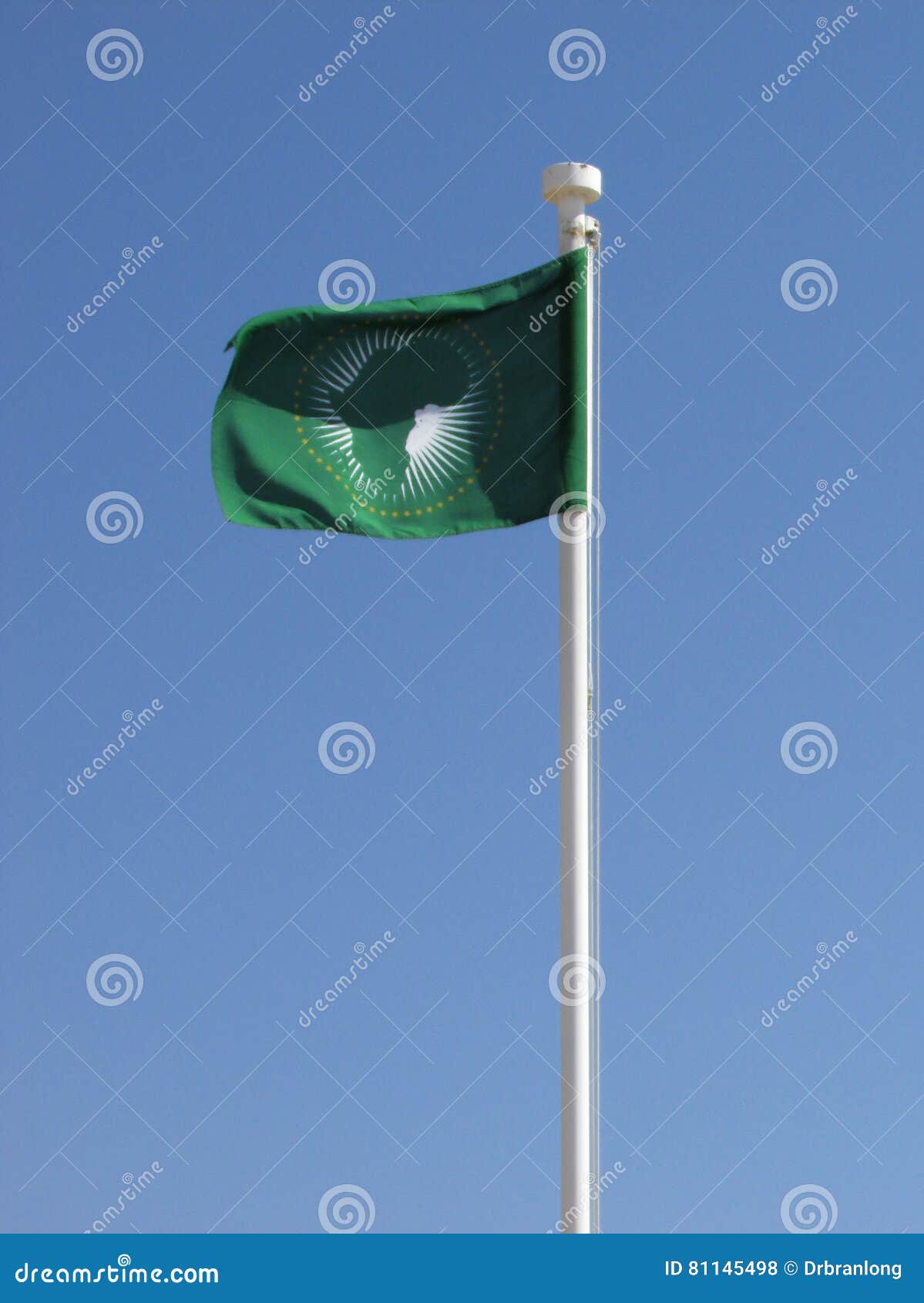 AU countries tap on the US$50 billion African market for medicines and vaccines
AU countries tap on the US$50 billion African market for medicines and vaccines
-
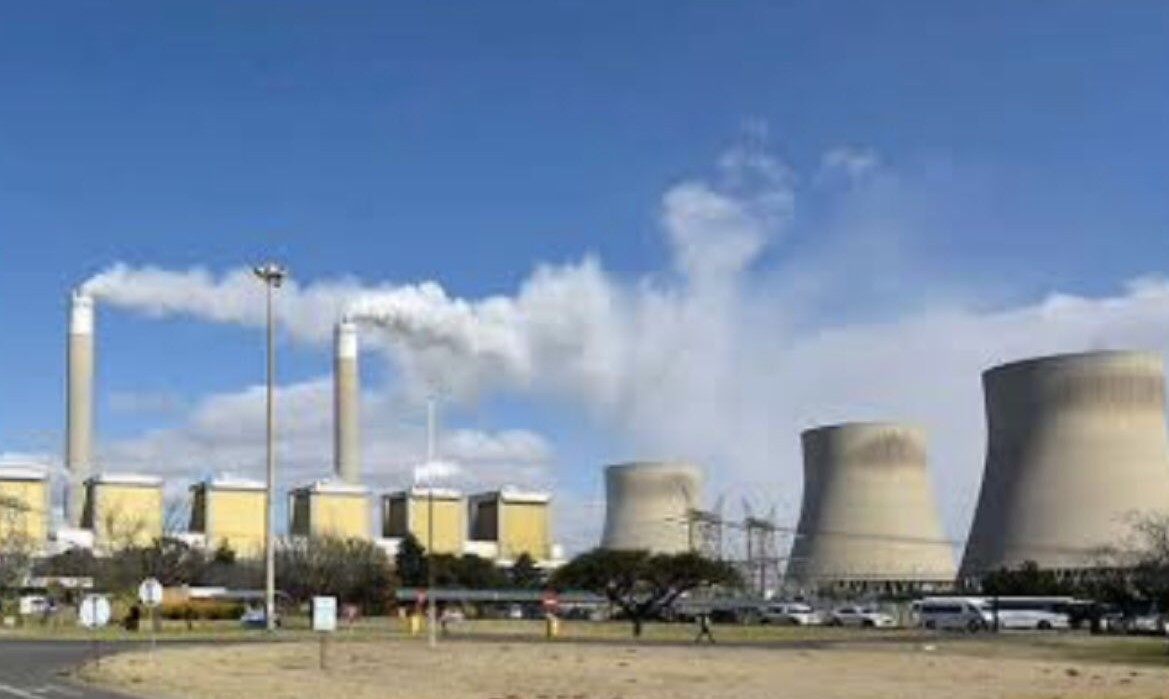 SA sits at position 47 of all countries affected by deadly air pollution
SA sits at position 47 of all countries affected by deadly air pollution
-
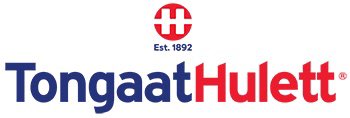 Opinion: Vision’s plan was approved without a competing business rescue plan after RGS mysteriously, but not surprisingly, withdrew
Opinion: Vision’s plan was approved without a competing business rescue plan after RGS mysteriously, but not surprisingly, withdrew
-
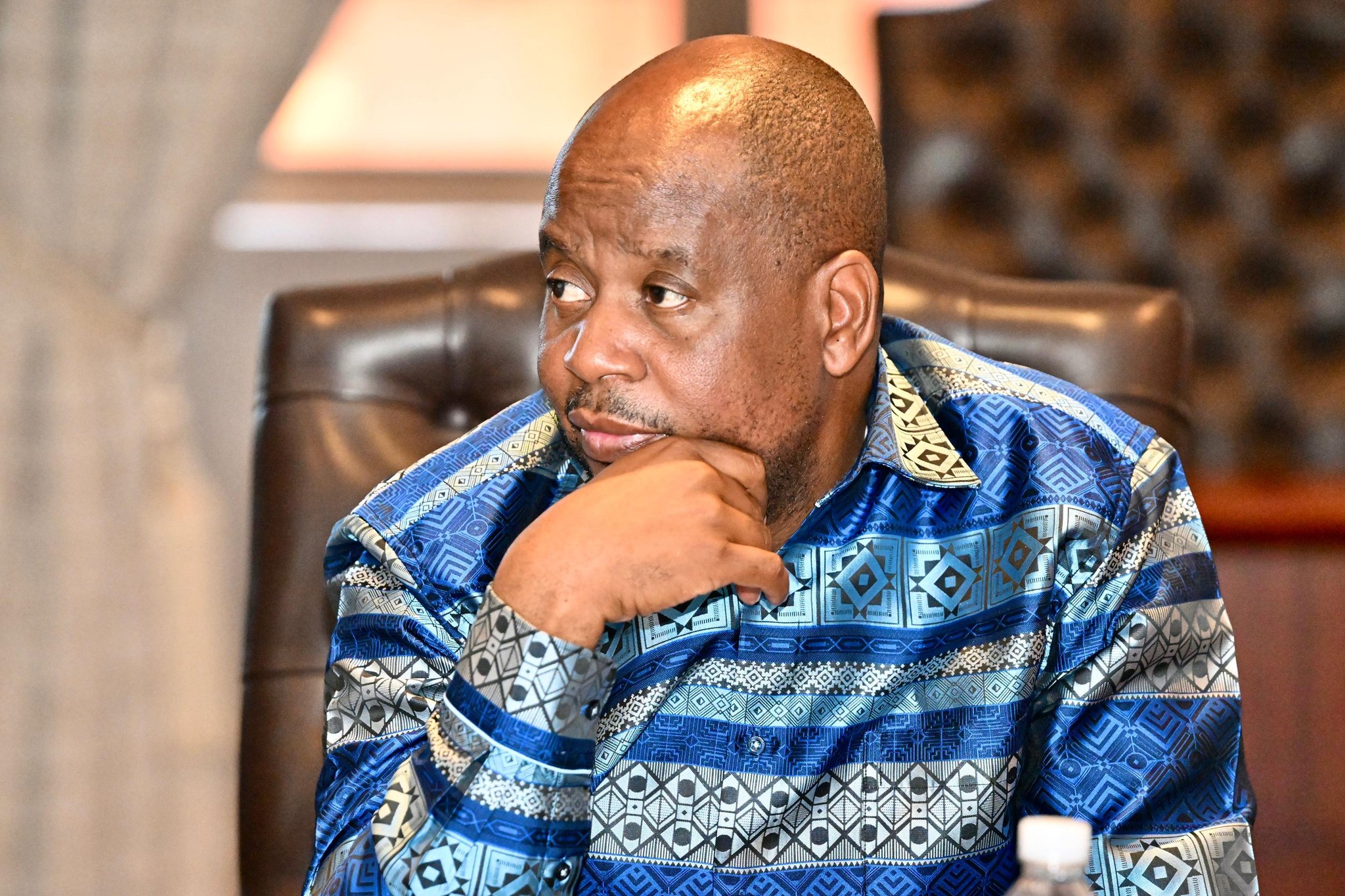 ANC infighting in Limpopo’s Waterberg region behind the tarnishing of MEC’s name
ANC infighting in Limpopo’s Waterberg region behind the tarnishing of MEC’s name
-
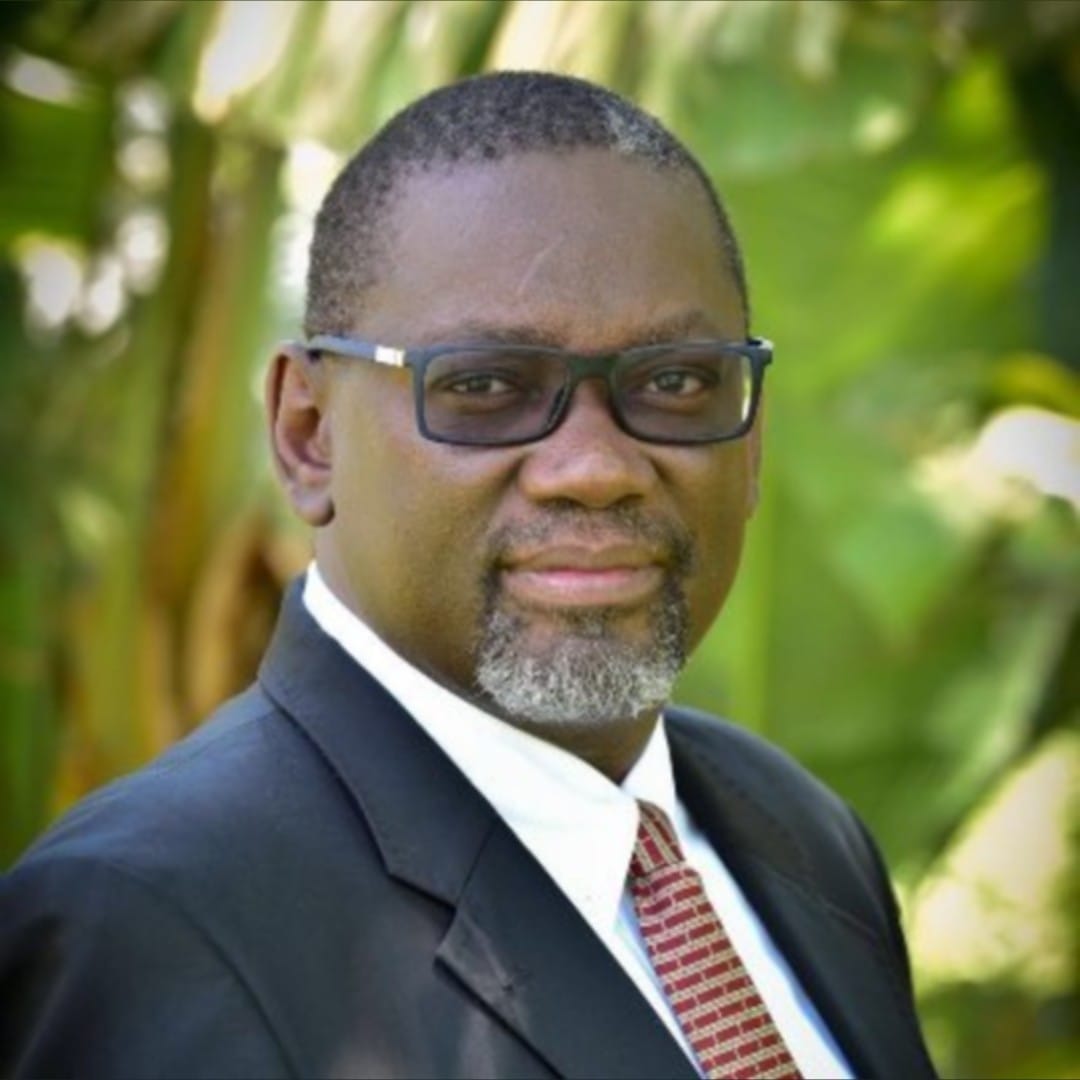 Electrical engineer slaps SIU and municipality with R1.8bn lawsuit
Electrical engineer slaps SIU and municipality with R1.8bn lawsuit
-
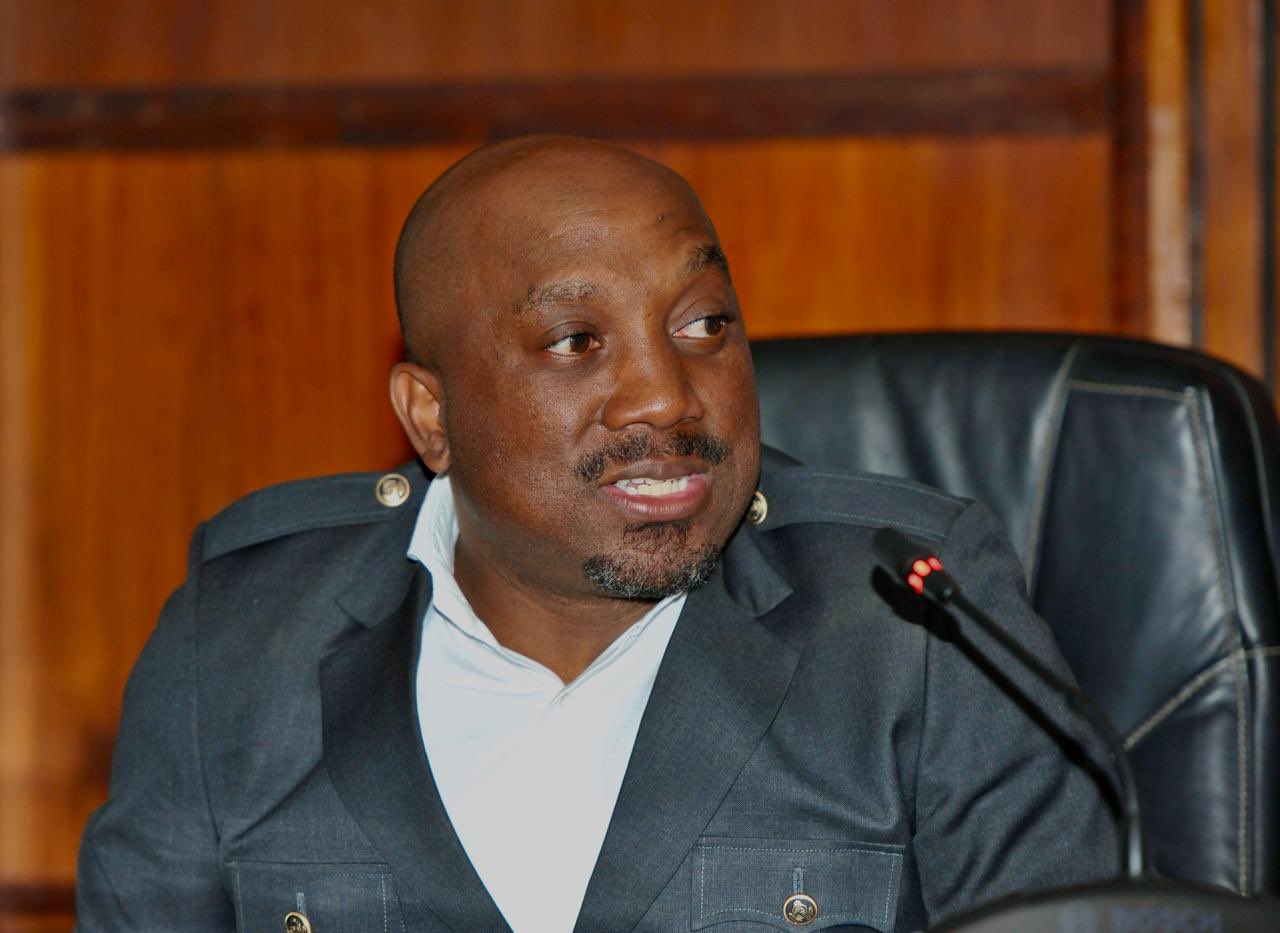 Govan Mbeki mayor still has more to answer
Govan Mbeki mayor still has more to answer
-
 Toyota not living up to the Olympics Fair Play rule
Toyota not living up to the Olympics Fair Play rule
-
 King Mswati III’s agents accused of poisoning exiled political activist
King Mswati III’s agents accused of poisoning exiled political activist
-
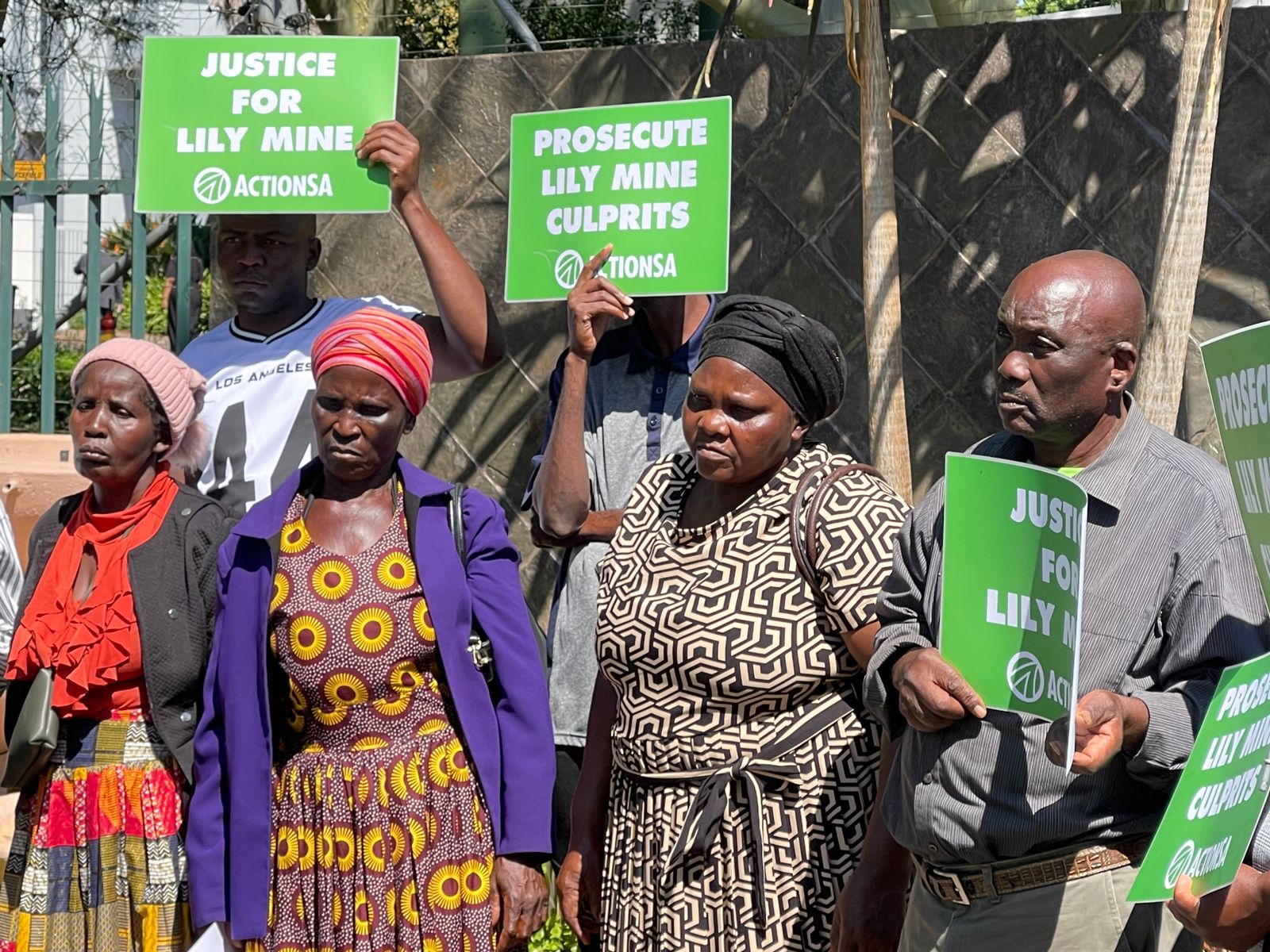 NPA’s panel likely to conduct further investigation before prosecuting on Lily Mine
NPA’s panel likely to conduct further investigation before prosecuting on Lily Mine
-
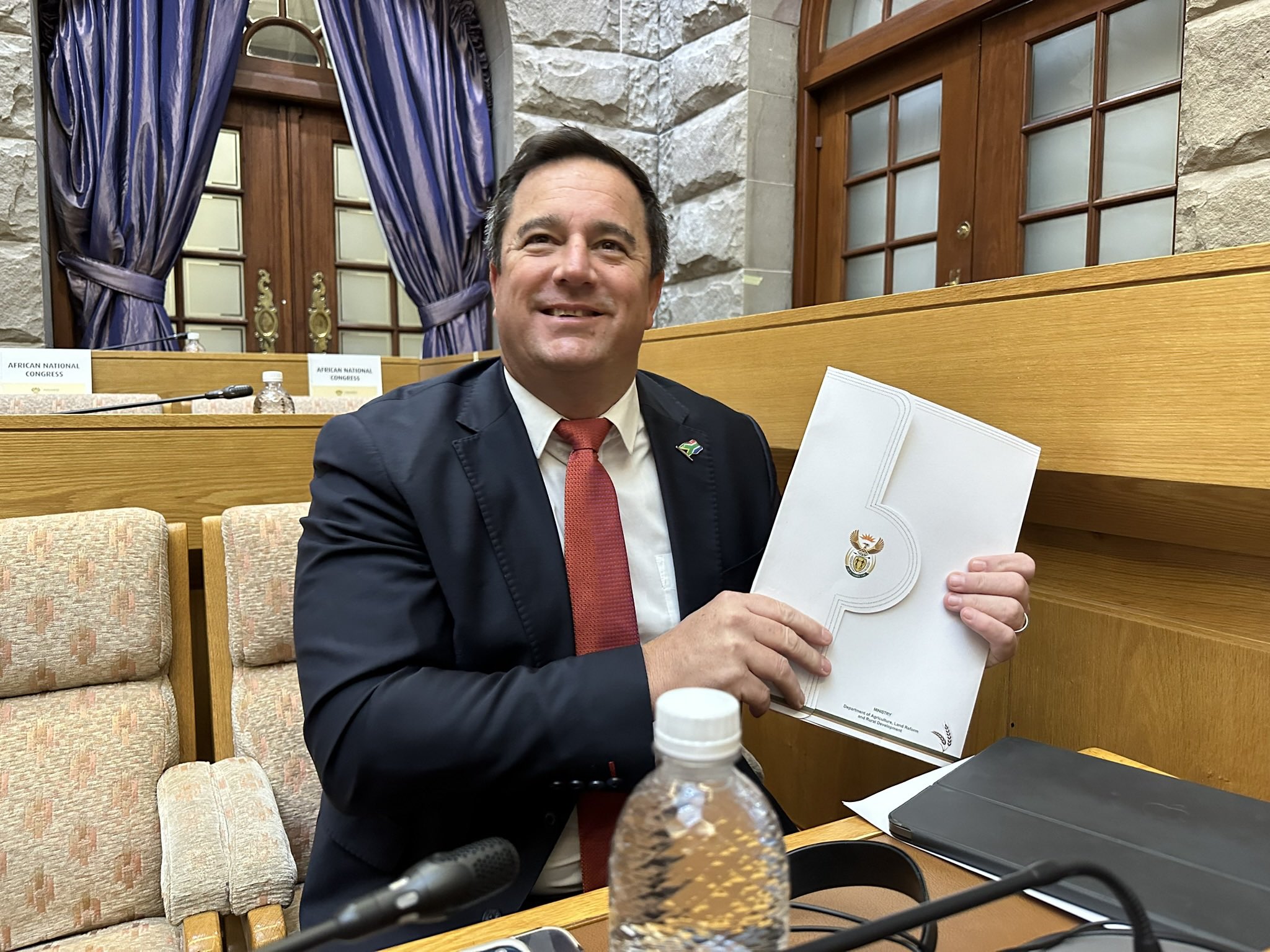 Didiza calls Steenhuisen to order on missing R500million
Didiza calls Steenhuisen to order on missing R500million
-
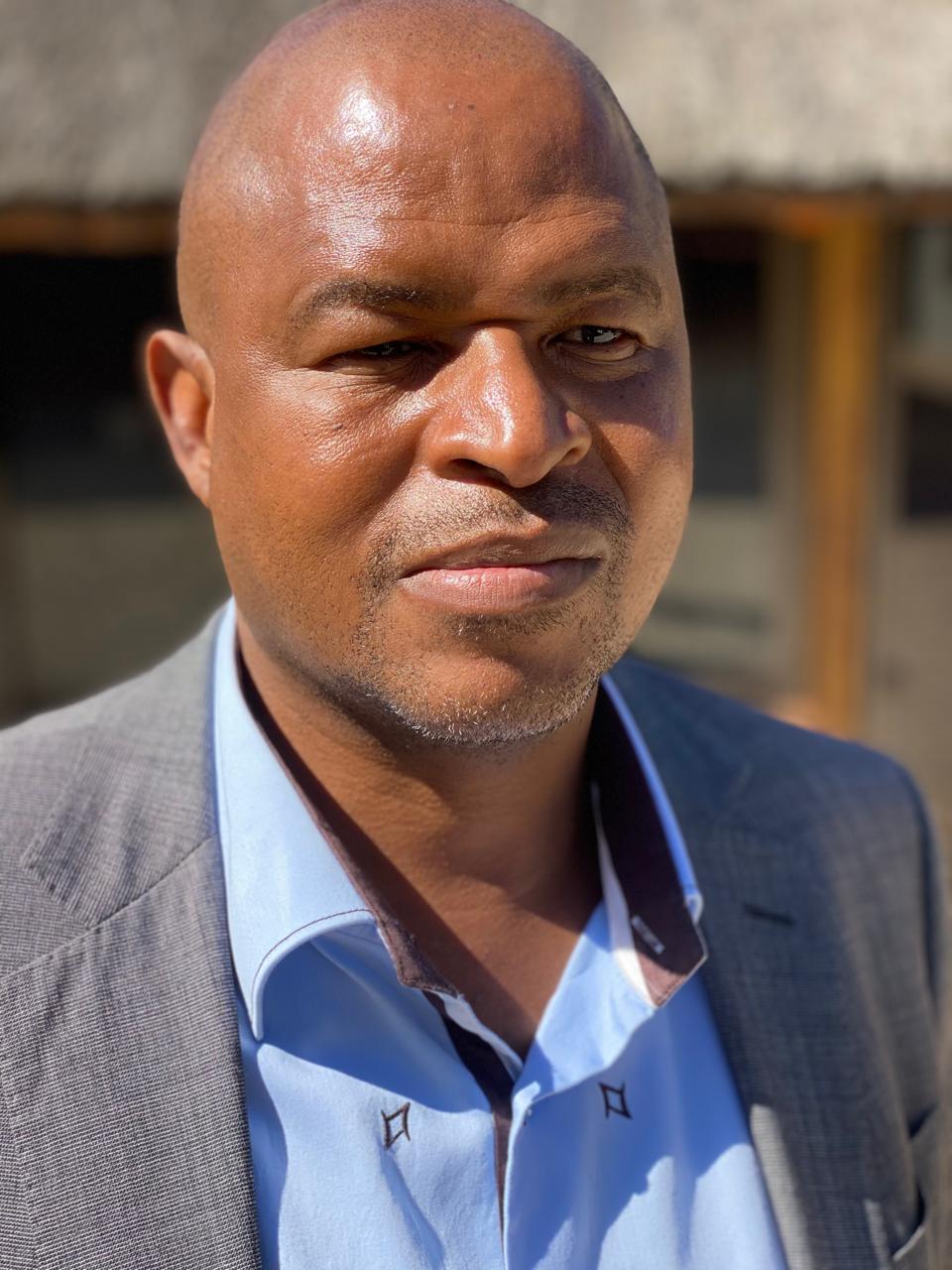 Limpopo DG used fake intelligence letter to fire spin doctor - Nehawu
Limpopo DG used fake intelligence letter to fire spin doctor - Nehawu
-
 UCT student turns craving for kota into thriving business
UCT student turns craving for kota into thriving business
-
 Macie shines spotlight on Mpumalanga political killings
Macie shines spotlight on Mpumalanga political killings
-
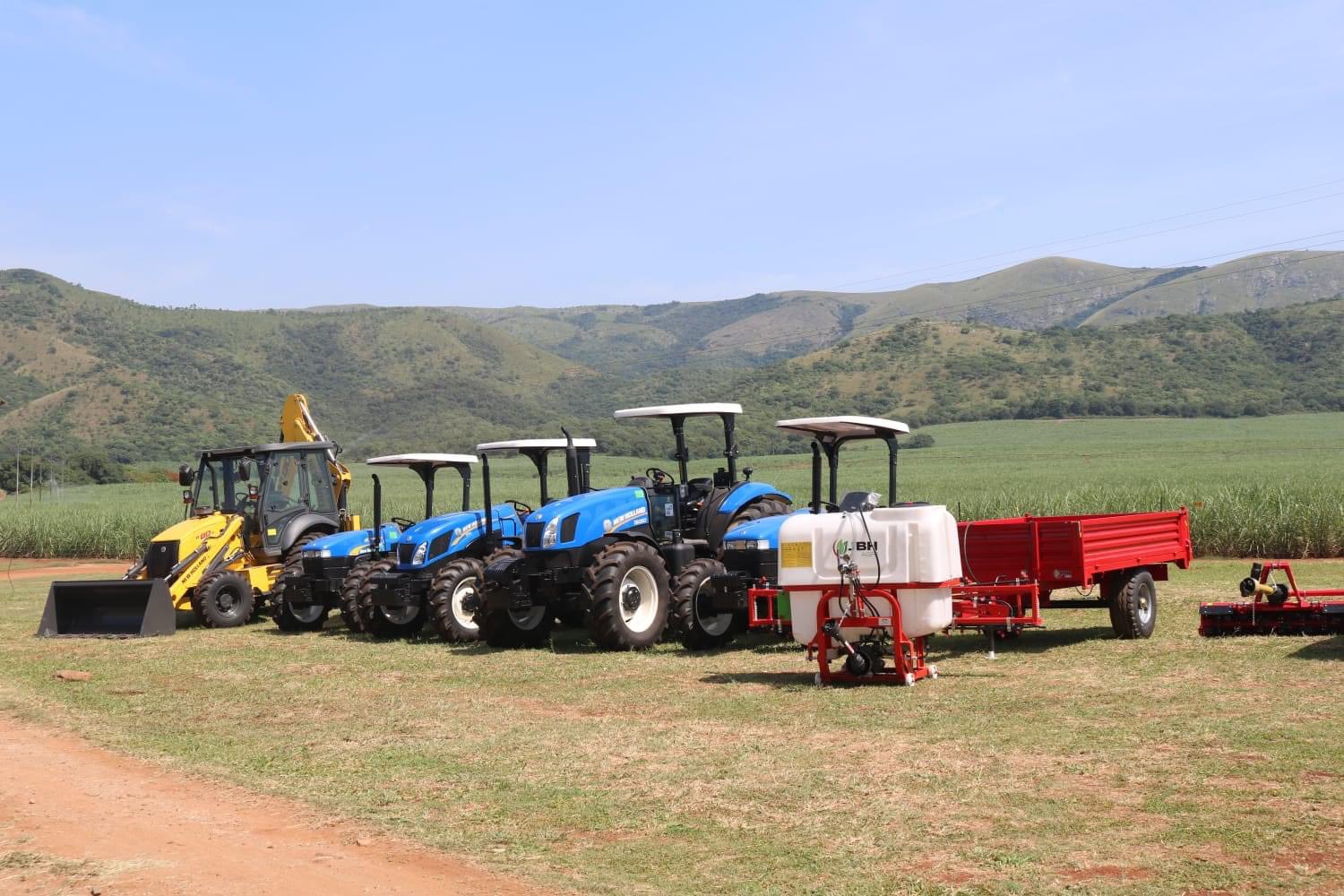 Government relegates landowners into children with amended law
Government relegates landowners into children with amended law
-
 Ekurhuleni City’s finance MMC and CIO clash over billing system
Ekurhuleni City’s finance MMC and CIO clash over billing system
-
 Four ANC-led provinces will have new premiers, besieged Phophi Ramathuba among them
Four ANC-led provinces will have new premiers, besieged Phophi Ramathuba among them
-
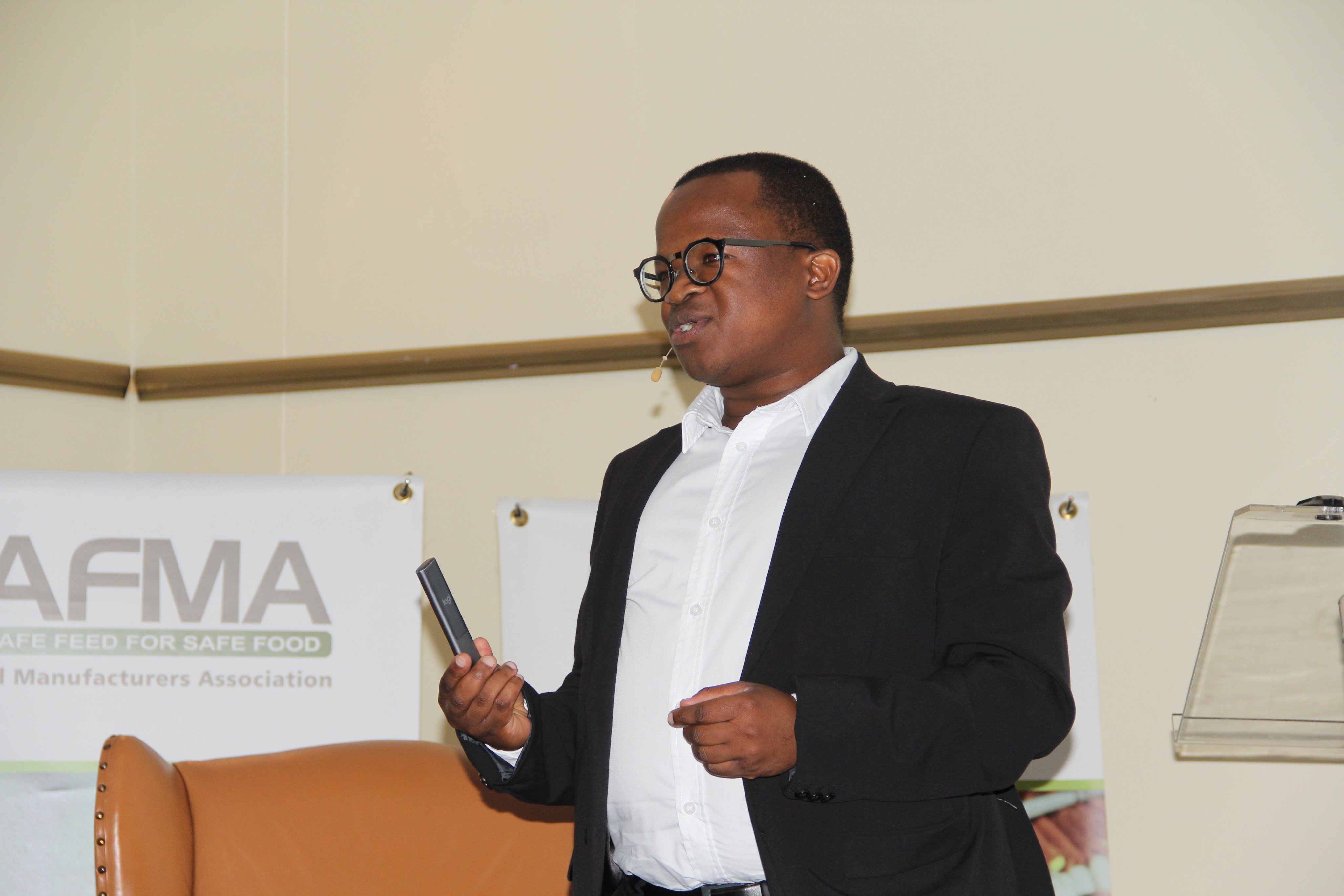 Drought has caused job losses in agriculture
Drought has caused job losses in agriculture
-
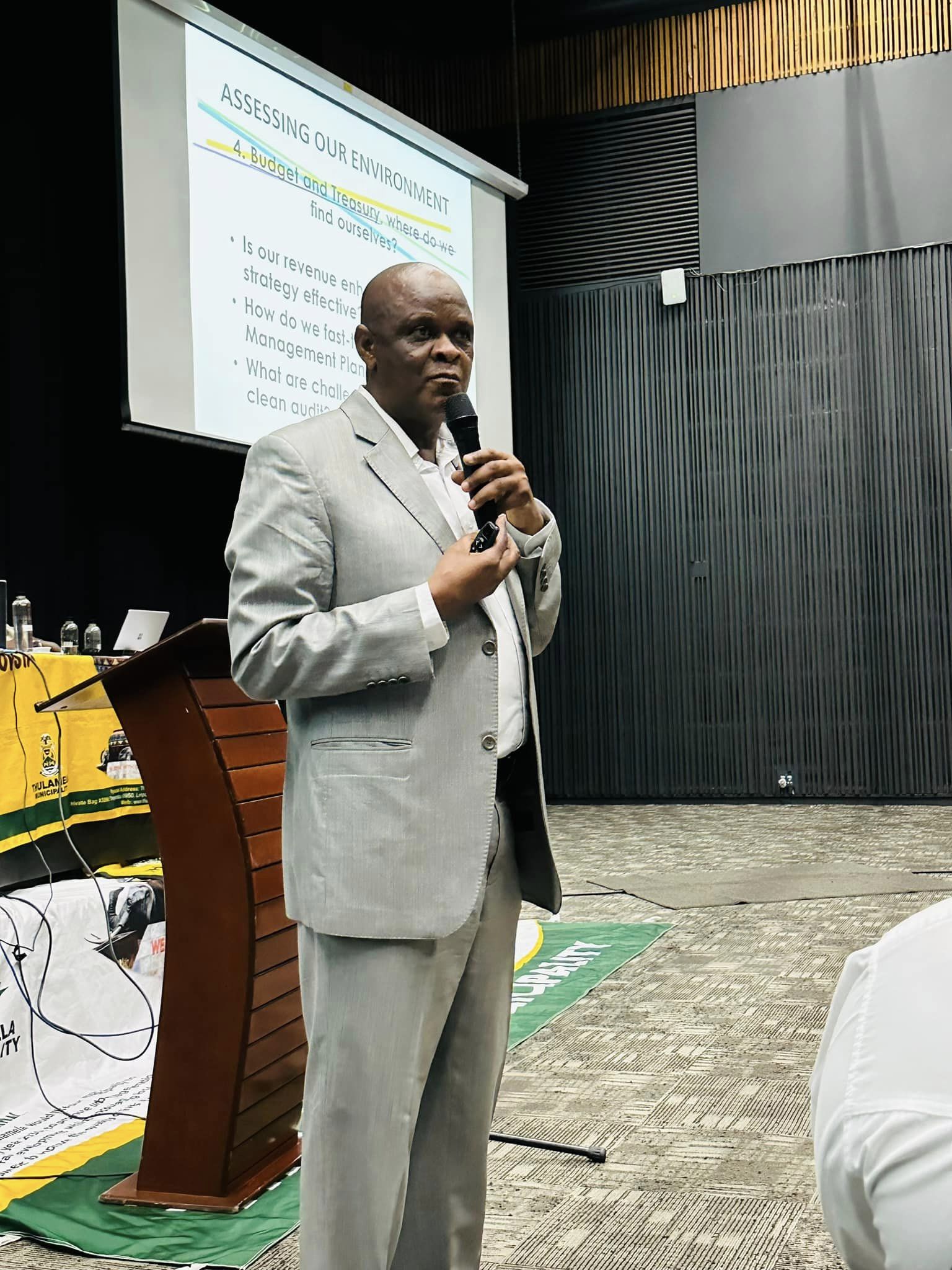 Hawks pounce on Thulamela municipal officials, confiscate electronic devices
Hawks pounce on Thulamela municipal officials, confiscate electronic devices
-
CETA to appear before Parliament on litany of allegations
-
 Free State police act harshly on get-rich quick scammers
Free State police act harshly on get-rich quick scammers
-
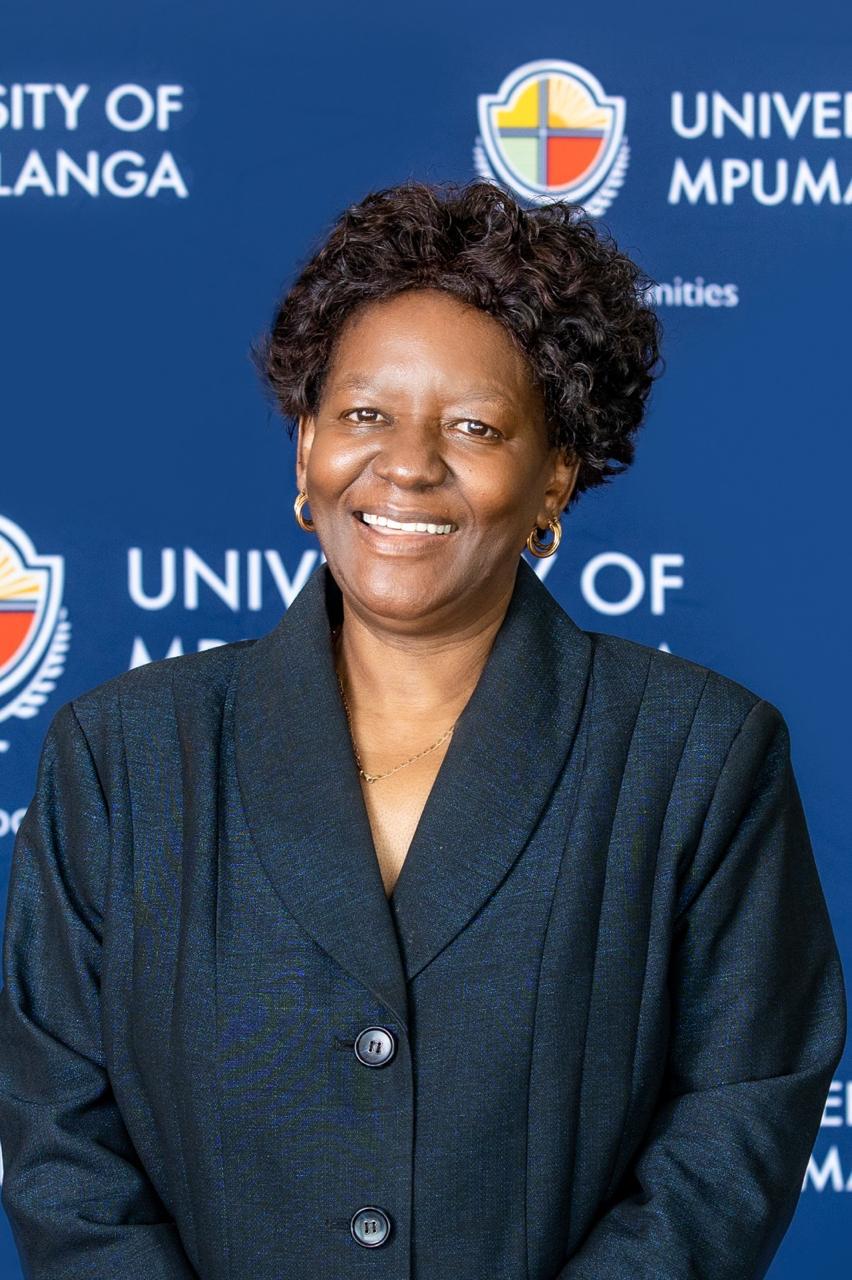 UMP on a hunt for a vice-chancellor, UCT appoints acclaimed medicine scholar
UMP on a hunt for a vice-chancellor, UCT appoints acclaimed medicine scholar
-
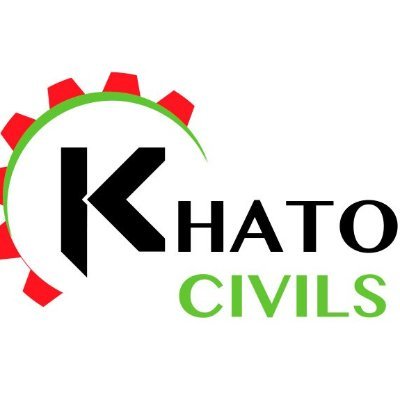 SA company on track to complete biggest water treatment plant in SADC region
SA company on track to complete biggest water treatment plant in SADC region
-
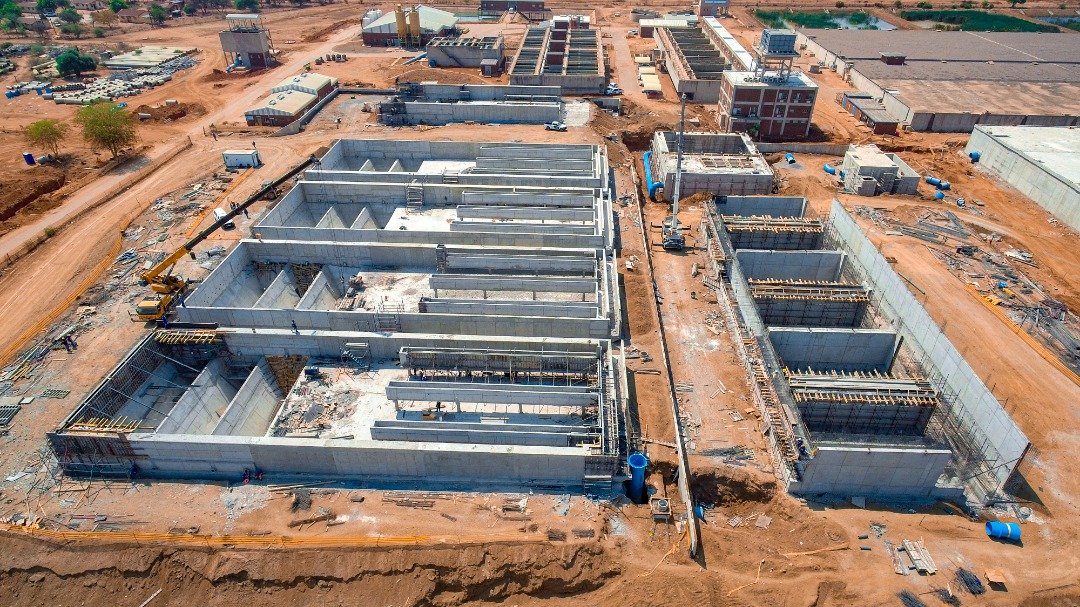 Khato Civils delivers SADC’s largest Water Treatment Plant
Khato Civils delivers SADC’s largest Water Treatment Plant
-
 R1.6 bn Eskom bill, R500m Chinese substation chokes Mpumalanga municipality until 2039
R1.6 bn Eskom bill, R500m Chinese substation chokes Mpumalanga municipality until 2039
-
 UCT students’ call-up to the Springboks
UCT students’ call-up to the Springboks
-
 Another racist murder in Delmas
Another racist murder in Delmas
-
 Cubana Maritzburg to close down after landlord decides to accommodate government offices
Cubana Maritzburg to close down after landlord decides to accommodate government offices
-
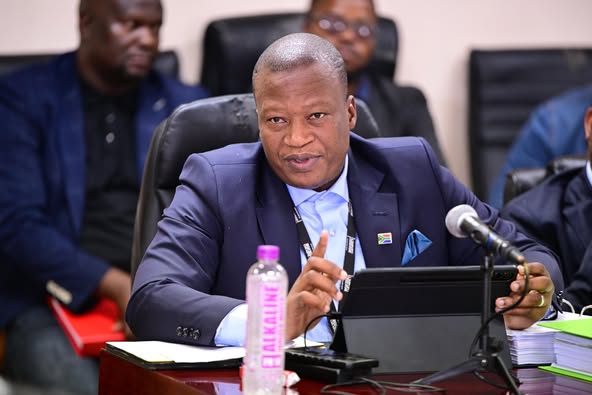 Stumbling block out of Rachoene’s way to appoint Road Agency Limpopo board
Stumbling block out of Rachoene’s way to appoint Road Agency Limpopo board
-
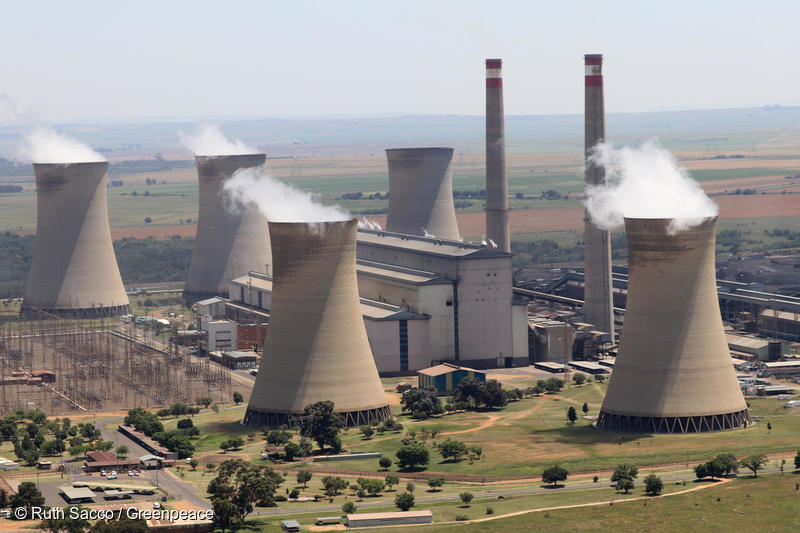 Africa’s large economies are also the major air polluters accounting for 1.1 million premature deaths – report
Africa’s large economies are also the major air polluters accounting for 1.1 million premature deaths – report
-
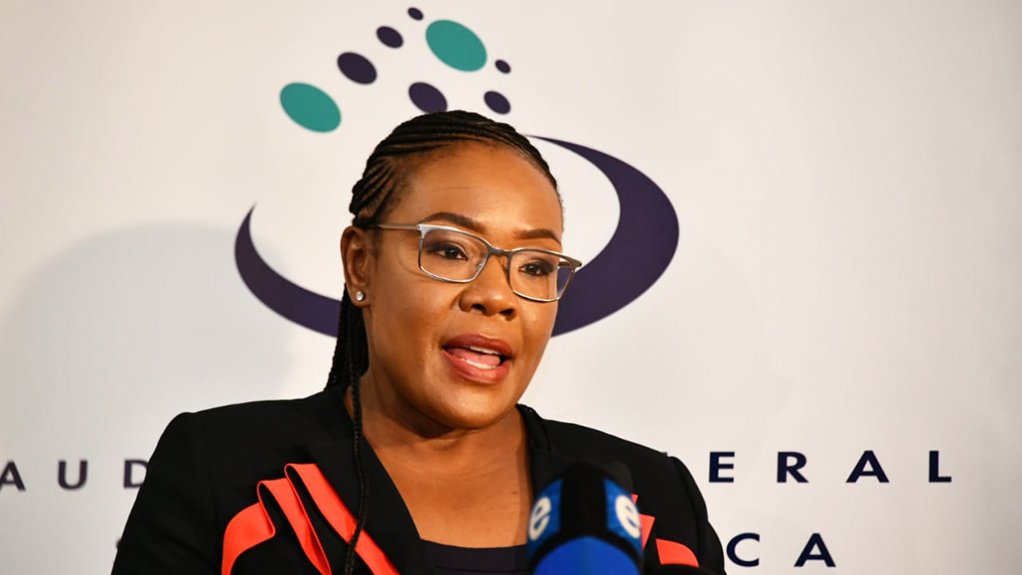 Poor financial health may see more metros being downgraded by rating agencies – AG
Poor financial health may see more metros being downgraded by rating agencies – AG
-
 Investment conference pledges massive green energy projects for Limpopo
Investment conference pledges massive green energy projects for Limpopo
-
 Welcome to Sekhukhune district municipality where officials get into the bank account and transfer cash
Welcome to Sekhukhune district municipality where officials get into the bank account and transfer cash
-
 ‘Libyan military trainees are a threat to SA’s internal security’ – ISS
‘Libyan military trainees are a threat to SA’s internal security’ – ISS
-
 Limpopo ANC PEC distances itself from Thabazimbi scuffle for power
Limpopo ANC PEC distances itself from Thabazimbi scuffle for power
-
 DA-led coalition wins Thabazimbi after the ANC failed another court bid
DA-led coalition wins Thabazimbi after the ANC failed another court bid
-
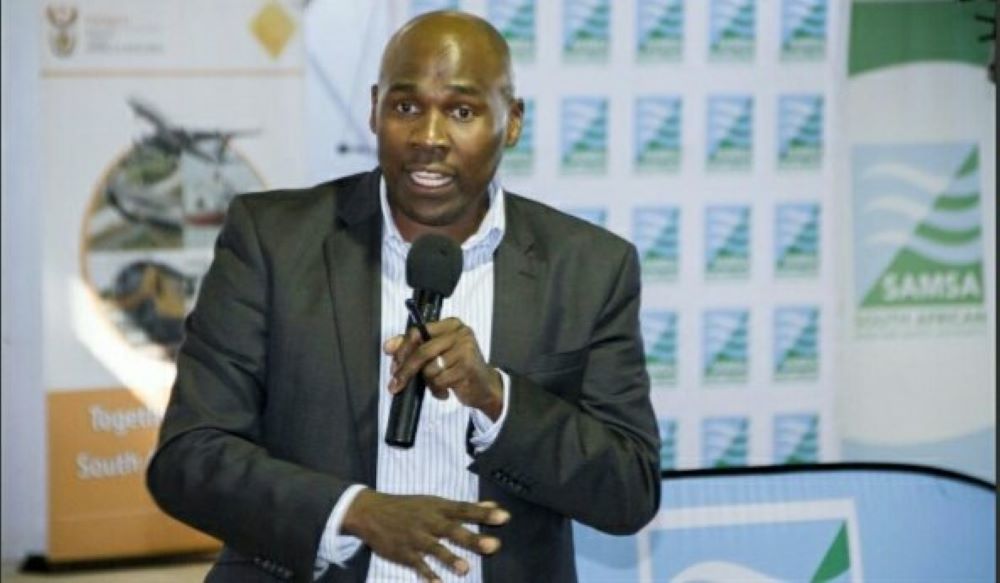 SAMSA COO foisted BEE partner on bunkering company illegally – court confirms
SAMSA COO foisted BEE partner on bunkering company illegally – court confirms
-
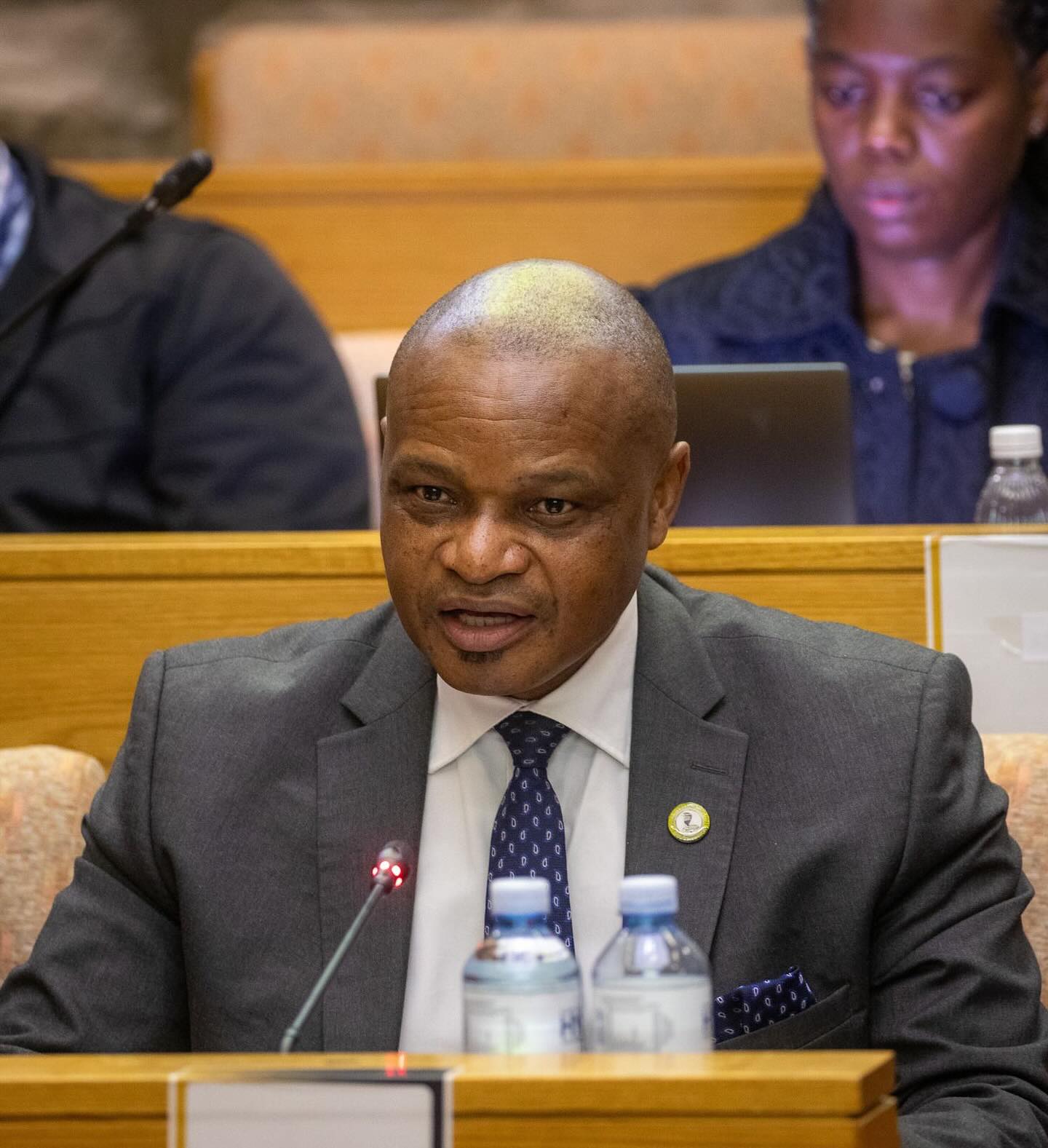 Mpumalanga human settlements officials must be suspended for inflating prices - DA
Mpumalanga human settlements officials must be suspended for inflating prices - DA
-
 Use of drugs to cope with unpleasant feelings rather than socialising lead adolescents to abuse – UCT study
Use of drugs to cope with unpleasant feelings rather than socialising lead adolescents to abuse – UCT study
-
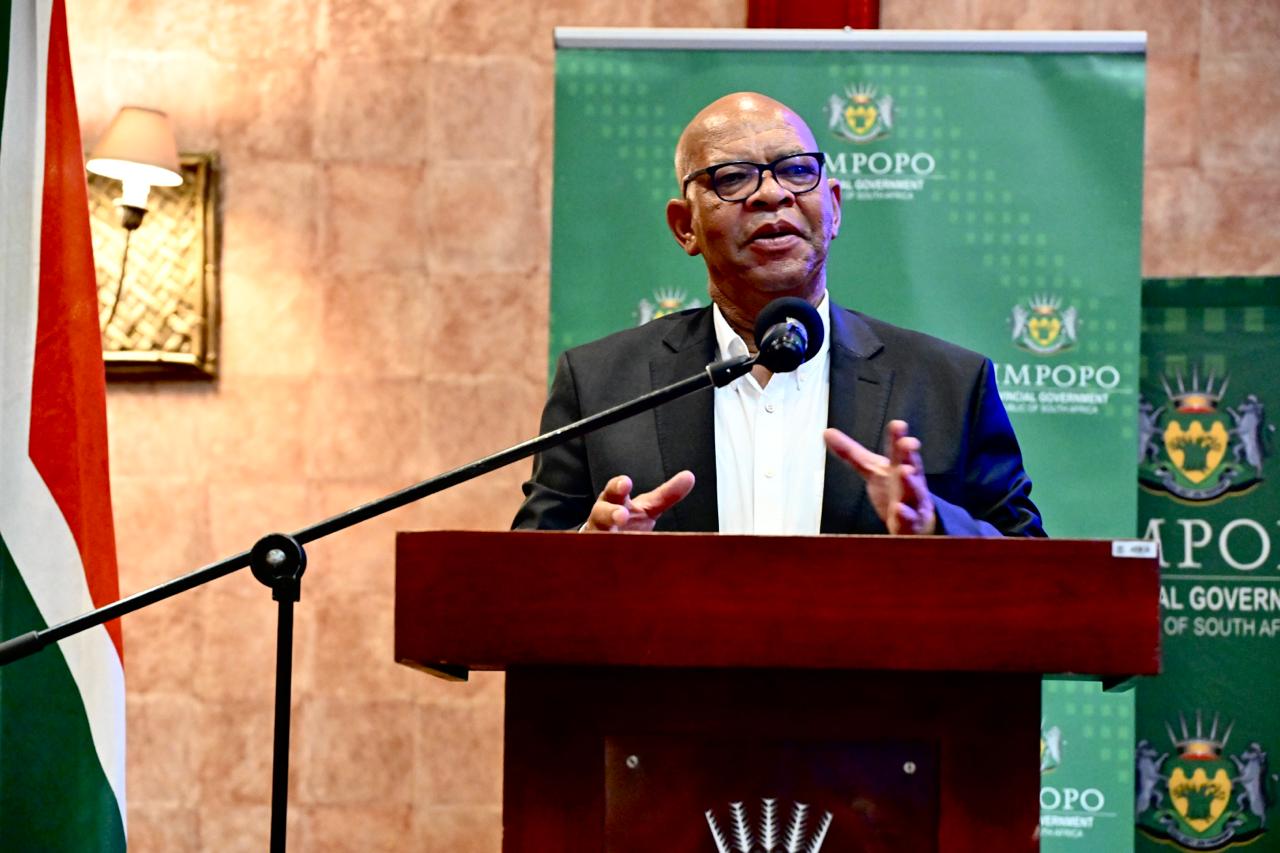 MP Joe Maswanganyi's relative fails a Concourt bid to remain chief in Limpopo
MP Joe Maswanganyi's relative fails a Concourt bid to remain chief in Limpopo
-
 Global entrepreneur Robert Gumede, partners make a sweet move by snatching top CEO for Tongaat Hullets
Global entrepreneur Robert Gumede, partners make a sweet move by snatching top CEO for Tongaat Hullets
-
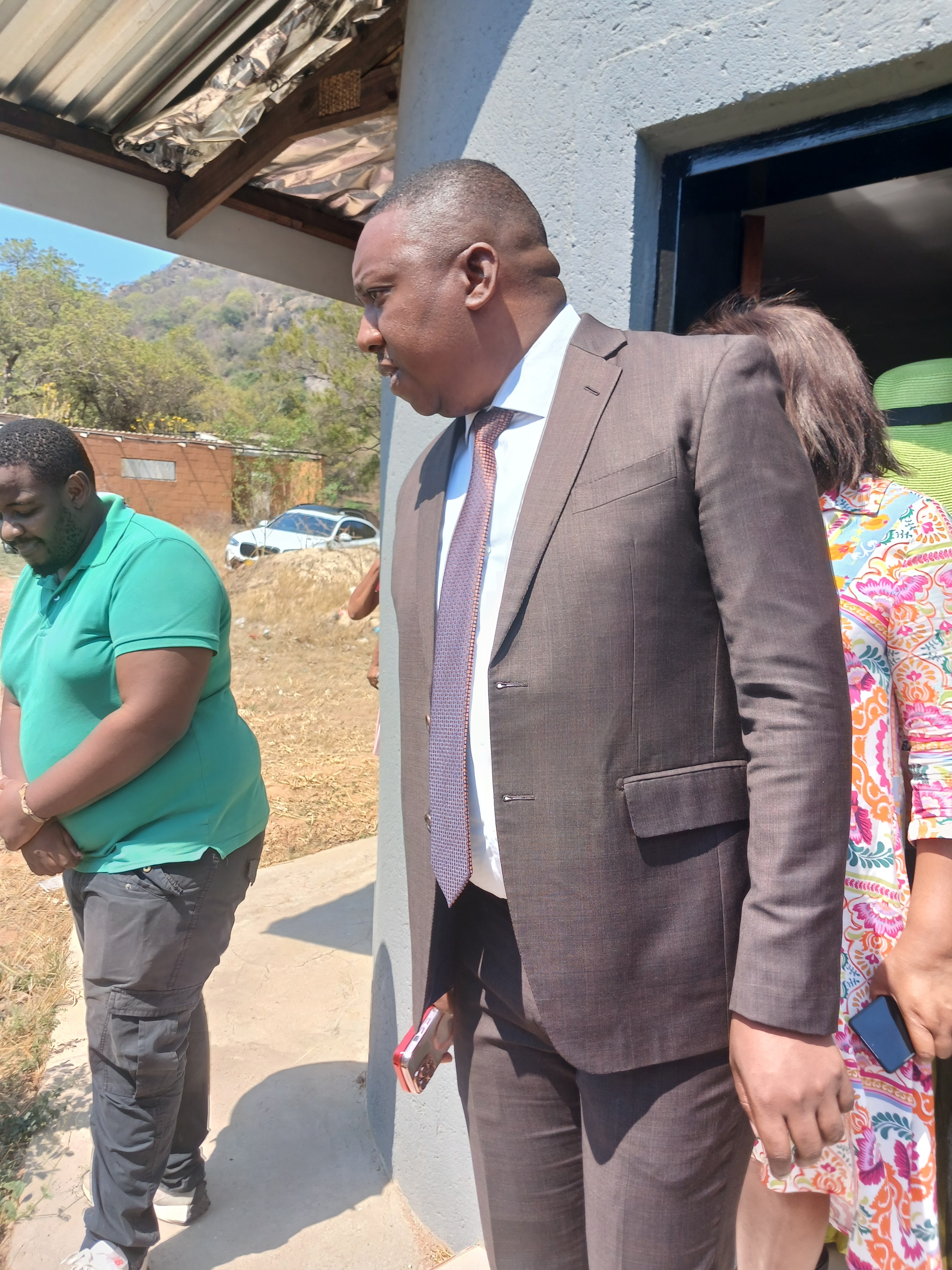 MAMPARAGATE: Officials awarded tenders to the most expensive bidders
MAMPARAGATE: Officials awarded tenders to the most expensive bidders
-
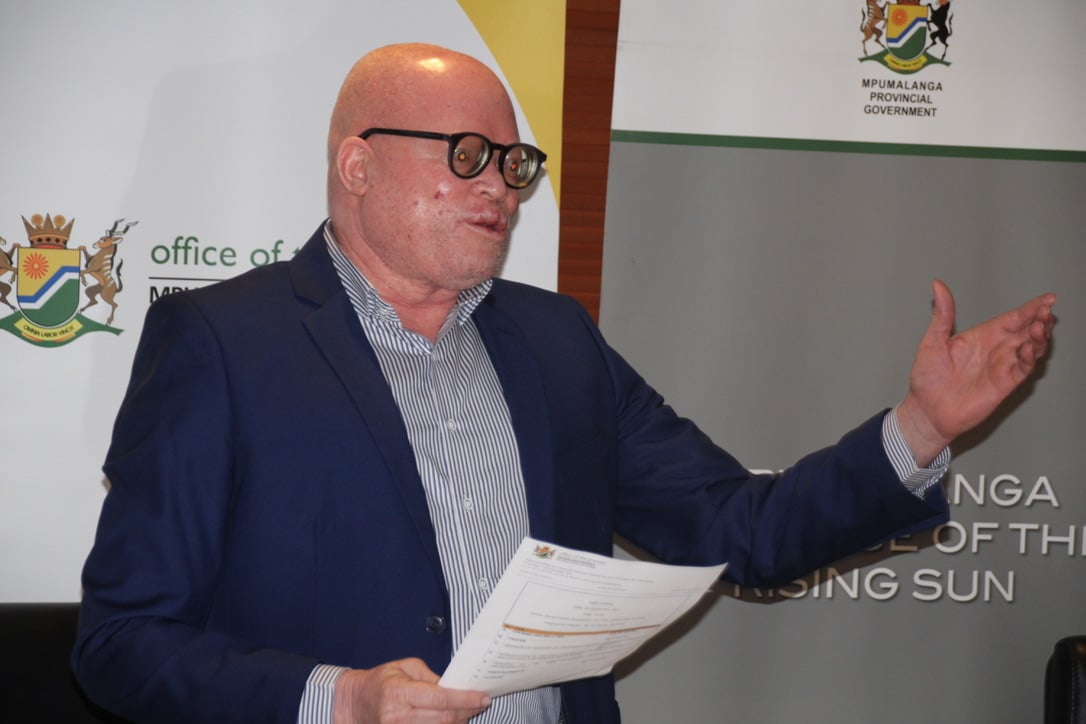 Mpumalanga DG left his job as province became wilder again with shootings of officials
Mpumalanga DG left his job as province became wilder again with shootings of officials
-
 NCOP’s record vindicates electrical engineer on SIU’s claim of overcharging in electrification project
NCOP’s record vindicates electrical engineer on SIU’s claim of overcharging in electrification project
-
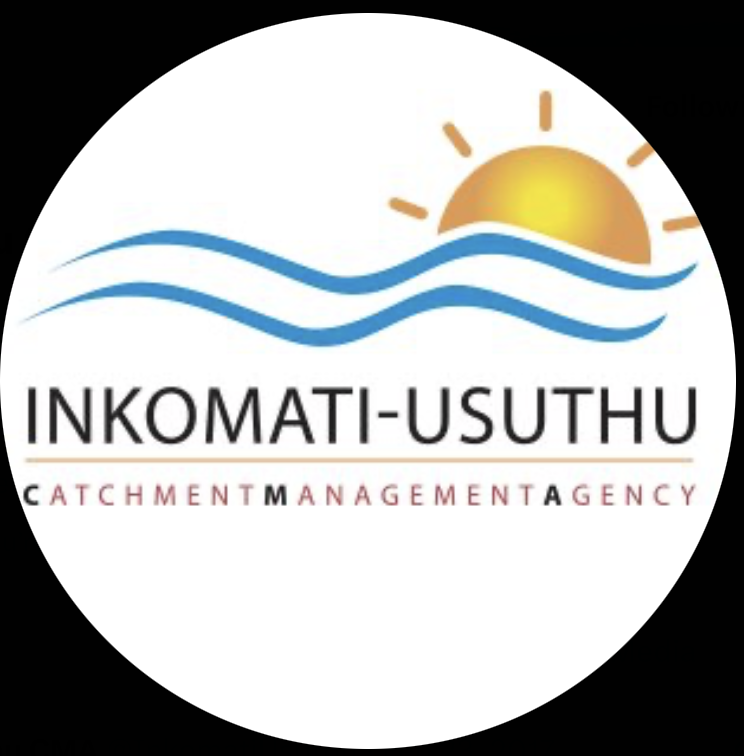 Directors shield acting CEO accused of flouting procurement processes and having a questionable status to work in SA
Directors shield acting CEO accused of flouting procurement processes and having a questionable status to work in SA
-
SSC Group acquires 100% shareholding of mine exploration giant
-
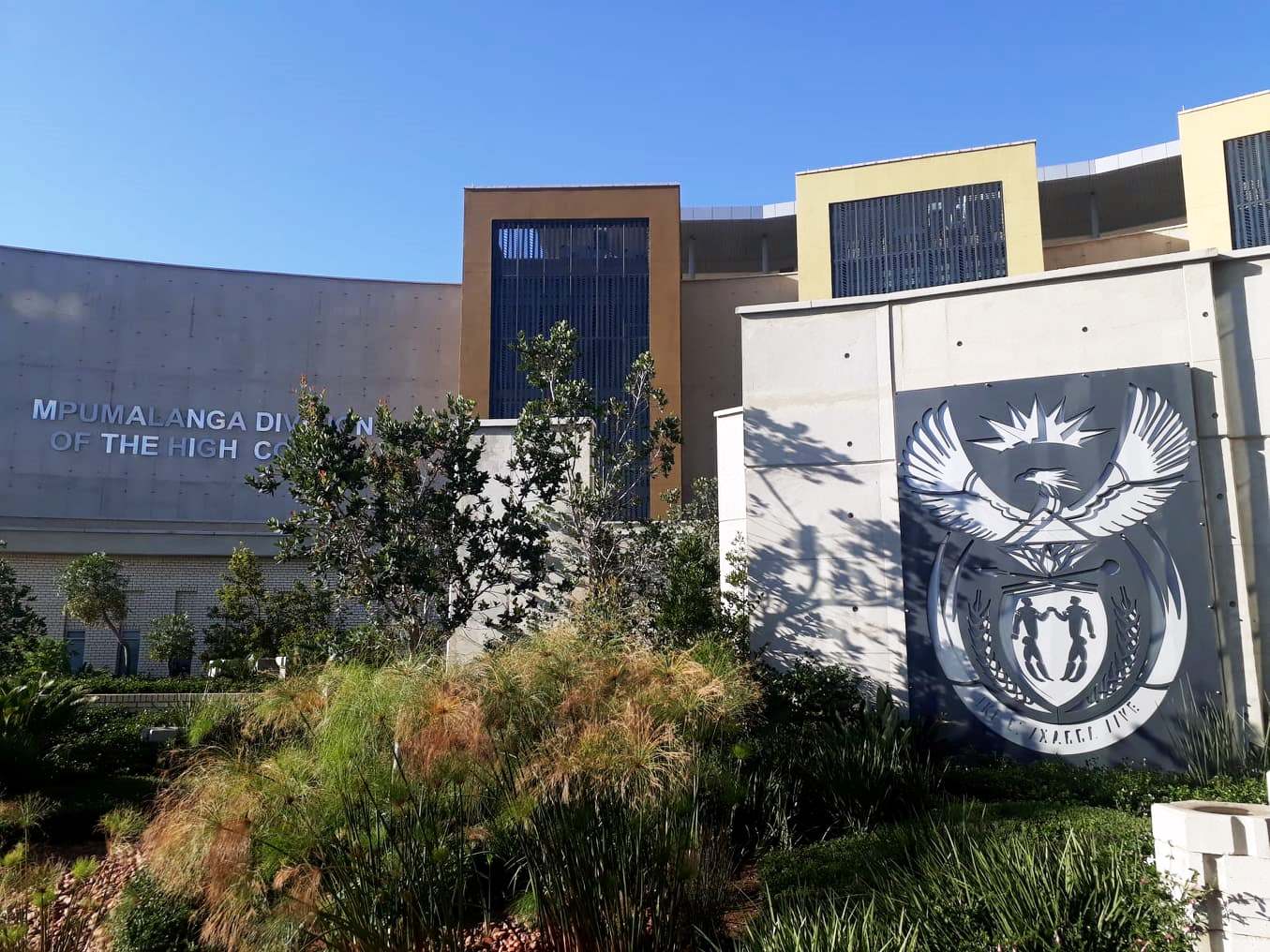 Basic Education’s legal team studying court judgment ordering the release of cheating learners’ results
Basic Education’s legal team studying court judgment ordering the release of cheating learners’ results
-
 Municipality pays R131.6m to an irregularly appointed security company even after its illegal contract had expired
Municipality pays R131.6m to an irregularly appointed security company even after its illegal contract had expired
-
 Former Zim vice-president leaves embattled son alone as he withdraws from a lawsuit against Welshman Ncube
Former Zim vice-president leaves embattled son alone as he withdraws from a lawsuit against Welshman Ncube
-
 Bafana Bafana legend to lead UCT’s women’s team
Bafana Bafana legend to lead UCT’s women’s team
-
 ‘I want my abandoned siblings to be recognised in the royal family’ – Royal Bafokeng throne claimant
‘I want my abandoned siblings to be recognised in the royal family’ – Royal Bafokeng throne claimant
-
 Mantashe’s son’s ‘appointment’ to a SETA board sees EFF MP thrown out of meeting
Mantashe’s son’s ‘appointment’ to a SETA board sees EFF MP thrown out of meeting
-
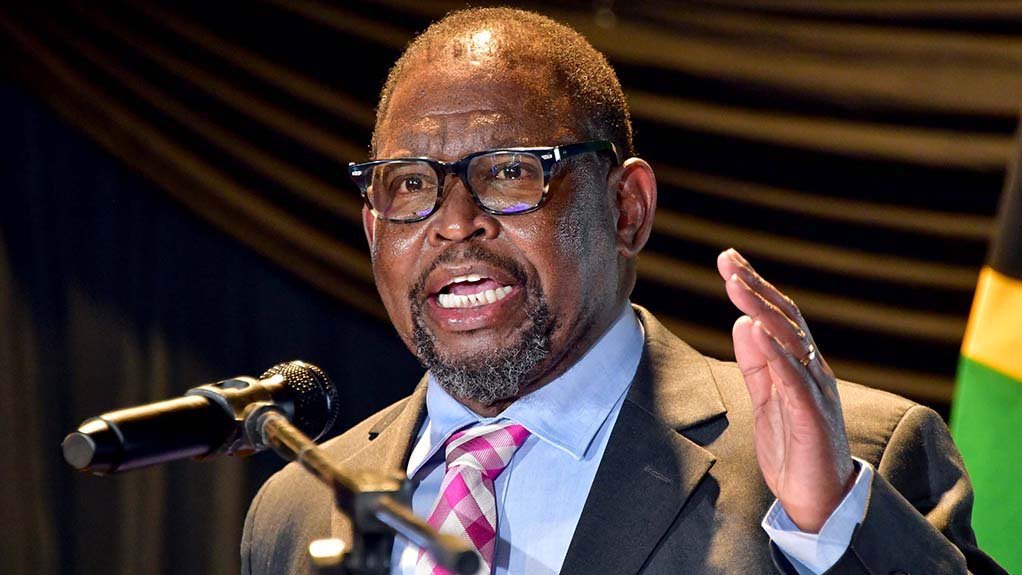 Even a modest VAT increase can have a devastating impact on low-income households
Even a modest VAT increase can have a devastating impact on low-income households
-
 ‘Take down defamatory posts or face litigation’ – MP education MEC warns Sedibe
‘Take down defamatory posts or face litigation’ – MP education MEC warns Sedibe
-
 Limpopo DG must resign for abandoning report about a director who jazzed up his CV – Nehawu
Limpopo DG must resign for abandoning report about a director who jazzed up his CV – Nehawu
-
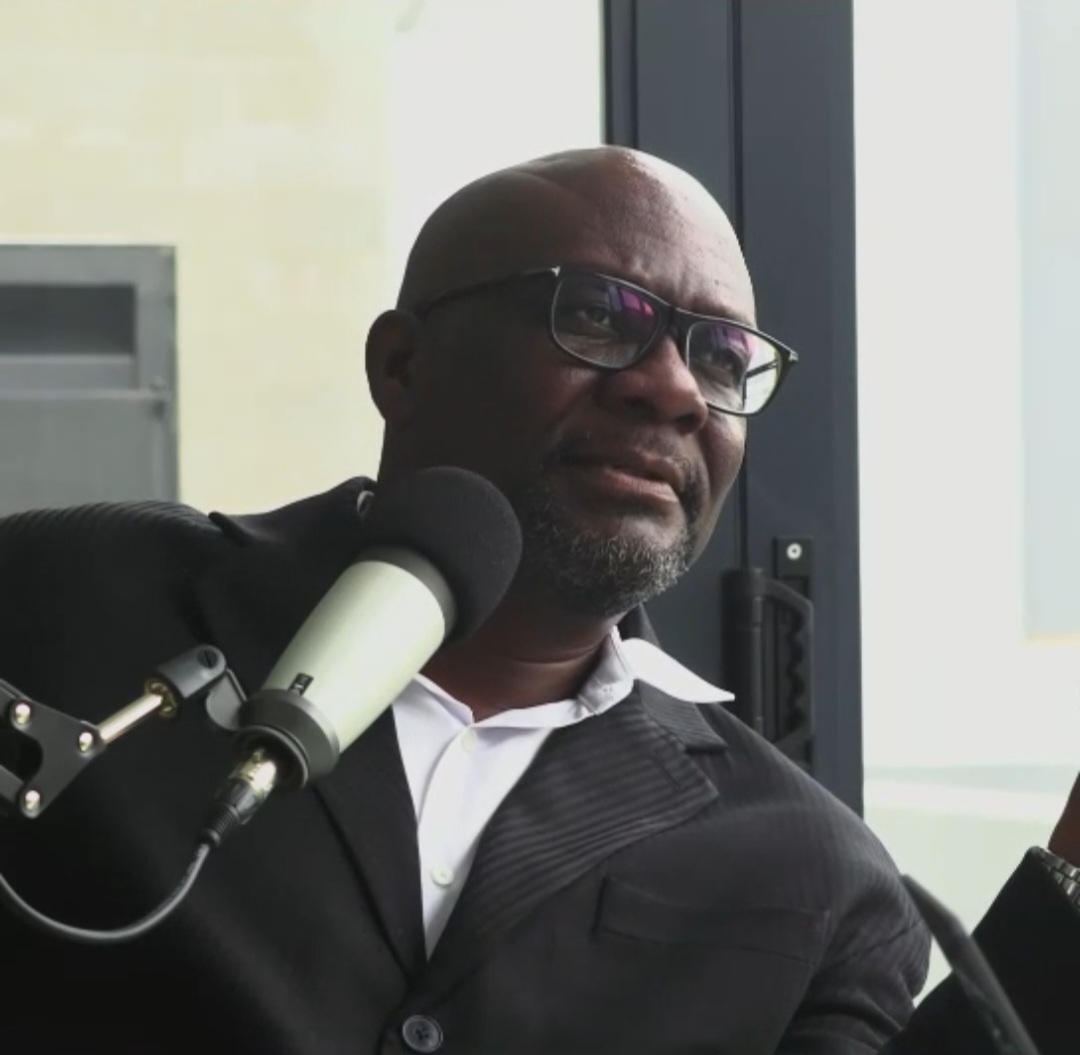 Businessman lost R184bn in wrongful prosecution – actuary report
Businessman lost R184bn in wrongful prosecution – actuary report
-
 Tesla and BYD Auto still leading in the production of clean vehicles
Tesla and BYD Auto still leading in the production of clean vehicles
-
 MEC distances herself from the loss of Northern Cape farm workers in equity schemes
MEC distances herself from the loss of Northern Cape farm workers in equity schemes
-
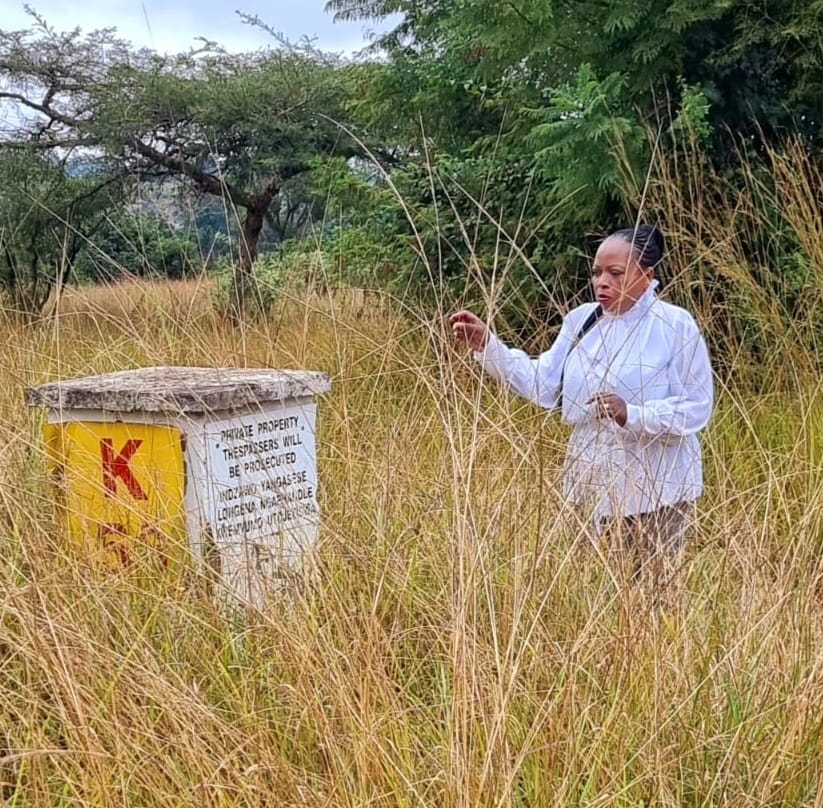 Outcry over R115 million budgeted for ‘tender cartel’s’ projects
Outcry over R115 million budgeted for ‘tender cartel’s’ projects
-
 Loud silence on Lienbenberg’s startling allegations against Ramaphosa
Loud silence on Lienbenberg’s startling allegations against Ramaphosa
-
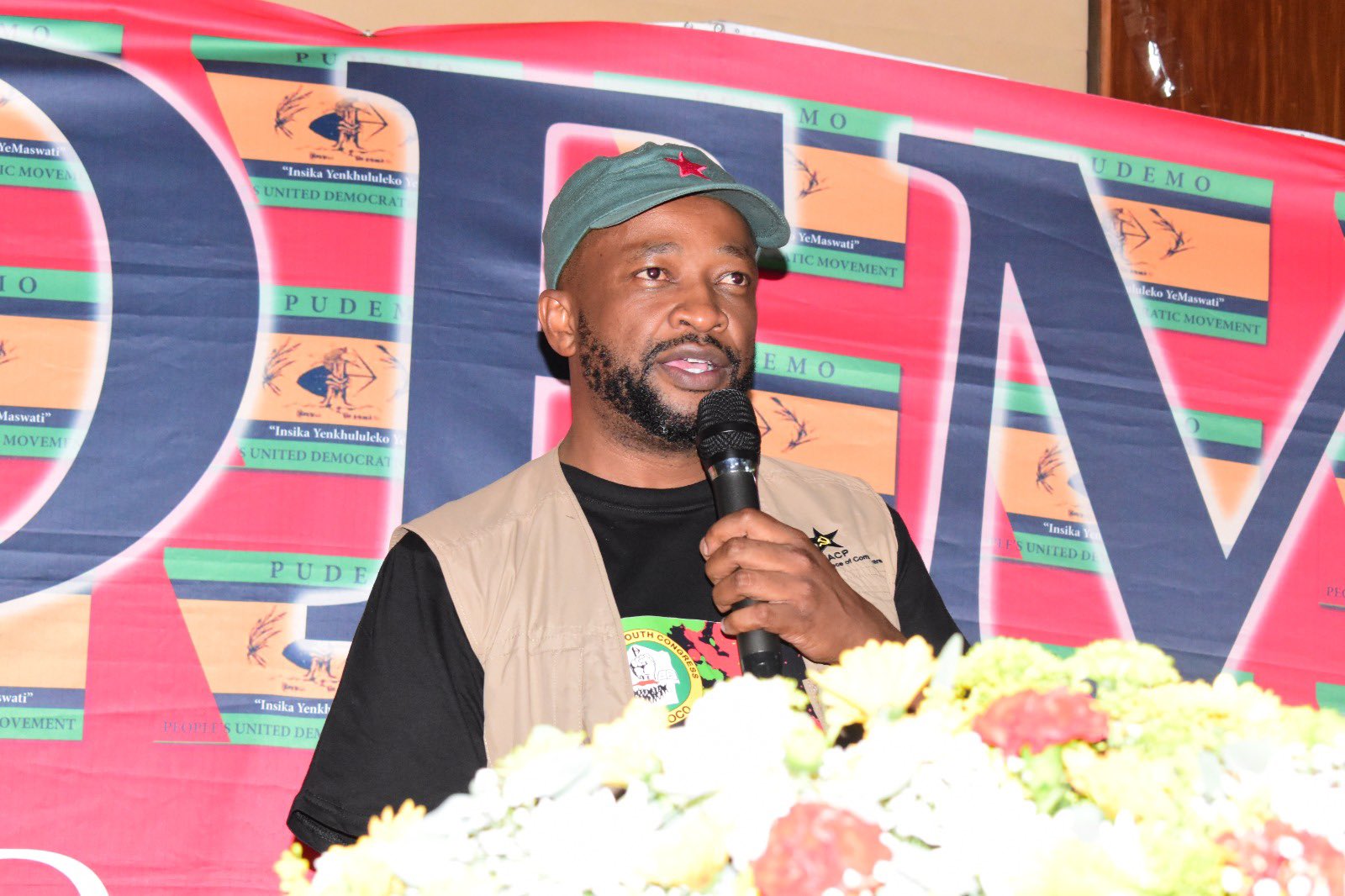 An accidental touch on a cellphone's screen and a missed call saved Eswatini’s politician’s life
An accidental touch on a cellphone's screen and a missed call saved Eswatini’s politician’s life
-
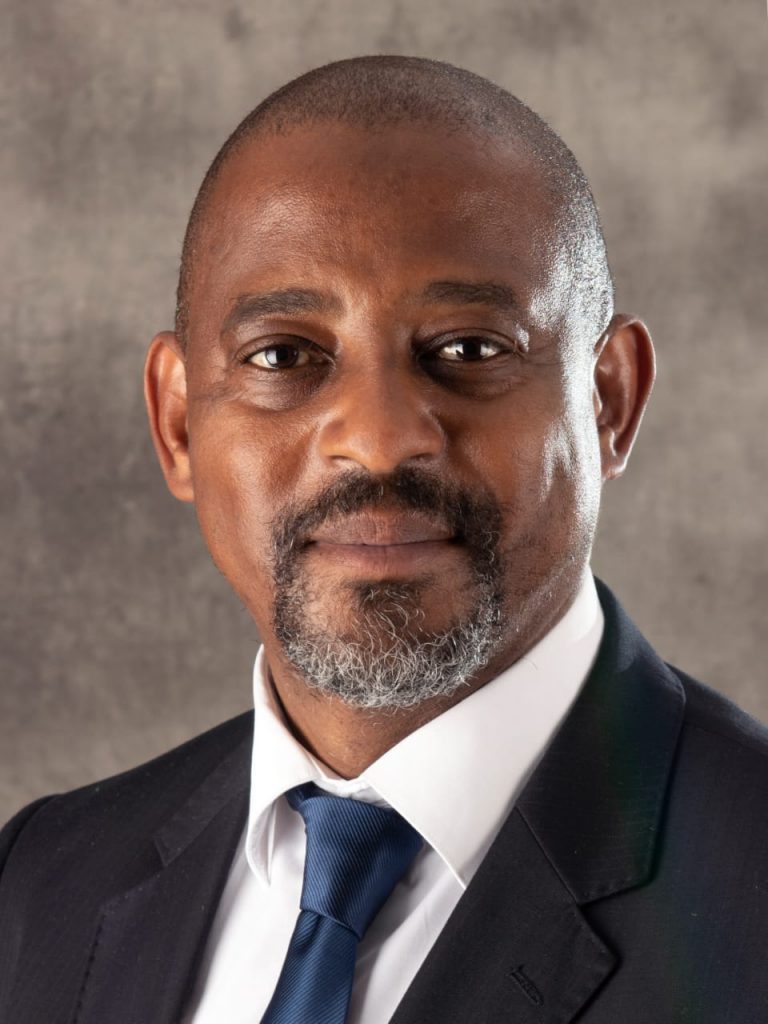 SOMETHING FISHY: Mpumalanga HOD’s house, car raided to ‘find a R3m stash’
SOMETHING FISHY: Mpumalanga HOD’s house, car raided to ‘find a R3m stash’
-
 HPCSA’s disciplinary process unfair to Limpopo premier
HPCSA’s disciplinary process unfair to Limpopo premier
-
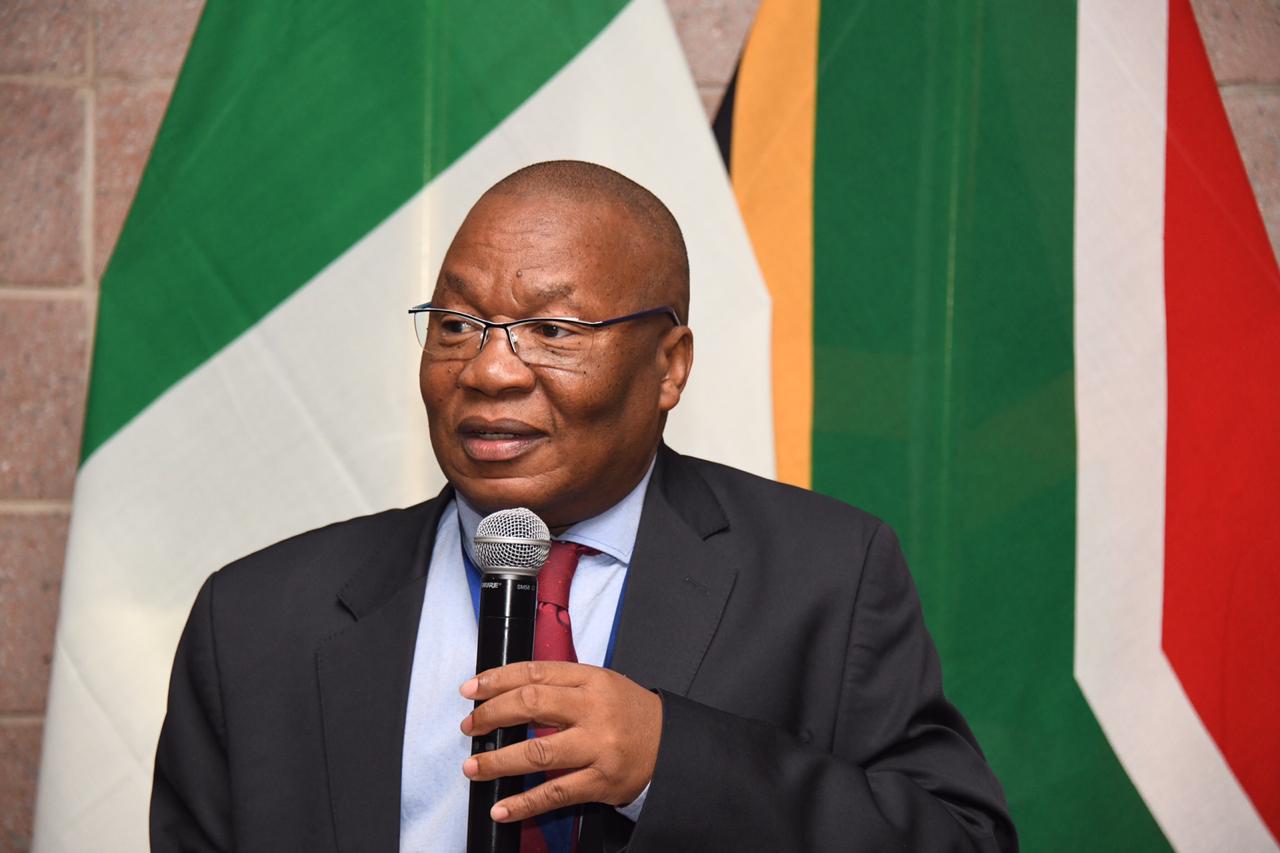 SCA vindicated under fire Limpopo Treasury MEC Kgabo Mahoai for Dirco payment
SCA vindicated under fire Limpopo Treasury MEC Kgabo Mahoai for Dirco payment
-
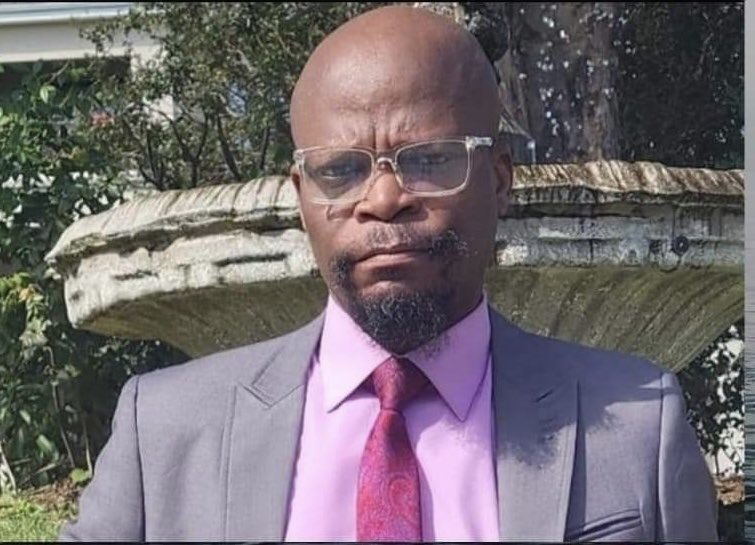 Engineering professor, Mulalo Doyoyo, posthumously awarded the Order of Mapungubwe
Engineering professor, Mulalo Doyoyo, posthumously awarded the Order of Mapungubwe
-
 Black knights save Tongaat Hullet
Black knights save Tongaat Hullet
-
 Mpumalanga department’s negligence cost it close to R100m
Mpumalanga department’s negligence cost it close to R100m
-
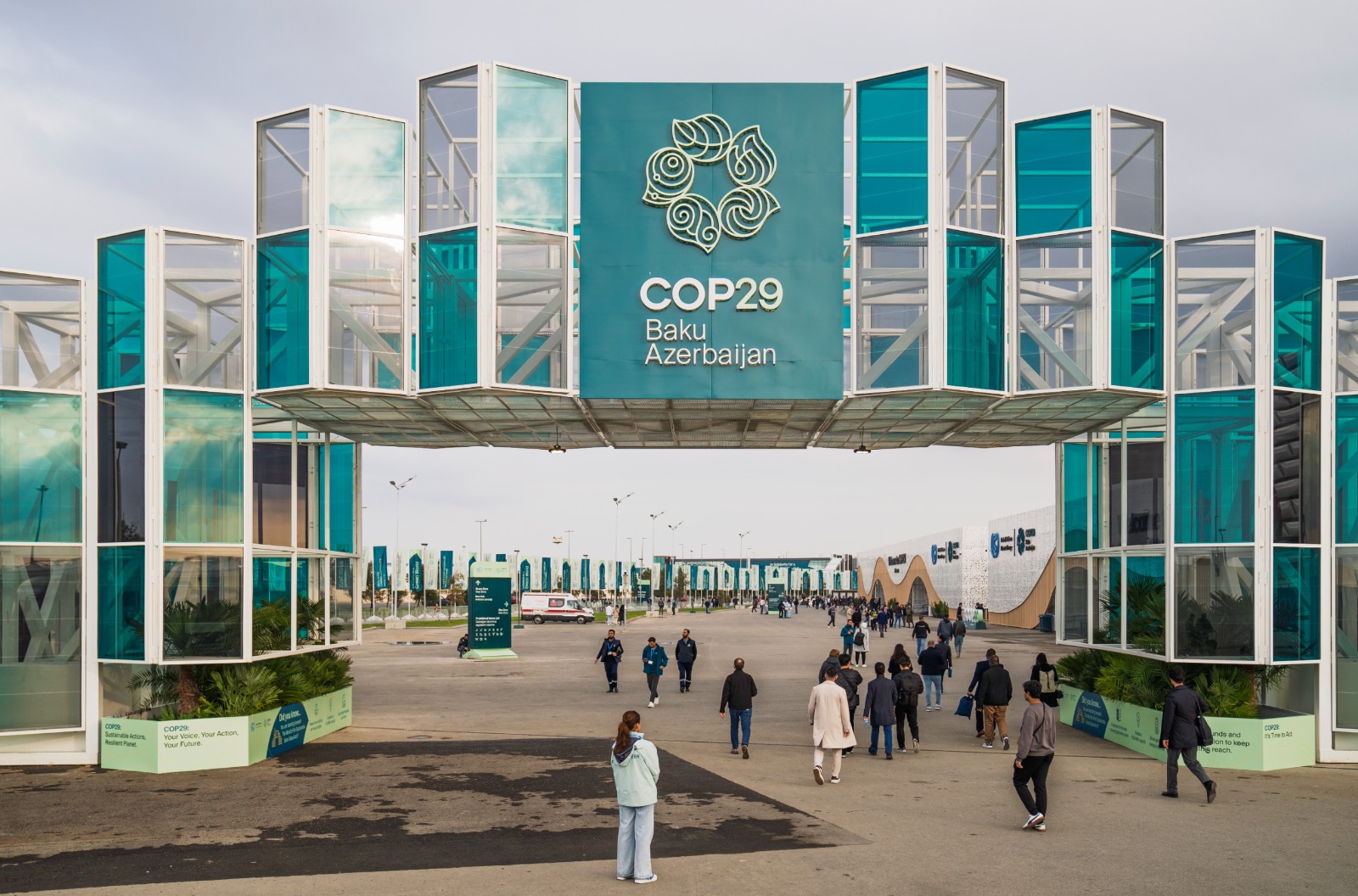 Countries must write cheques to match global warming loss and damage
Countries must write cheques to match global warming loss and damage
-
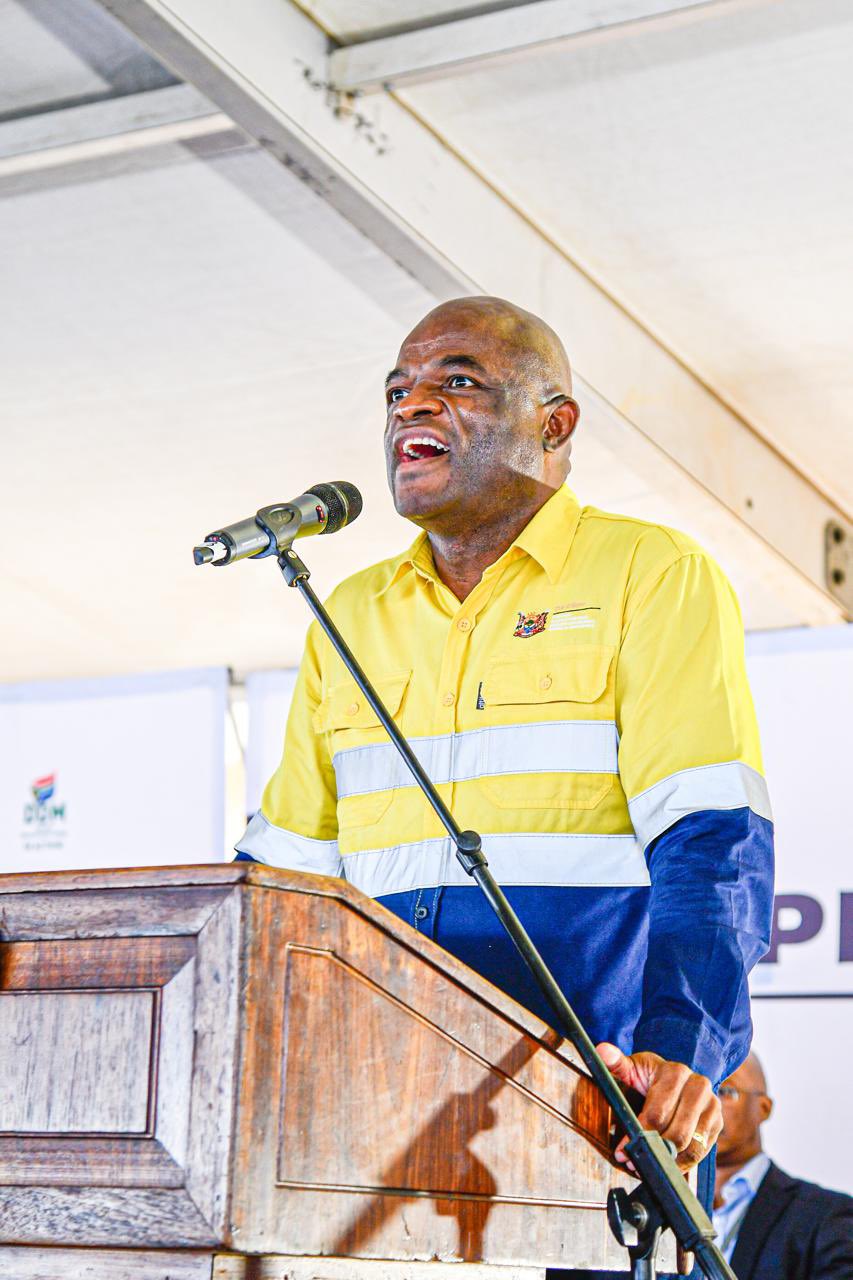 How white farmers used big Afrikaans to rob us of life-changing shares – Agri-BEE beneficiary
How white farmers used big Afrikaans to rob us of life-changing shares – Agri-BEE beneficiary
-
 PPE corruption-linked Mpumalanga officials still have their jobs
PPE corruption-linked Mpumalanga officials still have their jobs
-
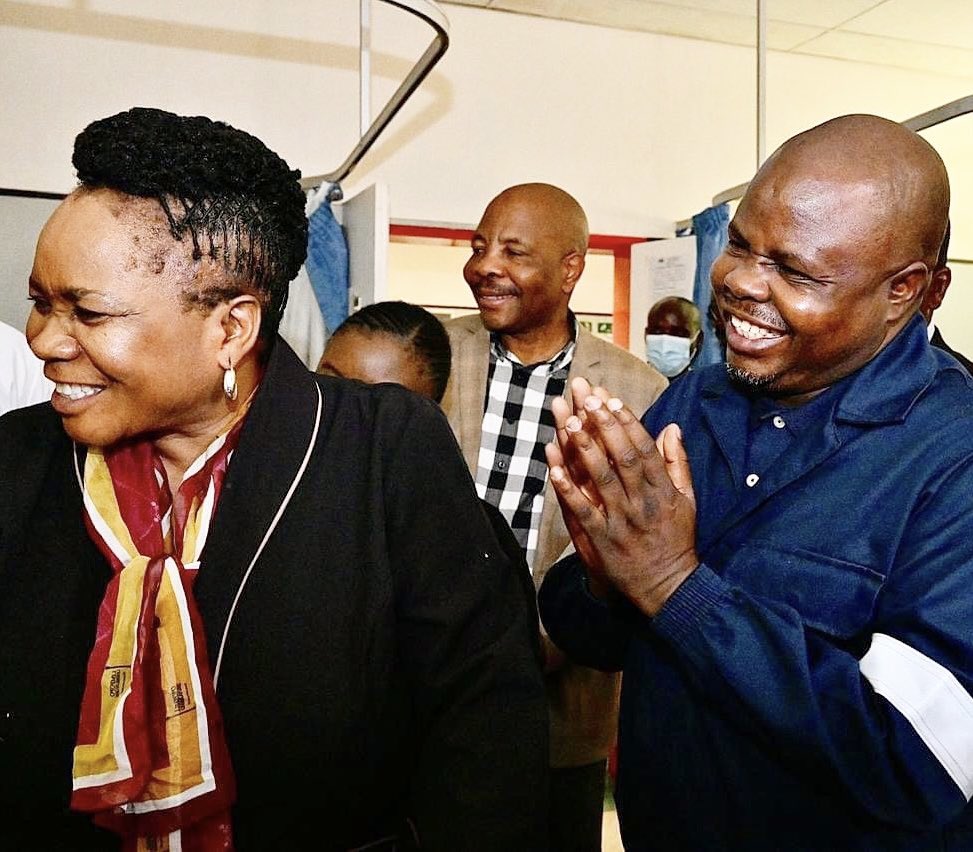 Audit committee finds many wrongs with Mopani EPWP programme, but municipality promises to act swiftly
Audit committee finds many wrongs with Mopani EPWP programme, but municipality promises to act swiftly
-
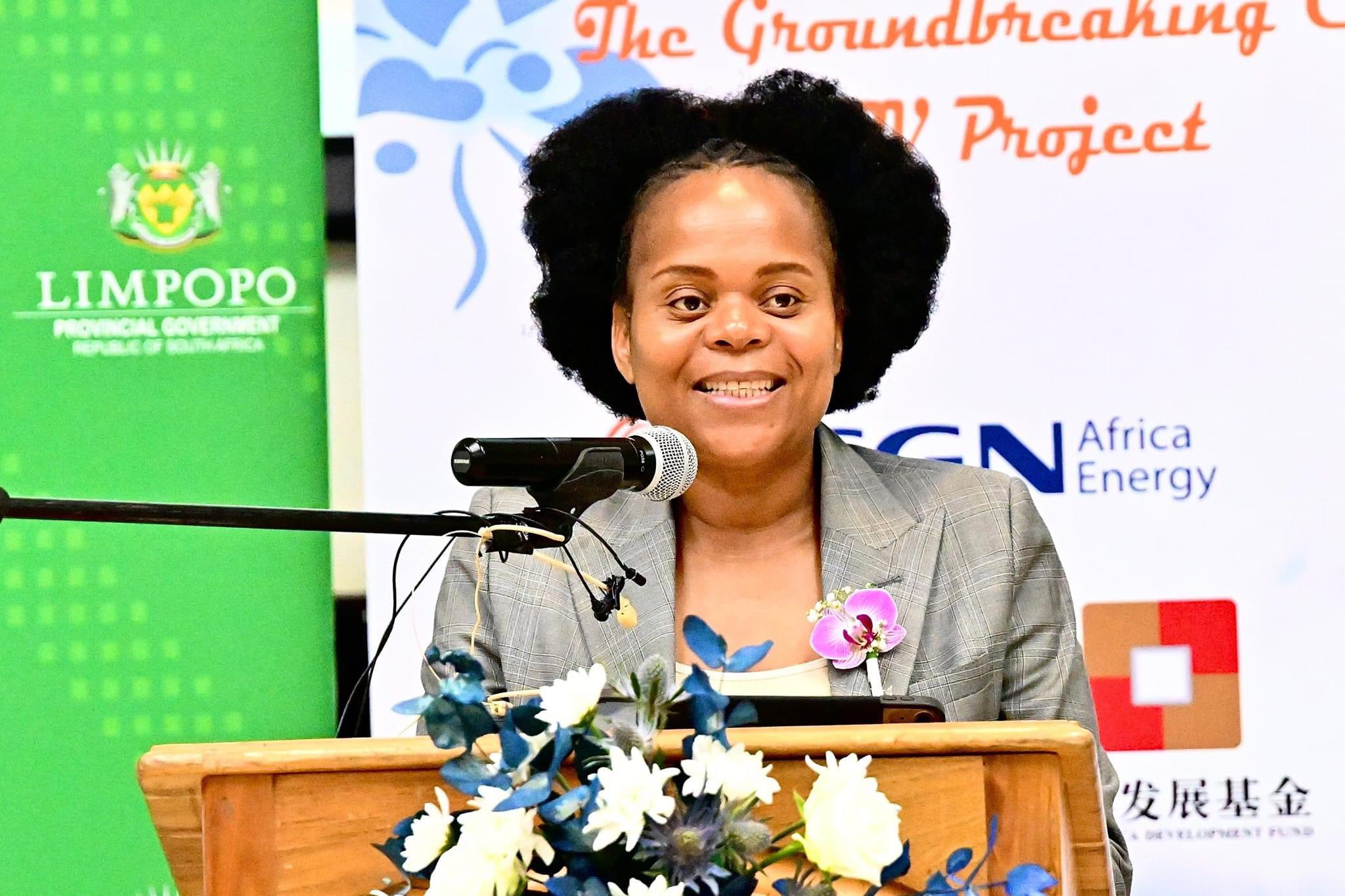 Zimbabwean patient is not part of the complaint against Premier Ramathuba
Zimbabwean patient is not part of the complaint against Premier Ramathuba
-
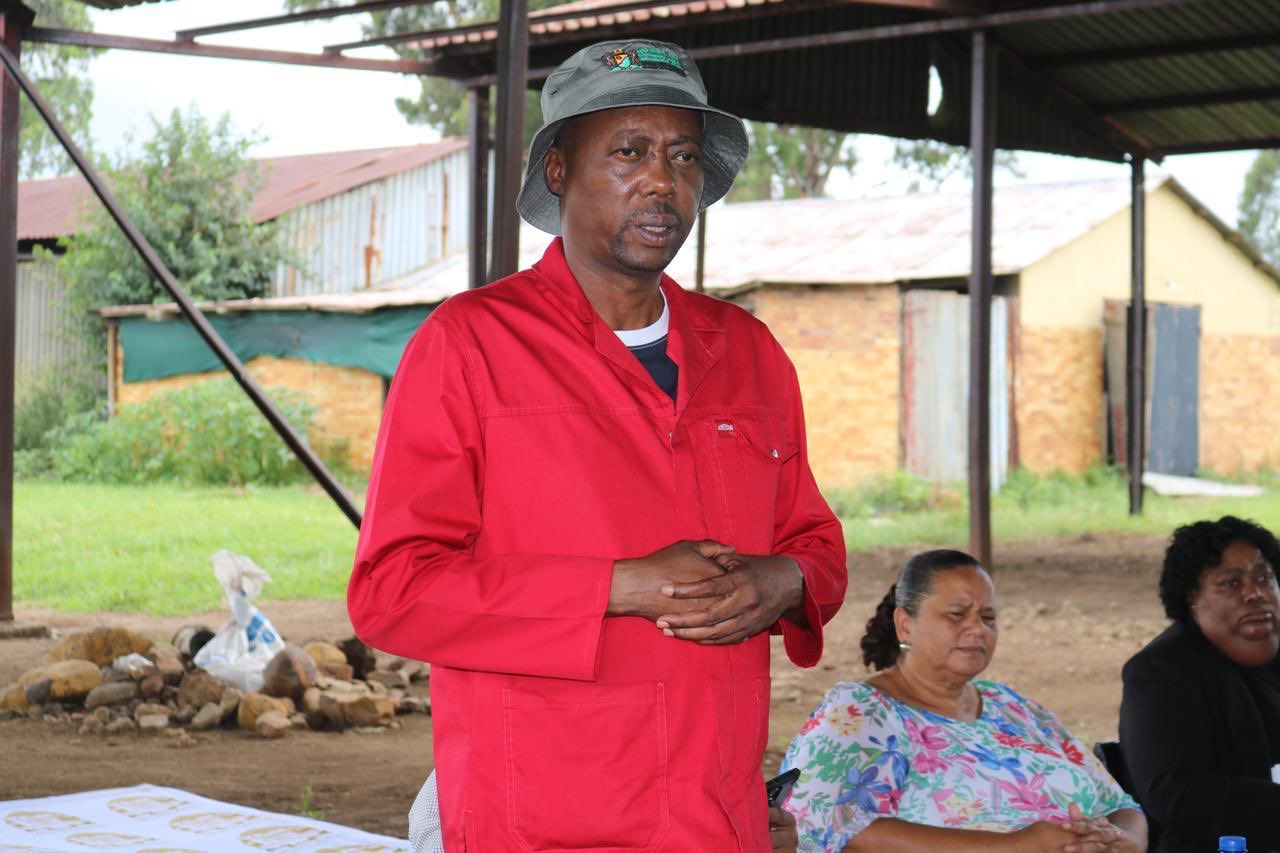 Mpumalanga EFF leader bats for 'undeserving' contractor, attacks graft-busting MEC
Mpumalanga EFF leader bats for 'undeserving' contractor, attacks graft-busting MEC
-
 Engineer not worried by failure to review and set aside SIU’s ‘one-sided’ report
Engineer not worried by failure to review and set aside SIU’s ‘one-sided’ report
-
 City of Mbombela manager in hot water
City of Mbombela manager in hot water
-
 Mulaudzi rises from the ashes with a R2bn mining deal
Mulaudzi rises from the ashes with a R2bn mining deal
-
 Murder scene, Covid-19 and nudity – this is how a Limpopo private school’s camp went
Murder scene, Covid-19 and nudity – this is how a Limpopo private school’s camp went
-
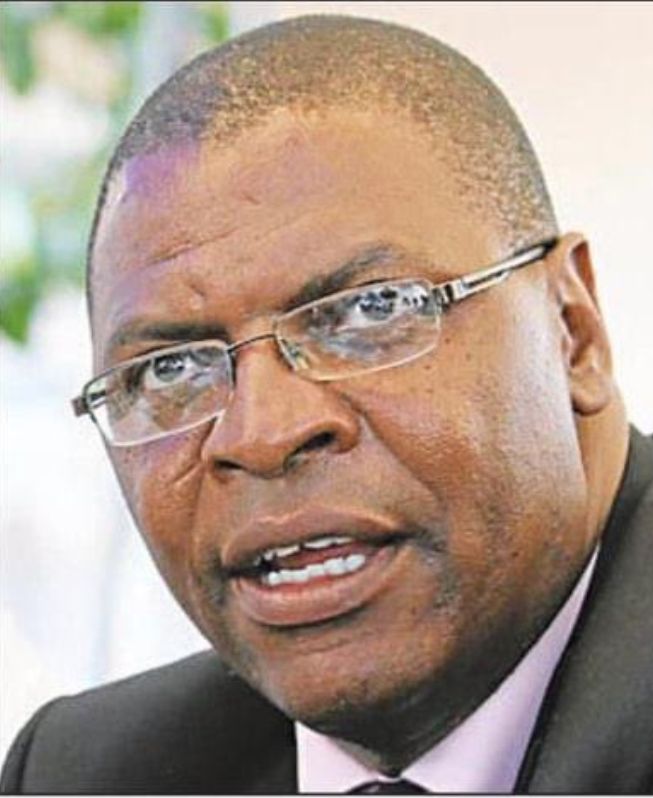 Law Society of Zimbabwe has failed to probe a complaint against Welshman Ncube
Law Society of Zimbabwe has failed to probe a complaint against Welshman Ncube
-
 UMP leadership tarnishes institution with bloopers
UMP leadership tarnishes institution with bloopers
-
 Foundation to introduce the ‘real chief’ of Royal Bafokeng
Foundation to introduce the ‘real chief’ of Royal Bafokeng
-
UCT signs agreement to train football administrators in Africa
-
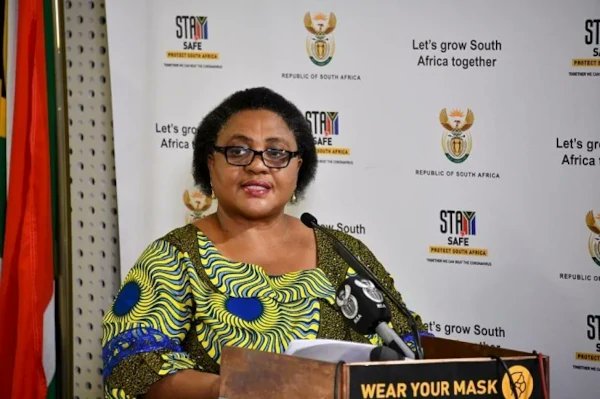 Isilo’s threat to approach International Court ‘worrying and concerning’ – Didiza
Isilo’s threat to approach International Court ‘worrying and concerning’ – Didiza
-
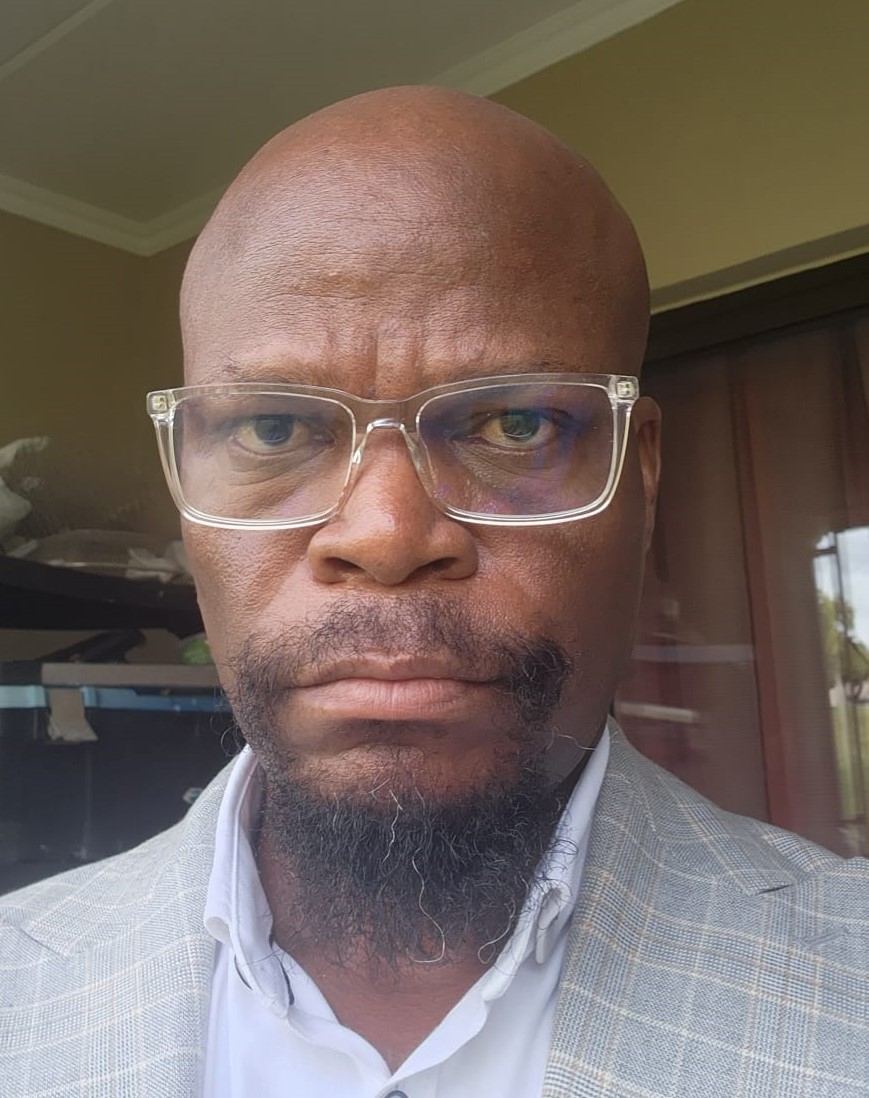 The unknown engineer we snubbed has left us
The unknown engineer we snubbed has left us
-
 Robert Gumede’s consortium declined to buy a vote for R600m
Robert Gumede’s consortium declined to buy a vote for R600m
-
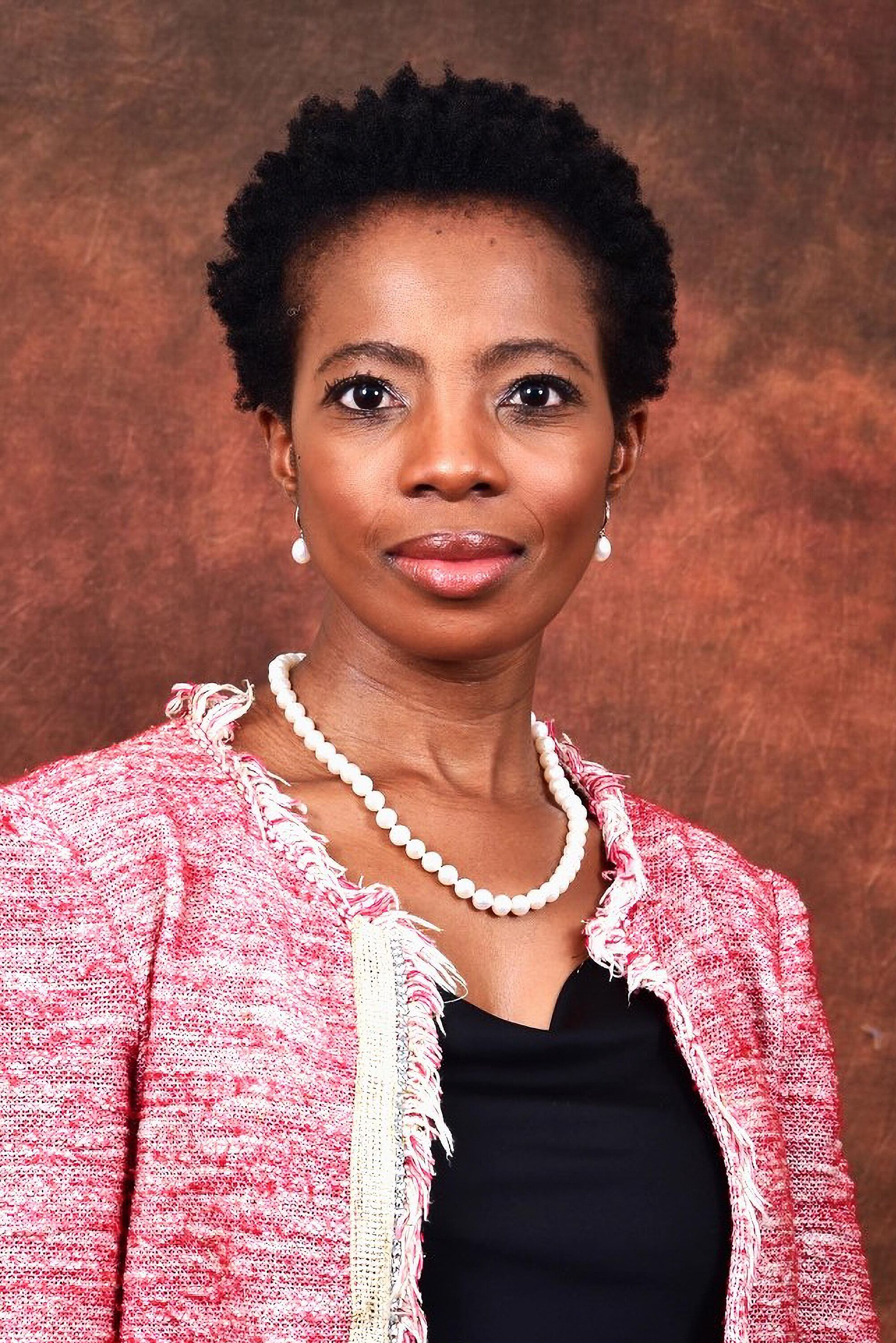 Public Protector rejected a complaint that could have saved public resources
Public Protector rejected a complaint that could have saved public resources
-
 Shambolic ABC Motsepe League matters highlighted in Parliament
Shambolic ABC Motsepe League matters highlighted in Parliament
-
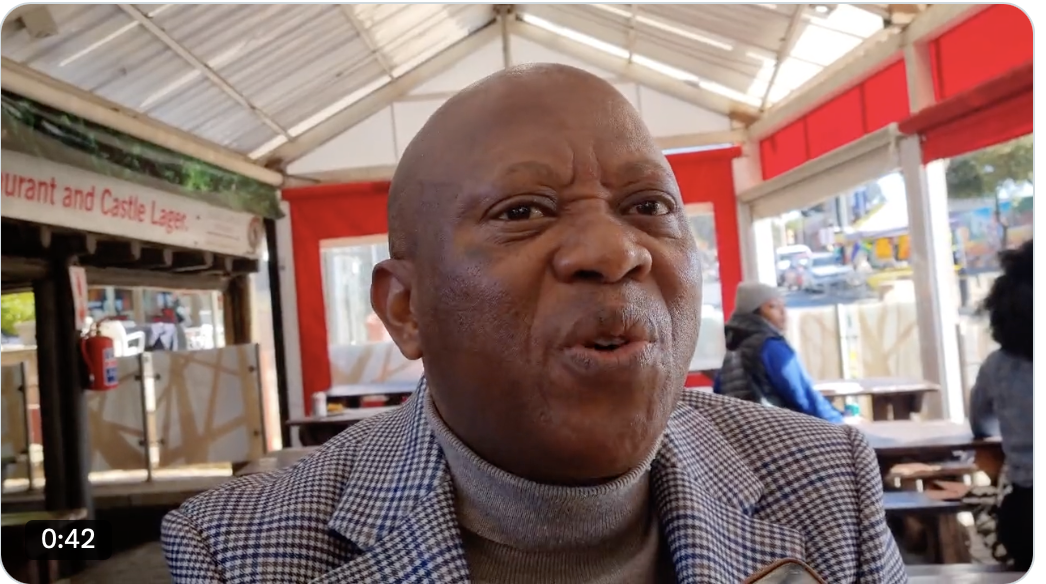 Athletics SA president bought liquor using federation’s credit card
Athletics SA president bought liquor using federation’s credit card
-
 ‘Zuma dismissed me as a madman’ – claims whistleblower who brought evidence on Mpumalanga political killings
‘Zuma dismissed me as a madman’ – claims whistleblower who brought evidence on Mpumalanga political killings
-
 VBS investigation must net every implicated individual irrespective of political status - SACP
VBS investigation must net every implicated individual irrespective of political status - SACP
-
 EU must regulate monolithic FIFA bedevilled by patronage, indifference to human rights
EU must regulate monolithic FIFA bedevilled by patronage, indifference to human rights
-
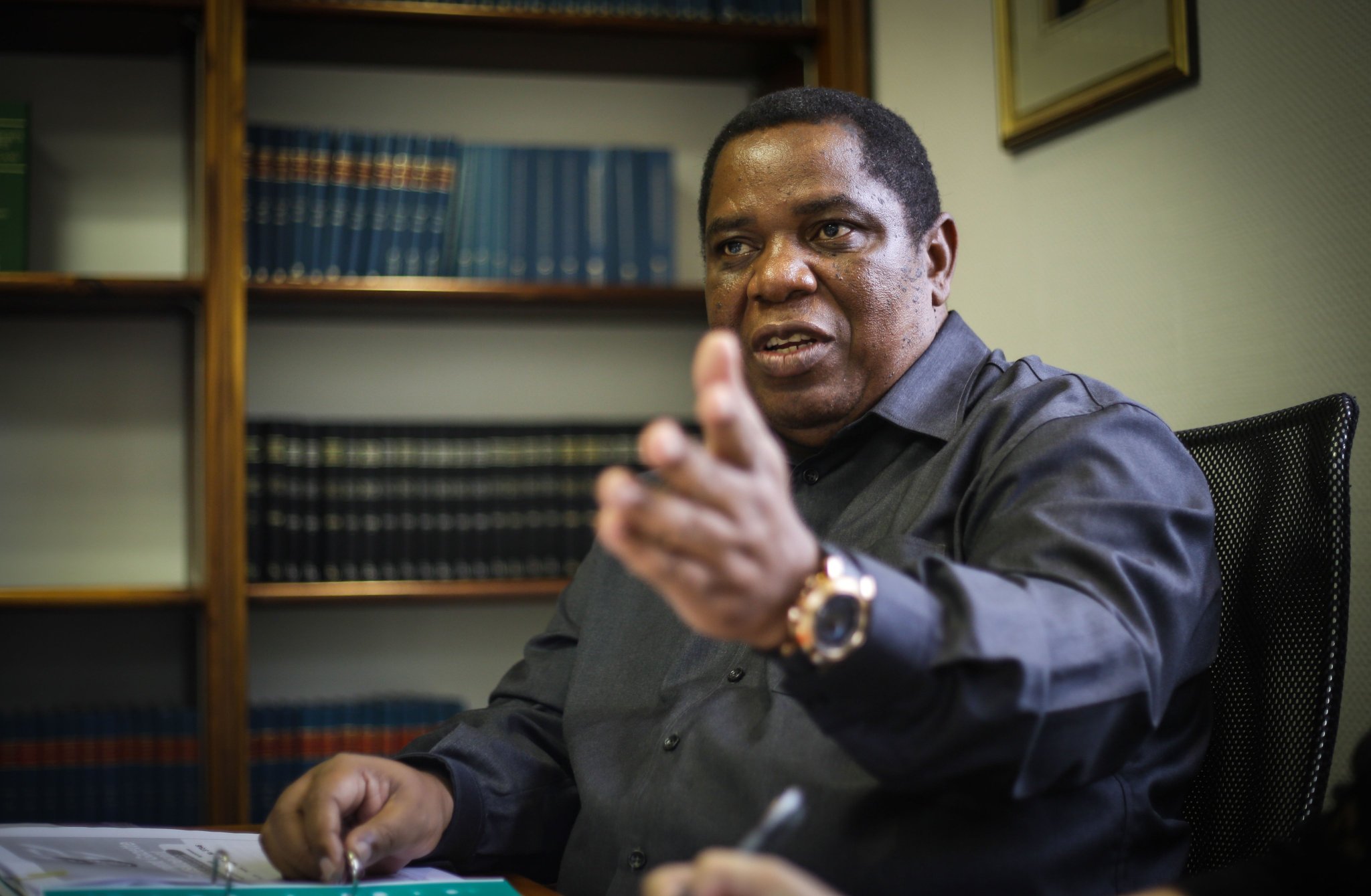 Vision Investments unperturbed by shareholders vote, going ahead with plan to rescue THL
Vision Investments unperturbed by shareholders vote, going ahead with plan to rescue THL
-
 Northern Cape government refuses to pay for investigation into fronting scam of farm workers
Northern Cape government refuses to pay for investigation into fronting scam of farm workers
-
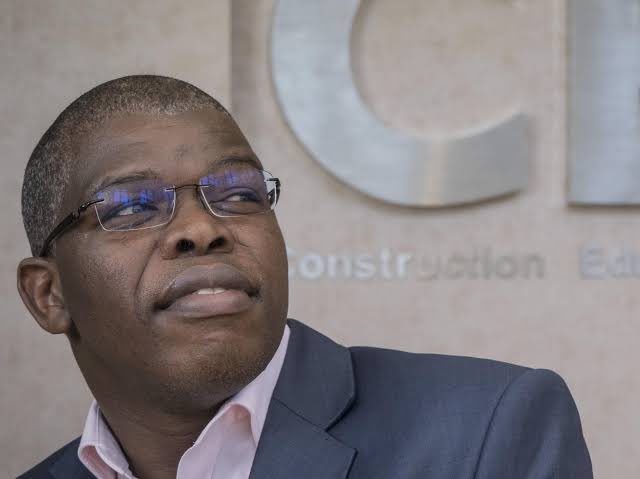 CETA board evades questions on CEO’s tender ‘irregularities’
CETA board evades questions on CEO’s tender ‘irregularities’
-
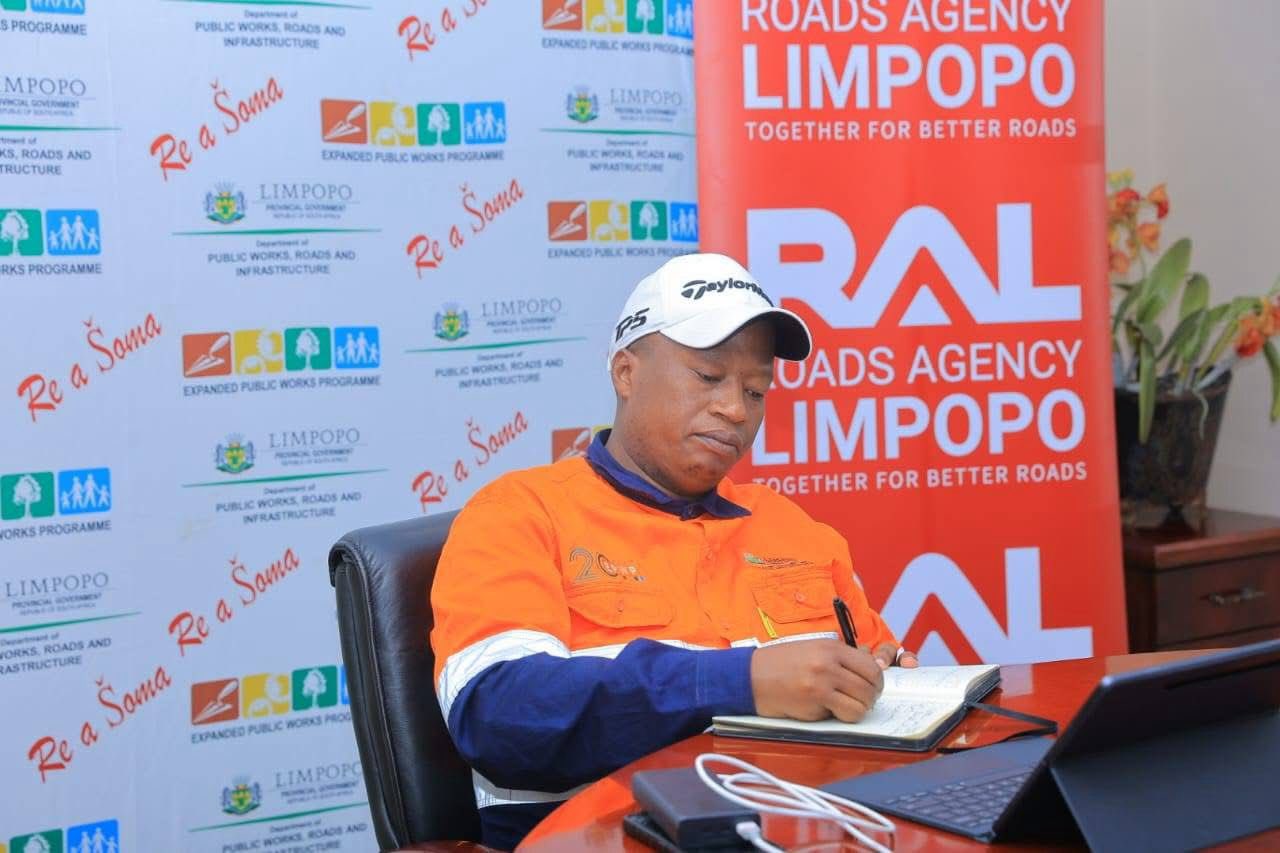 Limpopo to develop and upgrade 36 construction companies
Limpopo to develop and upgrade 36 construction companies
-
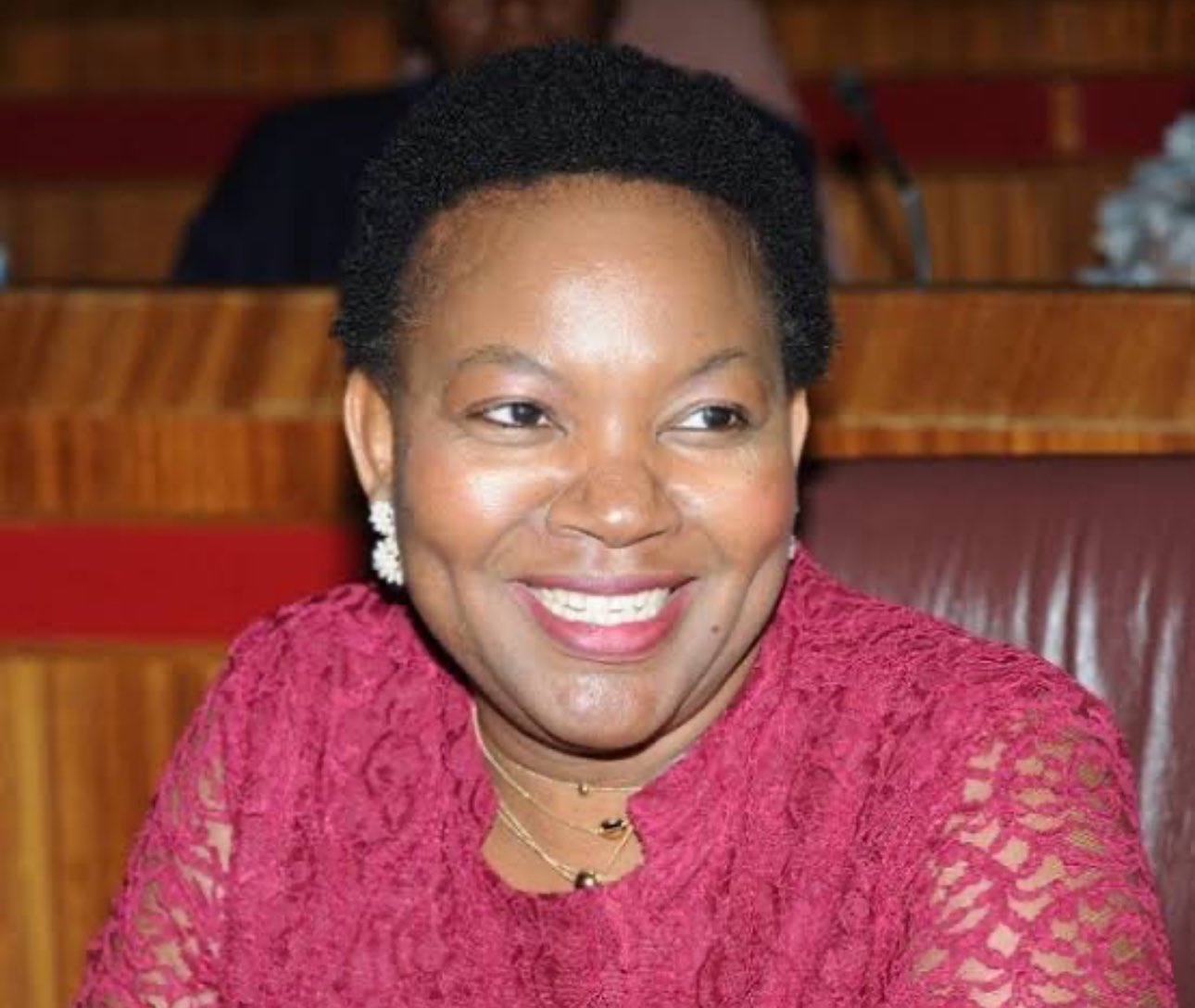 Limpopo education challenges directive to pay R17m in teachers’ rural incentives
Limpopo education challenges directive to pay R17m in teachers’ rural incentives
-
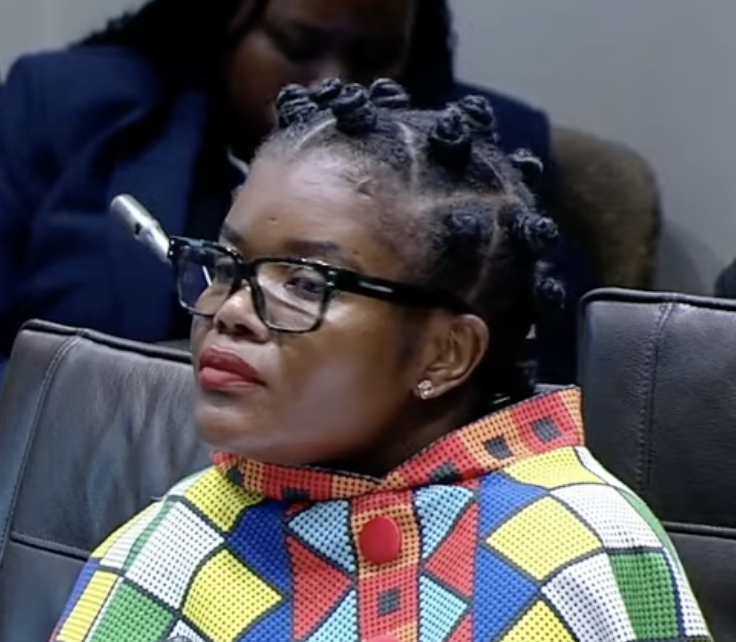 Release of files, minister’s bold acceptance of blame for Seta appointments’ fiasco and flaring of tempers
Release of files, minister’s bold acceptance of blame for Seta appointments’ fiasco and flaring of tempers
-
 Tenders in the Musina-Makhado SEZ must be investigated - DA
Tenders in the Musina-Makhado SEZ must be investigated - DA
-
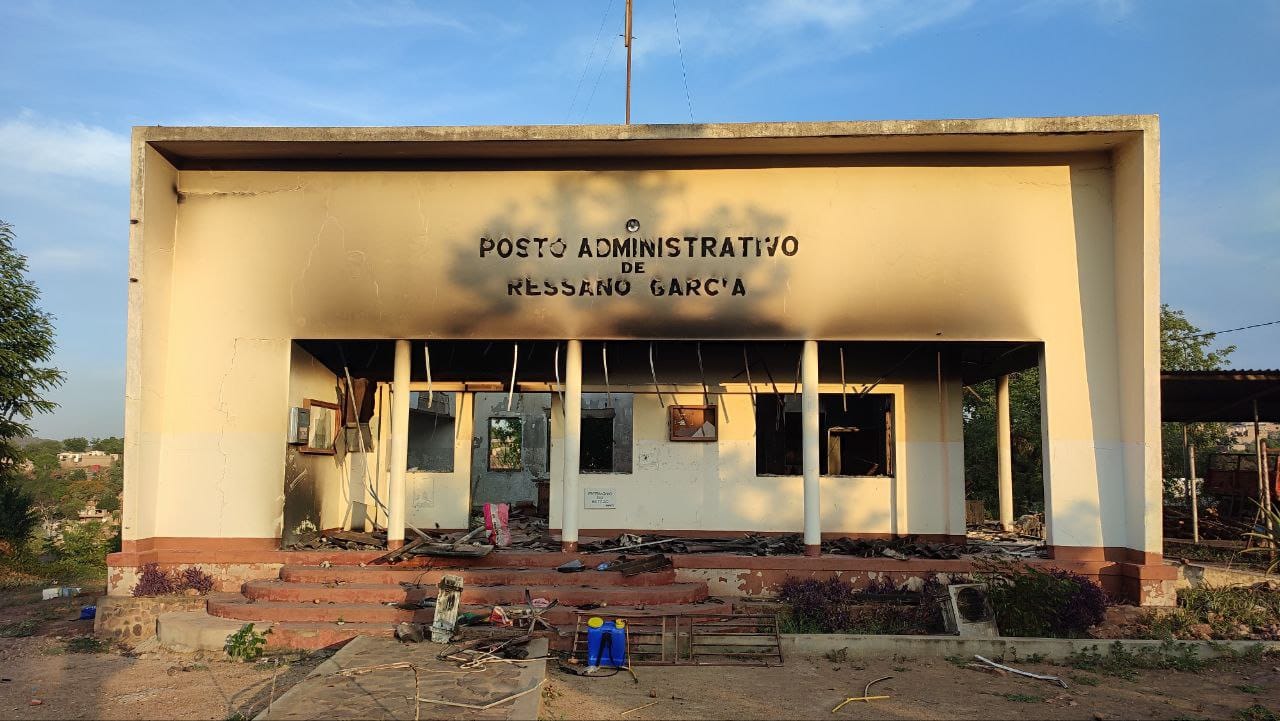 Mozambique elections: The Constitutional Council will fail
Mozambique elections: The Constitutional Council will fail
-
 NPA still pursuing fraud case against deputy minister Bernice Swarts
NPA still pursuing fraud case against deputy minister Bernice Swarts
-
 Mpumalanga premier’s R404.6 million headache
Mpumalanga premier’s R404.6 million headache
-
 MEC goes to court to reverse CFO’s appointment in Mpumalanga’s capital city
MEC goes to court to reverse CFO’s appointment in Mpumalanga’s capital city
-
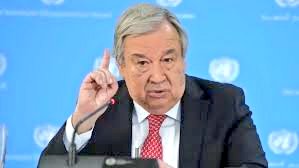 UN urges advertising agencies to cut ties with fossil fuel companies
UN urges advertising agencies to cut ties with fossil fuel companies
-
 Mpumalanga HOD ‘swept damning investigation report under the carpet’
Mpumalanga HOD ‘swept damning investigation report under the carpet’
-
 New government should not change land and agriculture policies
New government should not change land and agriculture policies
-
 Scopa launches investigation into education tenders following The People’s Eye exposé
Scopa launches investigation into education tenders following The People’s Eye exposé
-
 ANALYSIS: How Limpopo ANC avoided a massive downward spiral
ANALYSIS: How Limpopo ANC avoided a massive downward spiral
-
 There is no need to review agricultural policy after May 29 – chief economist
There is no need to review agricultural policy after May 29 – chief economist
-
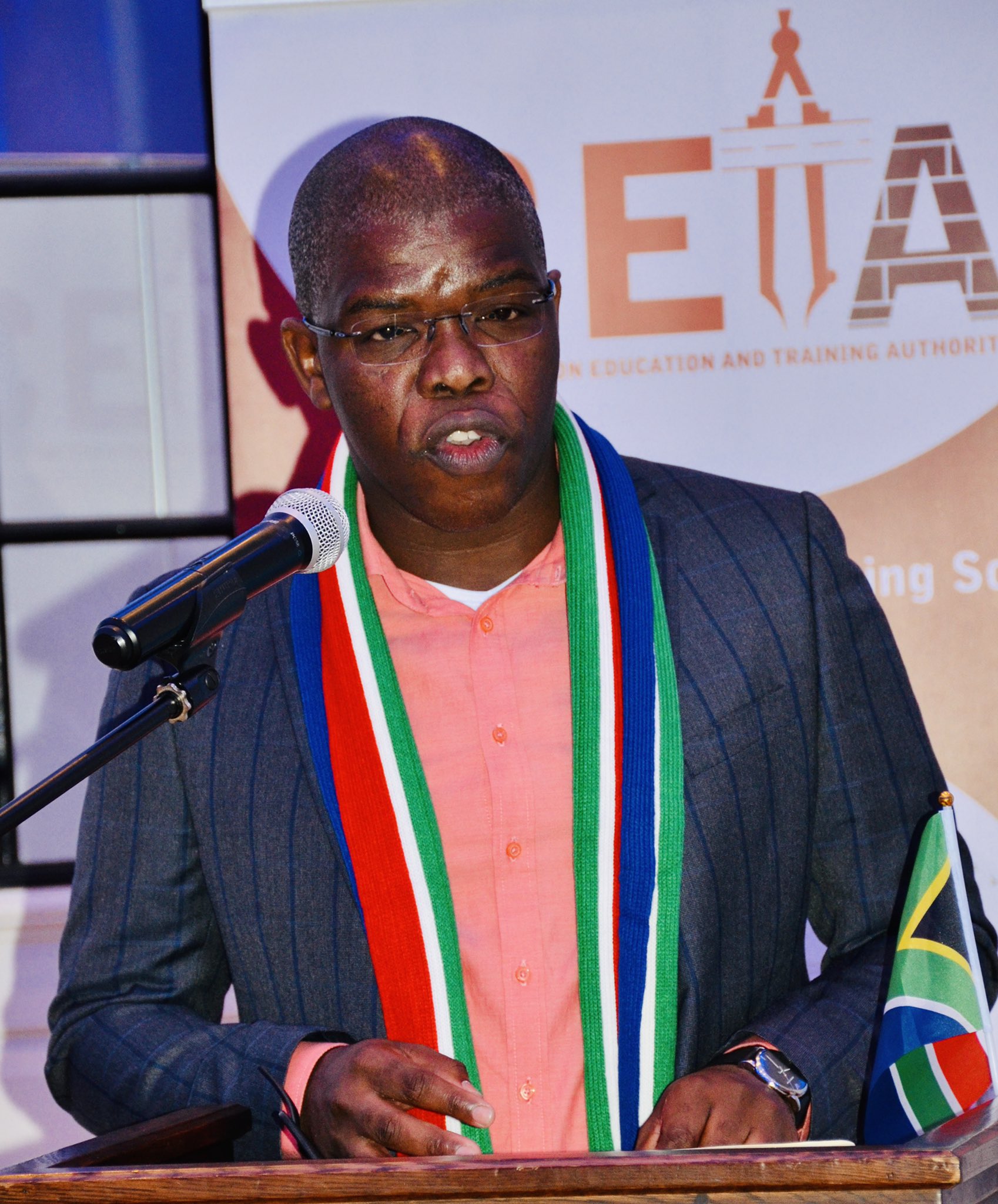 CETA board caves in to pressure and suspend domineering CEO
CETA board caves in to pressure and suspend domineering CEO
-
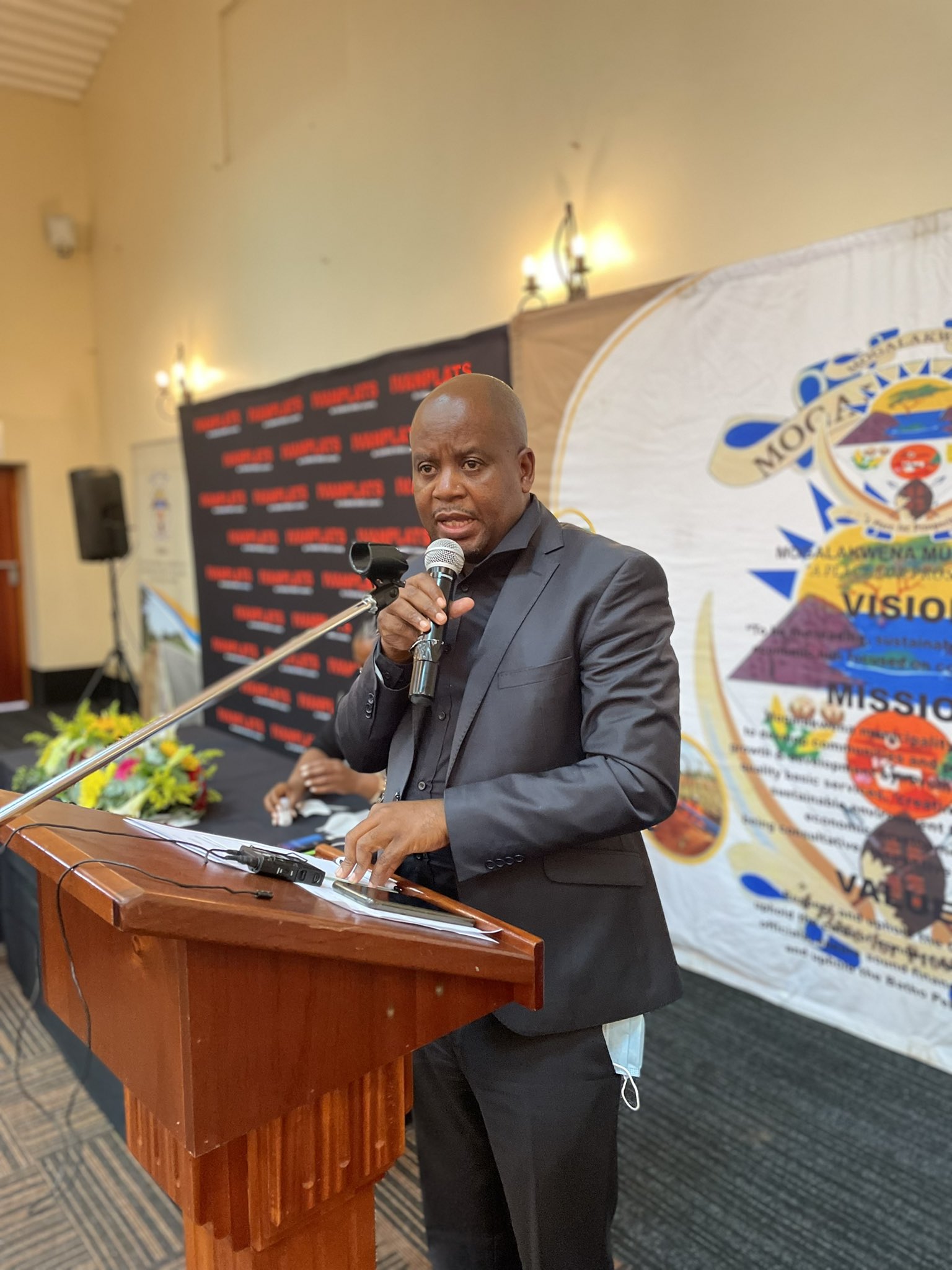 Outside chance for Makamu if tribalism becomes an issue in Limpopo premier candidate nomination
Outside chance for Makamu if tribalism becomes an issue in Limpopo premier candidate nomination
-
 Officials held personally liable for payments to wrongfully appointed companies
Officials held personally liable for payments to wrongfully appointed companies
-
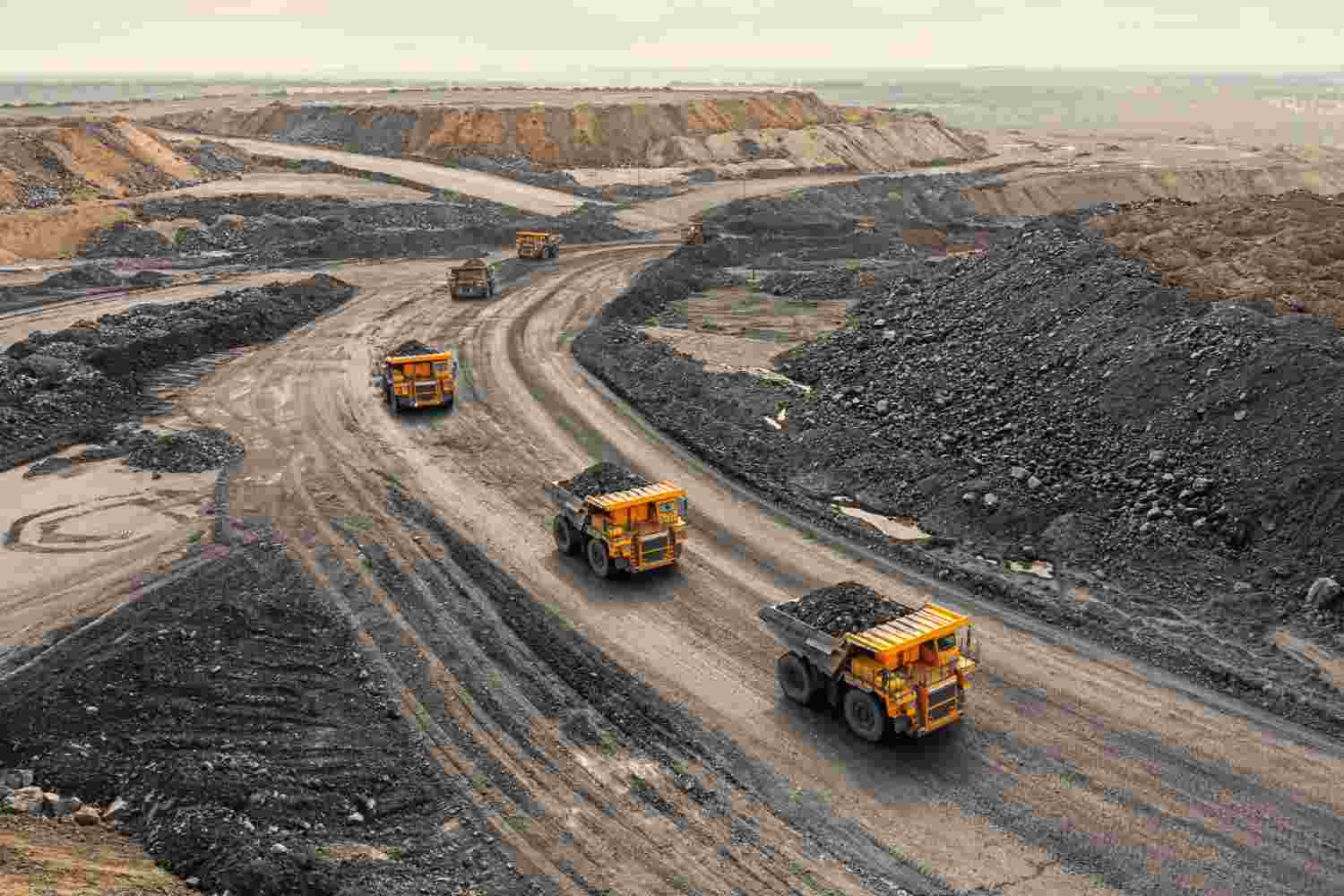 Summit to nudge Africa to take its place in refining clean technology minerals
Summit to nudge Africa to take its place in refining clean technology minerals
-
 The jobless youth is becoming impatient – Premier Ramathuba
The jobless youth is becoming impatient – Premier Ramathuba
-
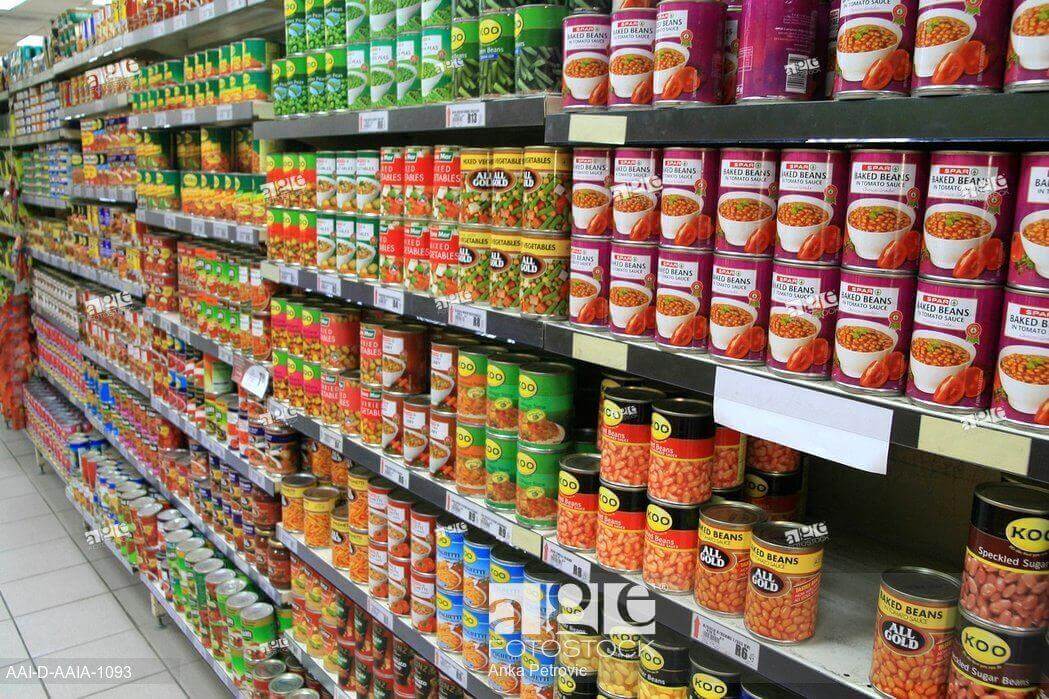 ‘Prioritise child nutrition as a political decision’ – NGO
‘Prioritise child nutrition as a political decision’ – NGO
-
 PA still committed to GNU – Chinelle Stevens
PA still committed to GNU – Chinelle Stevens
-
 Will climate change denier Donald Trump’s election see the US pulling out of COP29?
Will climate change denier Donald Trump’s election see the US pulling out of COP29?
-
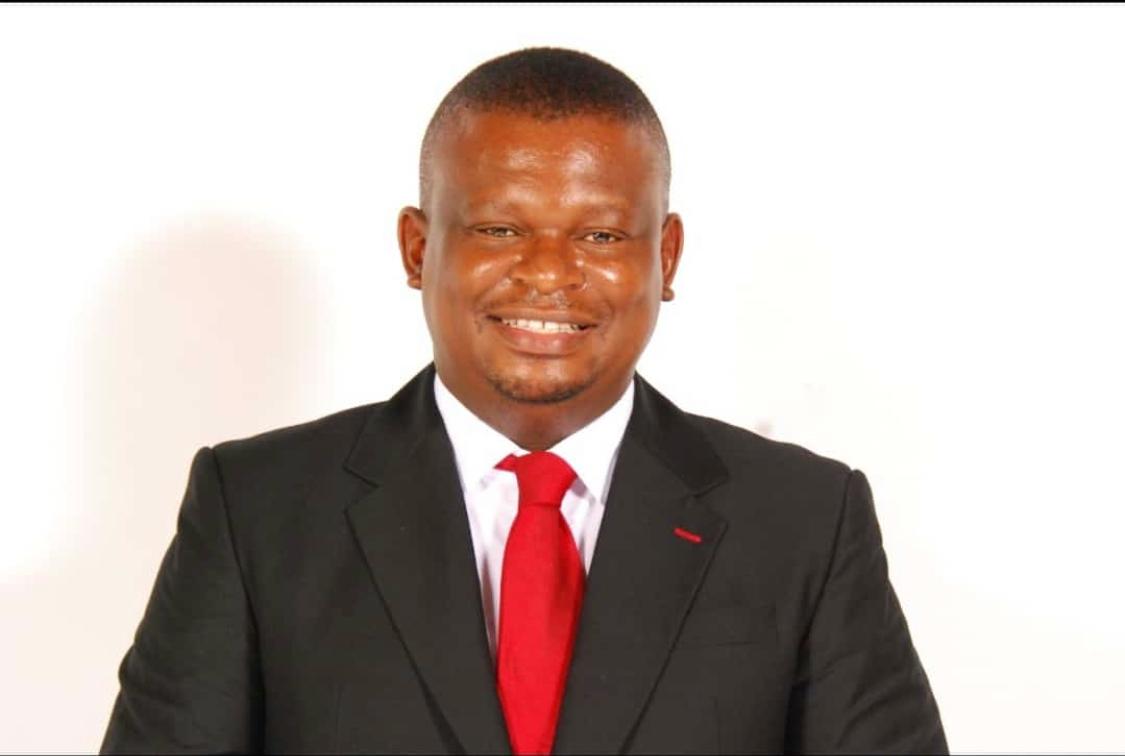 Unpacking the Indlulamithi South Africa Scenarios: Are We Truly in a Vulture Culture?
Unpacking the Indlulamithi South Africa Scenarios: Are We Truly in a Vulture Culture?
-
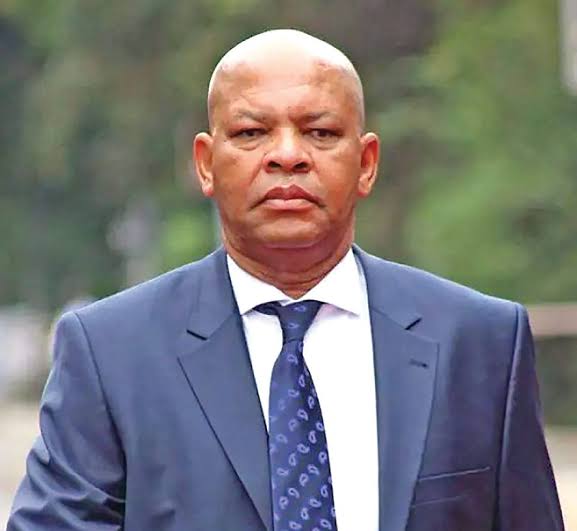 Mathabatha halts corruption-riddled recruitment process and launches an investigation
Mathabatha halts corruption-riddled recruitment process and launches an investigation
-
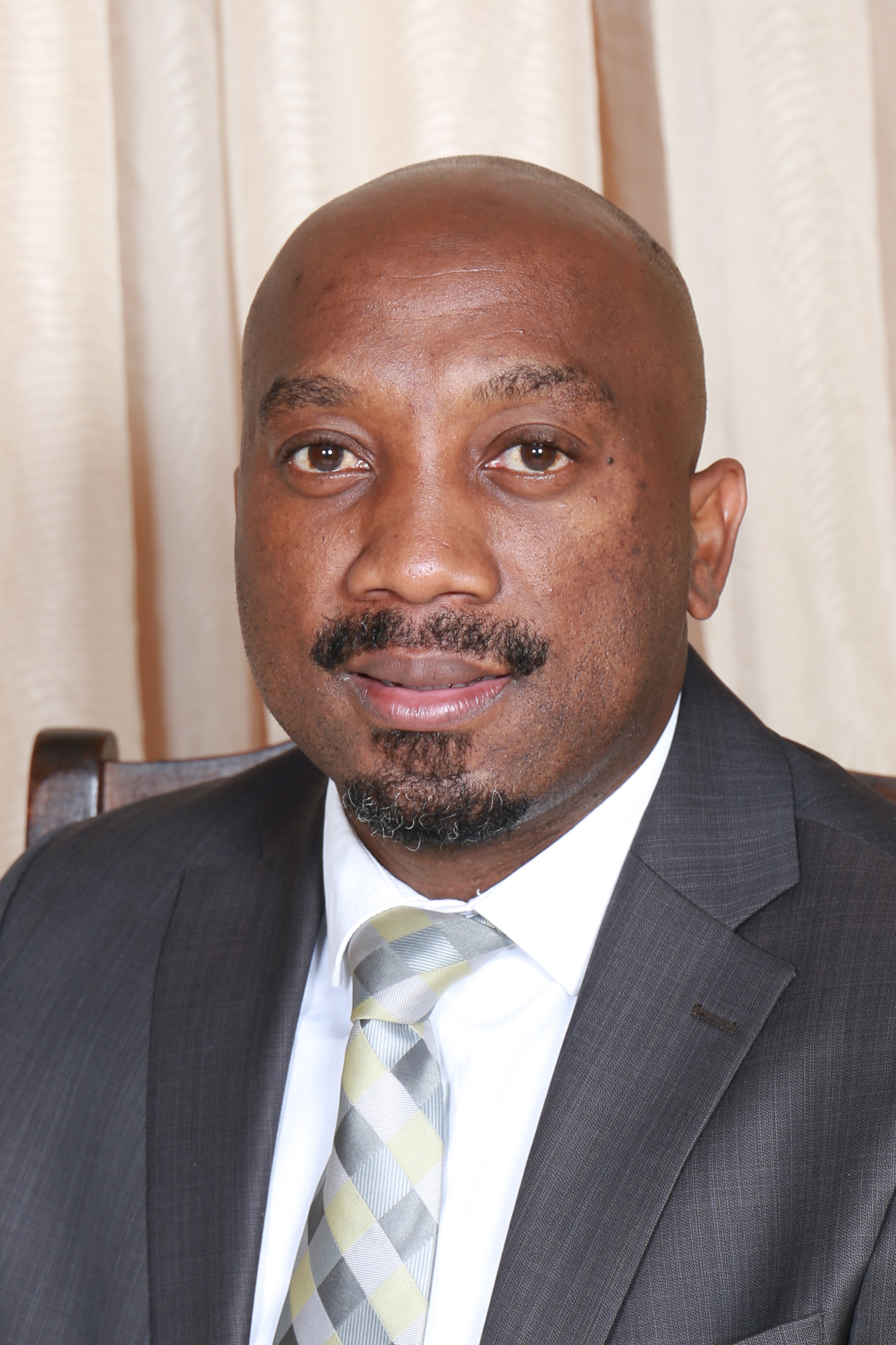 Mpumalanga’s Govan Mbeki municipality is a “base of corruption”
Mpumalanga’s Govan Mbeki municipality is a “base of corruption”
-
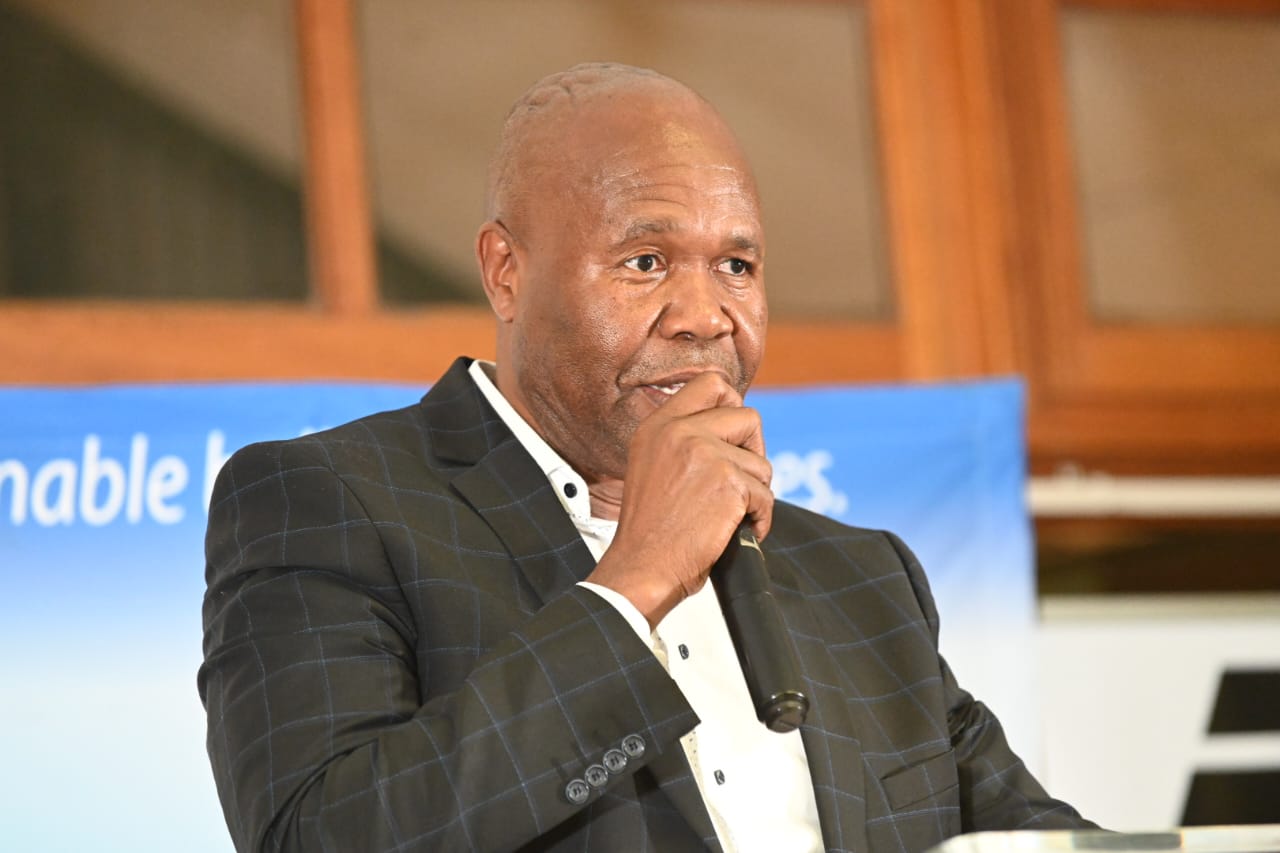 Was Polokwane mayor’s firearm used at Juju Valley election violence?
Was Polokwane mayor’s firearm used at Juju Valley election violence?
-
 The future of AI is not about what the technology can do but also about who’s using it, and how – report
The future of AI is not about what the technology can do but also about who’s using it, and how – report
-
 Mulaudzi’s Luvhomba Group signs arms deal with Chinese company
Mulaudzi’s Luvhomba Group signs arms deal with Chinese company
-
 Engineer drags SIU to Concourt for abuse of power
Engineer drags SIU to Concourt for abuse of power
-
 G20 in Rio: Elevating Africa's role to shape the future
G20 in Rio: Elevating Africa's role to shape the future
-
 SAFLII questioned for changing a judgement in an on-going case
SAFLII questioned for changing a judgement in an on-going case
-
 Deputy minister admits R500k debt but reneges promise to pay
Deputy minister admits R500k debt but reneges promise to pay
-
 NPA lauded for agreement with McKinsey to repay R1.1bn benefited from state capture
NPA lauded for agreement with McKinsey to repay R1.1bn benefited from state capture
-
 Zulu king’s prime minister mum about action against sexual harassment accuser, but threatens MEC
Zulu king’s prime minister mum about action against sexual harassment accuser, but threatens MEC
-
 Wakkerstroom coal mine stalls as litigation continue for nearly a decade
Wakkerstroom coal mine stalls as litigation continue for nearly a decade
-
 UCT researchers use cutting-edge technology to identify human remains
UCT researchers use cutting-edge technology to identify human remains
-
‘We did not bribe Limpopo MEC’ – Ivanplats Mine
-
 Falsely charged businessman gradually crushing opponents to claim his multi-million rand assets
Falsely charged businessman gradually crushing opponents to claim his multi-million rand assets
-
 Social grants not doing ANC any favour in these elections – UJ survey
Social grants not doing ANC any favour in these elections – UJ survey
-
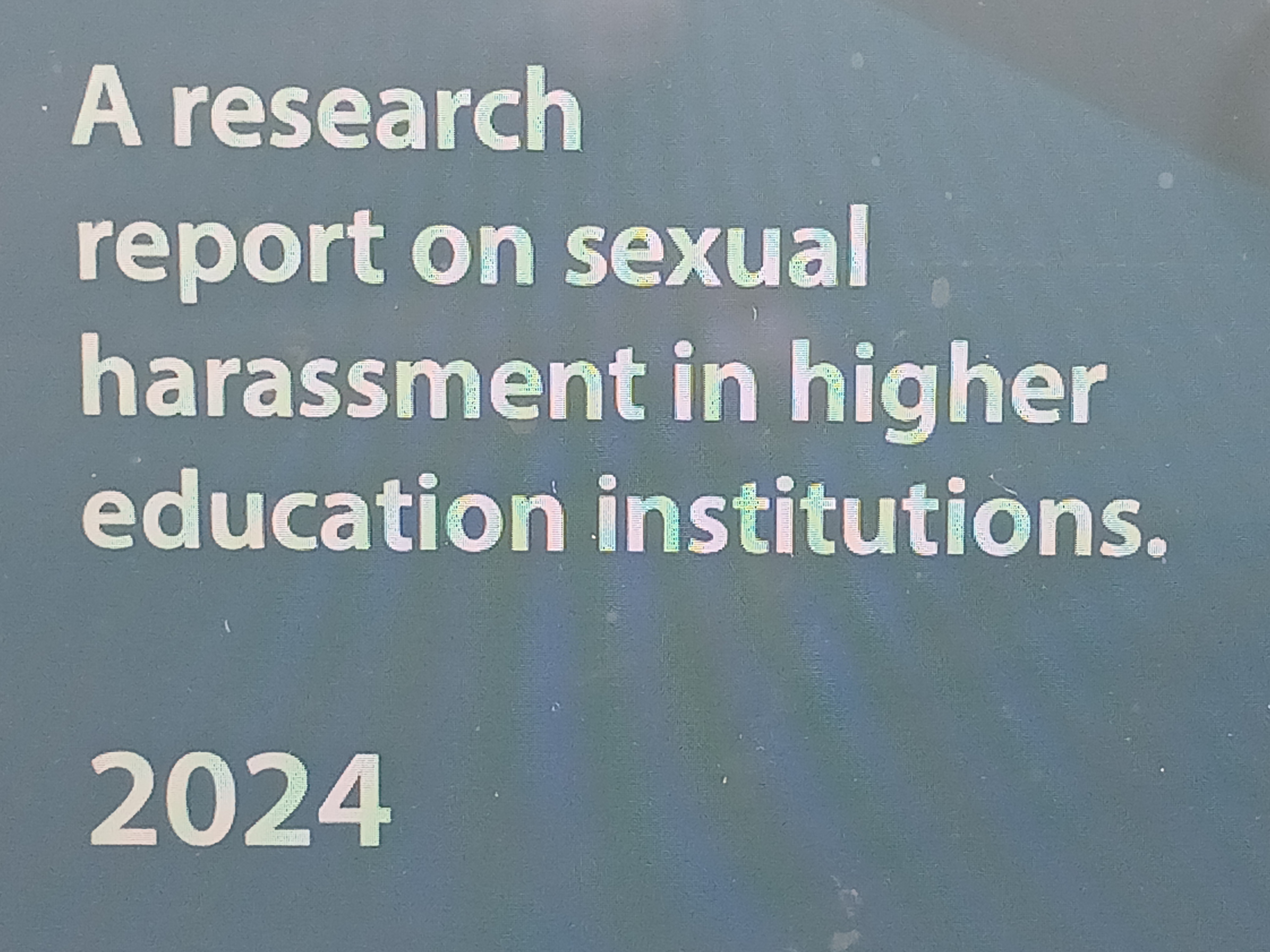 The scourge of sexual harassment in SA’s tertiary institutions
The scourge of sexual harassment in SA’s tertiary institutions
-
 Mpumalanga MEC sues EFF’s Collen Sedibe for defamation
Mpumalanga MEC sues EFF’s Collen Sedibe for defamation
-
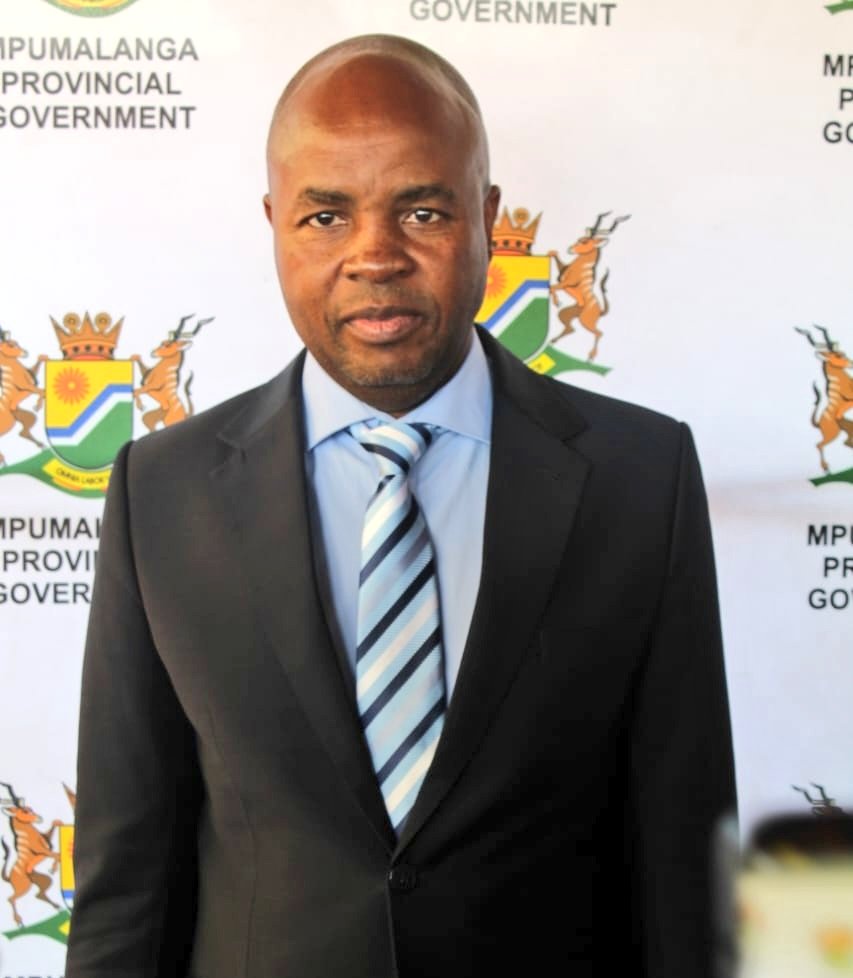 Mpumalanga premier’s R10bn inheritance of unfinished, cash-guzzling projects and a lawsuit
Mpumalanga premier’s R10bn inheritance of unfinished, cash-guzzling projects and a lawsuit
-
 Chamber inundated with calls from SA nationals taking up Trump’s offer
Chamber inundated with calls from SA nationals taking up Trump’s offer
-
 Bongo sues government for R38.2 million
Bongo sues government for R38.2 million
-
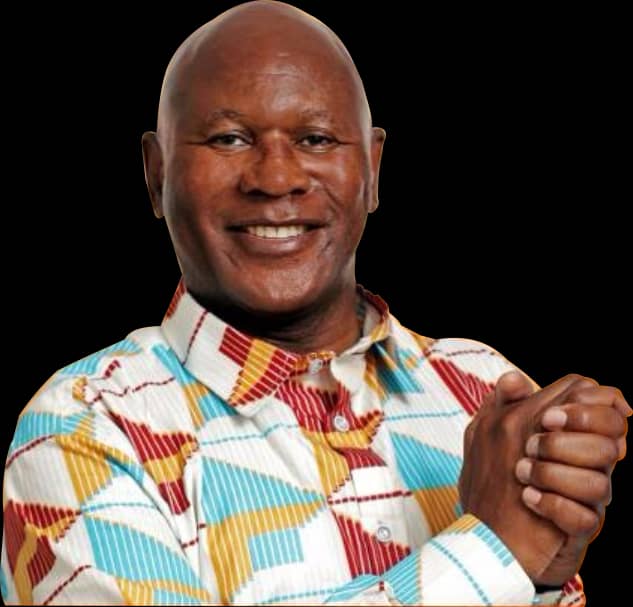 Chiguvare accuses ‘bought’ opposition parties of hampering change in Zimbabwe
Chiguvare accuses ‘bought’ opposition parties of hampering change in Zimbabwe
-
 SIU probes Mpumalanga education department over R15m maintenance projects
SIU probes Mpumalanga education department over R15m maintenance projects
-
 ‘Why is Public Works and Infrastructure deputy minister not stepping aside?’ asks businessman who laid a fraud charge in 2013
‘Why is Public Works and Infrastructure deputy minister not stepping aside?’ asks businessman who laid a fraud charge in 2013
-
.jpg) Elite Mpumalanga school fires whistleblowing director on R4m misappropriation
Elite Mpumalanga school fires whistleblowing director on R4m misappropriation
-
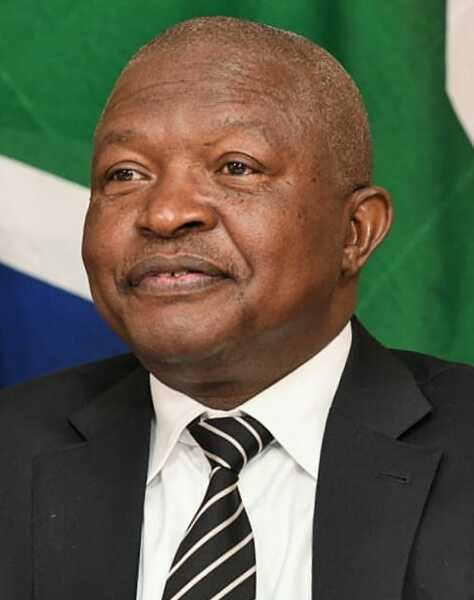 Stealthily, the cat with nine lives leaves the cage
Stealthily, the cat with nine lives leaves the cage
-
 New technology to assist rural home and owners to reap financial rewards from their properties
New technology to assist rural home and owners to reap financial rewards from their properties
-
 Msibi contemplates resigning from ANC due to ‘persistent persecution’
Msibi contemplates resigning from ANC due to ‘persistent persecution’
-
.jpg) Audit report exposes former executive for staging kidnapping to pay blacklisted buddy
Audit report exposes former executive for staging kidnapping to pay blacklisted buddy
-
 MEC Rachoene announces R225m commitments by private sector to upgrade roads
MEC Rachoene announces R225m commitments by private sector to upgrade roads
-
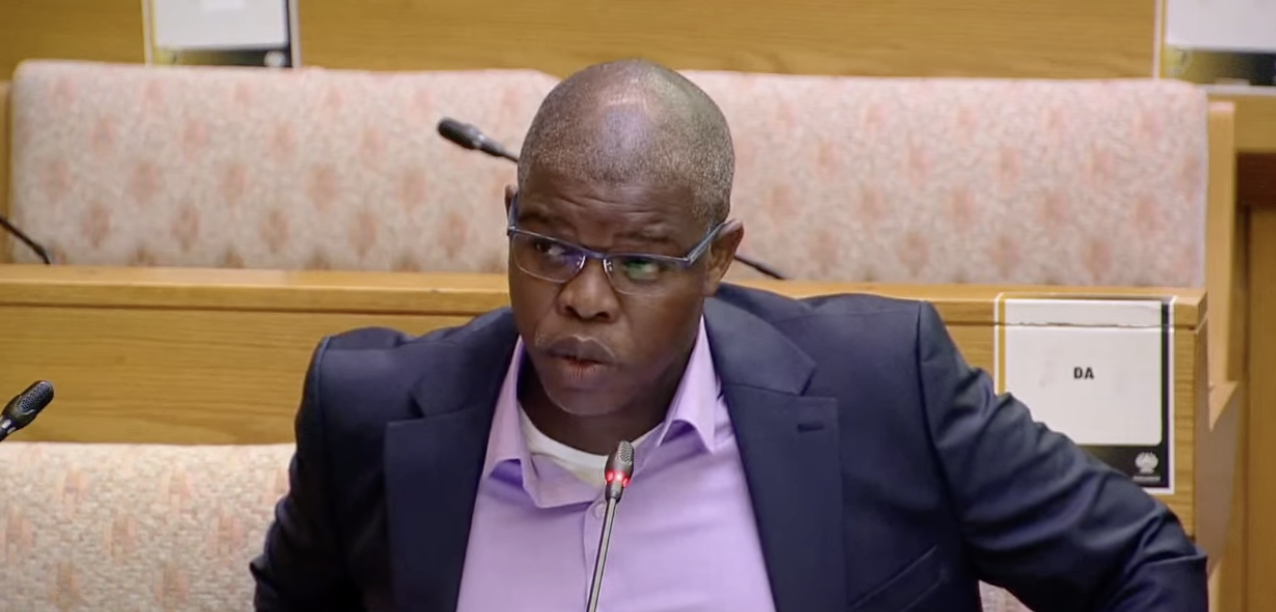 Nzimande sat on a damning forensic report, wayward board members still off the hook four years later
Nzimande sat on a damning forensic report, wayward board members still off the hook four years later
-
 Cryptocurrency scam suspect lied about closing his account after 'robbery at gunpoint'
Cryptocurrency scam suspect lied about closing his account after 'robbery at gunpoint'
-
 Another major victory for entrepreneur as he fights to reclaim his assets after his acquittal
Another major victory for entrepreneur as he fights to reclaim his assets after his acquittal
-
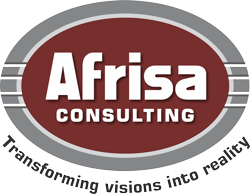 Outcry as consulting tenders in Mpumalanga public works are awarded to foreign companies
Outcry as consulting tenders in Mpumalanga public works are awarded to foreign companies
-
 In the mind of a young inventor
In the mind of a young inventor
-
 ‘My bank details were stolen to run crypto scam’ – says Sandile Unruly Matsheke
‘My bank details were stolen to run crypto scam’ – says Sandile Unruly Matsheke
-
 Van Zyl vows to continue the fight against excessive bank interest rates
Van Zyl vows to continue the fight against excessive bank interest rates
-
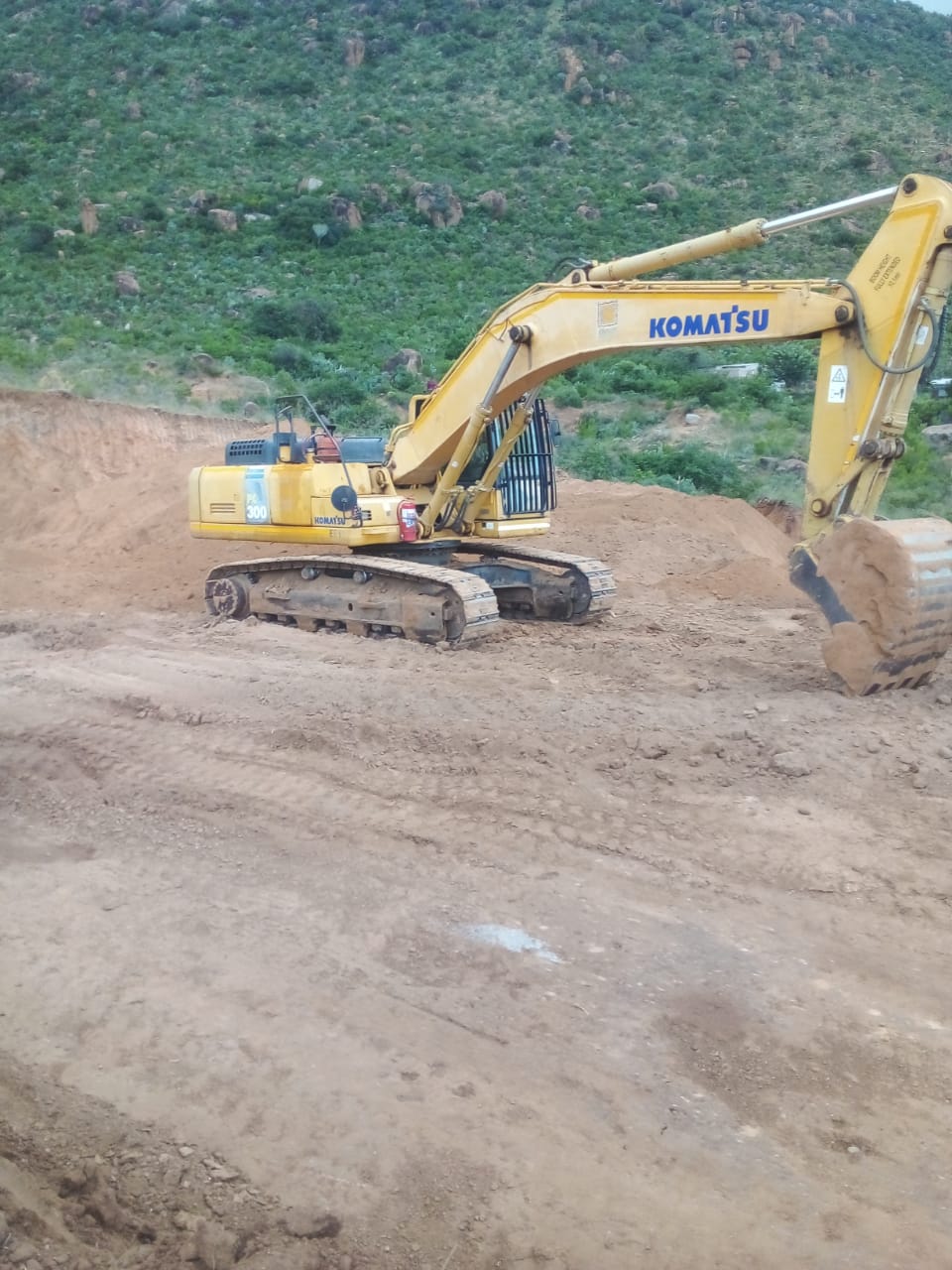 MINING TRAUMA SERIES: Motsepe’s mine managers accused of snubbing DMRE advice to build a ventilation shaft on communal land
MINING TRAUMA SERIES: Motsepe’s mine managers accused of snubbing DMRE advice to build a ventilation shaft on communal land
-
 Dear President Patrice Motsepe
Dear President Patrice Motsepe
-
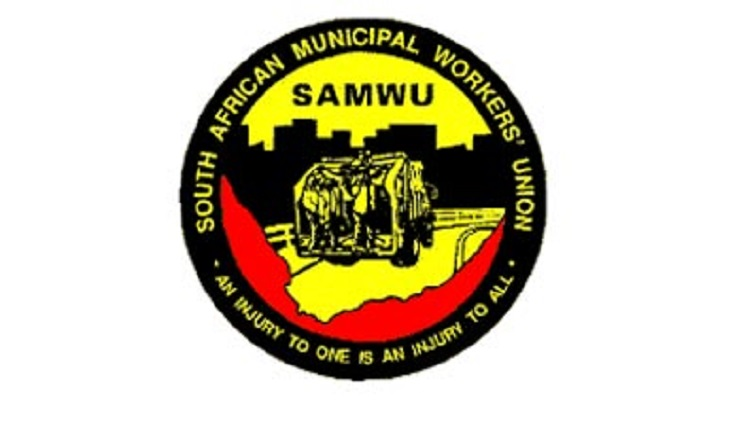 Samwu blows whistleblower’s cover in R61.1m corruption, calls for charges against him
Samwu blows whistleblower’s cover in R61.1m corruption, calls for charges against him
-
 Despite a R71.2 million surplus, KZN Film Commission's officials are under probe for malfeasance
Despite a R71.2 million surplus, KZN Film Commission's officials are under probe for malfeasance
-
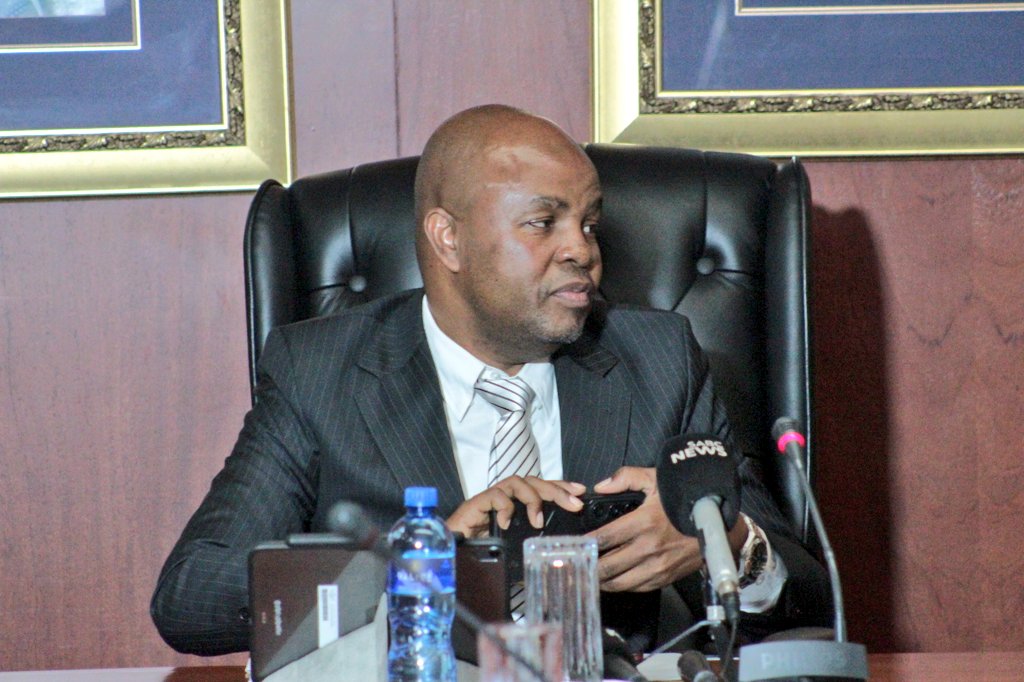 Ndlovu moves past 60/40 gender equity hurdle in Mpumalanga cabinet, North-West’s Mokgosi still stuck
Ndlovu moves past 60/40 gender equity hurdle in Mpumalanga cabinet, North-West’s Mokgosi still stuck
-
 ANC, Ekurhuleni council accused of dragging feet in disciplining police chief facing allegations of being a sex pest
ANC, Ekurhuleni council accused of dragging feet in disciplining police chief facing allegations of being a sex pest
-
 Cryptocurrency scammers leave investors high and dry
Cryptocurrency scammers leave investors high and dry
-
 Court dismisses ‘biased’ MEC’s decision to allow mining in a Mpumalanga wetland
Court dismisses ‘biased’ MEC’s decision to allow mining in a Mpumalanga wetland
-
 Mpumalanga premier sues newspaper for defamation
Mpumalanga premier sues newspaper for defamation
-
 ‘Department approved inflated prices’ - bidder
‘Department approved inflated prices’ - bidder
-
 Robert Gumede's consortium lays fraud charge on sugar bidding
Robert Gumede's consortium lays fraud charge on sugar bidding
-
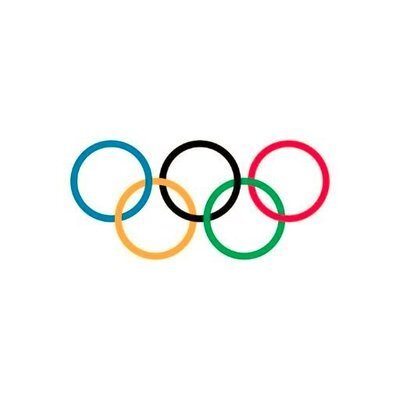 Olympians take a hardline stance against Toyota for global warming and demand action from the IOC
Olympians take a hardline stance against Toyota for global warming and demand action from the IOC
-
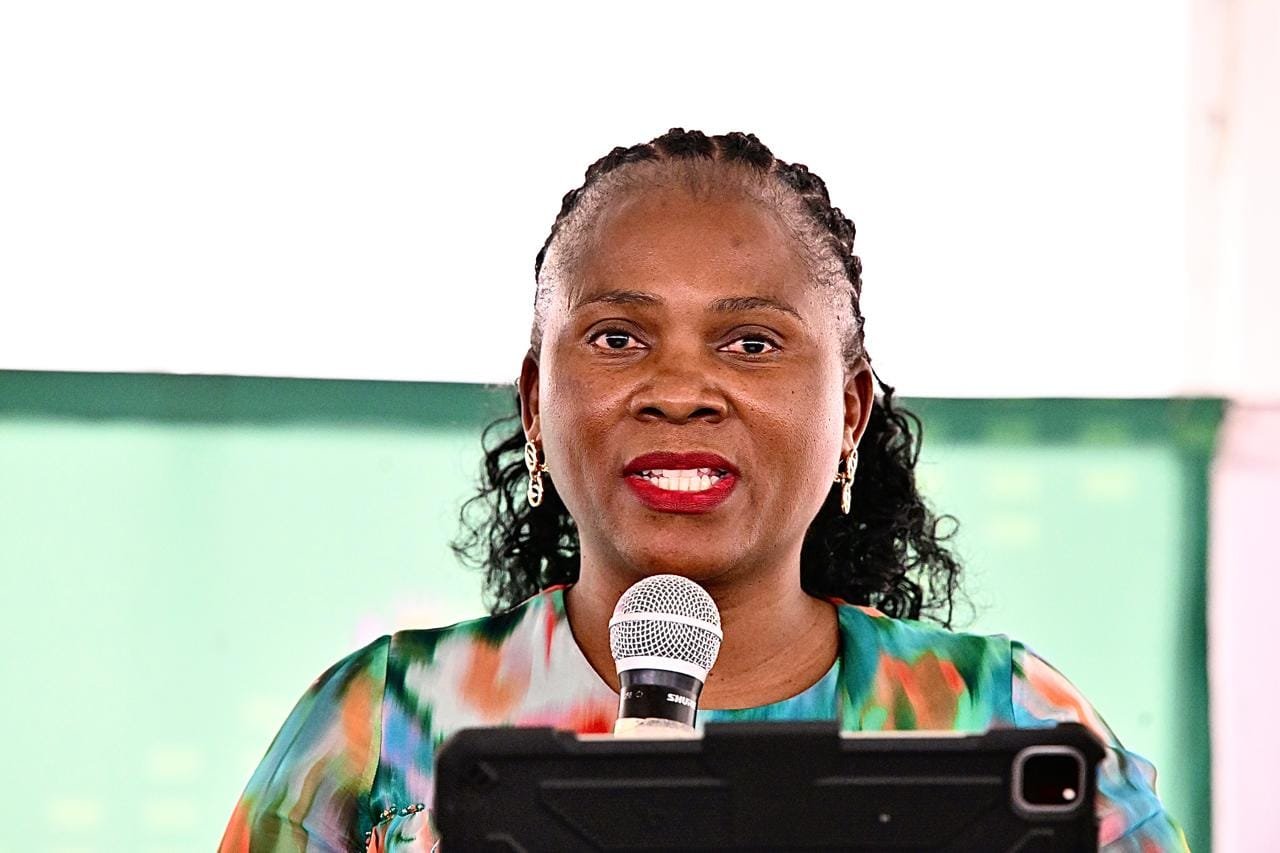 Groblersdal police refuse to open a case against VBS-implicated Limpopo MEC
Groblersdal police refuse to open a case against VBS-implicated Limpopo MEC
-
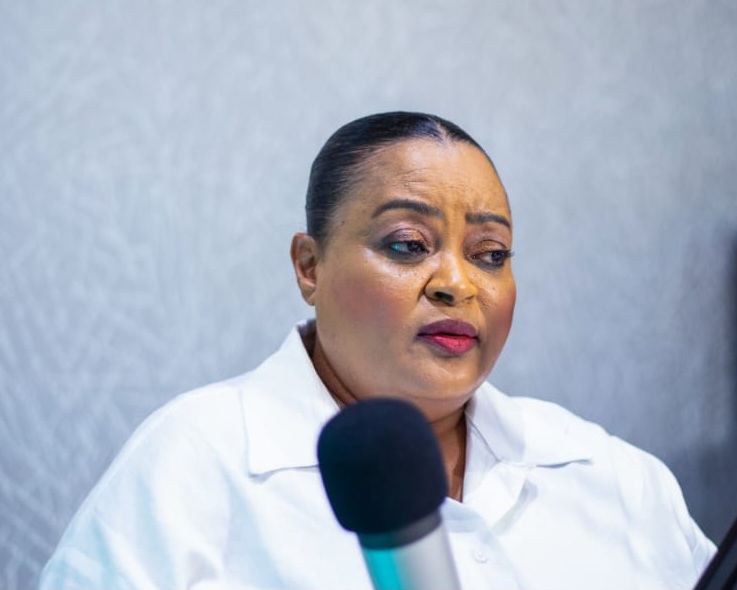 Former deputy president David Mabuza must tell who killed my husband
Former deputy president David Mabuza must tell who killed my husband
-
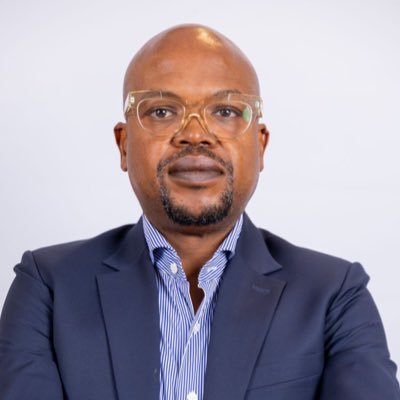 ‘Mmabana Foundation is a money-laundering scheme’ – North West DA
‘Mmabana Foundation is a money-laundering scheme’ – North West DA
-
 Premier Mandla Ndlovu aiming at politicians’ killers
Premier Mandla Ndlovu aiming at politicians’ killers
-
 ‘There was nothing sinister’ – ANCYL treasurer-general Zwelo Masilela on NYDA interview
‘There was nothing sinister’ – ANCYL treasurer-general Zwelo Masilela on NYDA interview
-
 Brace yourself for an ANC-led coalition – SRF Tracking Poll
Brace yourself for an ANC-led coalition – SRF Tracking Poll
-
 ANC councillors in Dannhauser face Buthelezi’s wrath for reinstating a dismissed CFO
ANC councillors in Dannhauser face Buthelezi’s wrath for reinstating a dismissed CFO
-
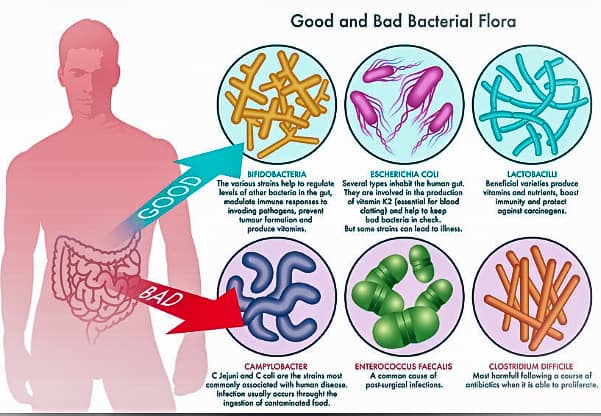 Resistance to antibiotics need special attention to save lives – experts
Resistance to antibiotics need special attention to save lives – experts
-
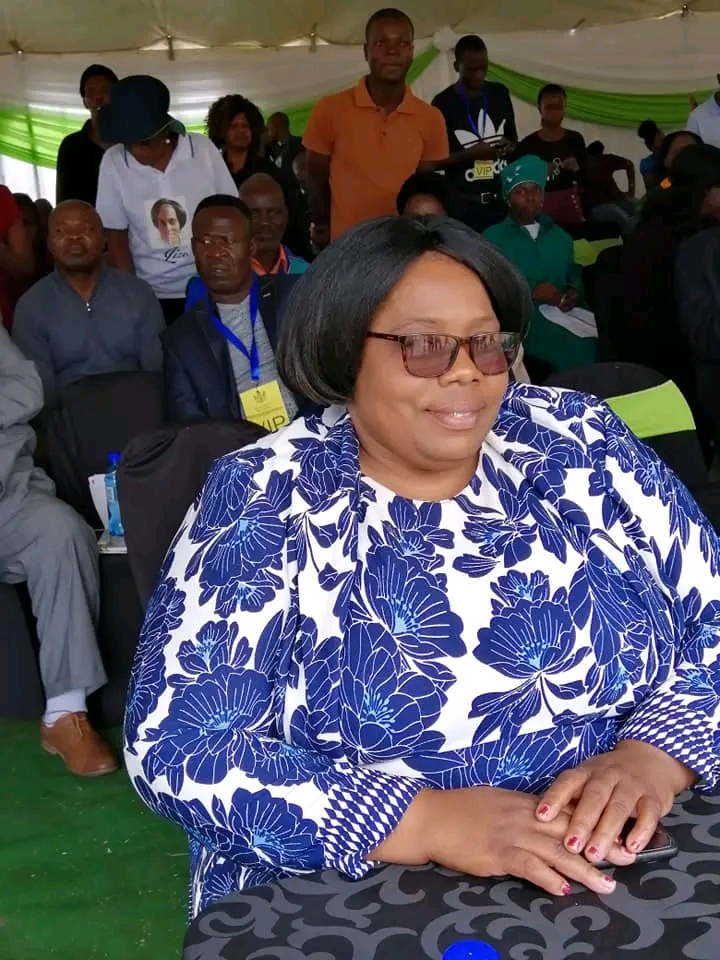 Mayor must resign for protecting rapist
Mayor must resign for protecting rapist
-
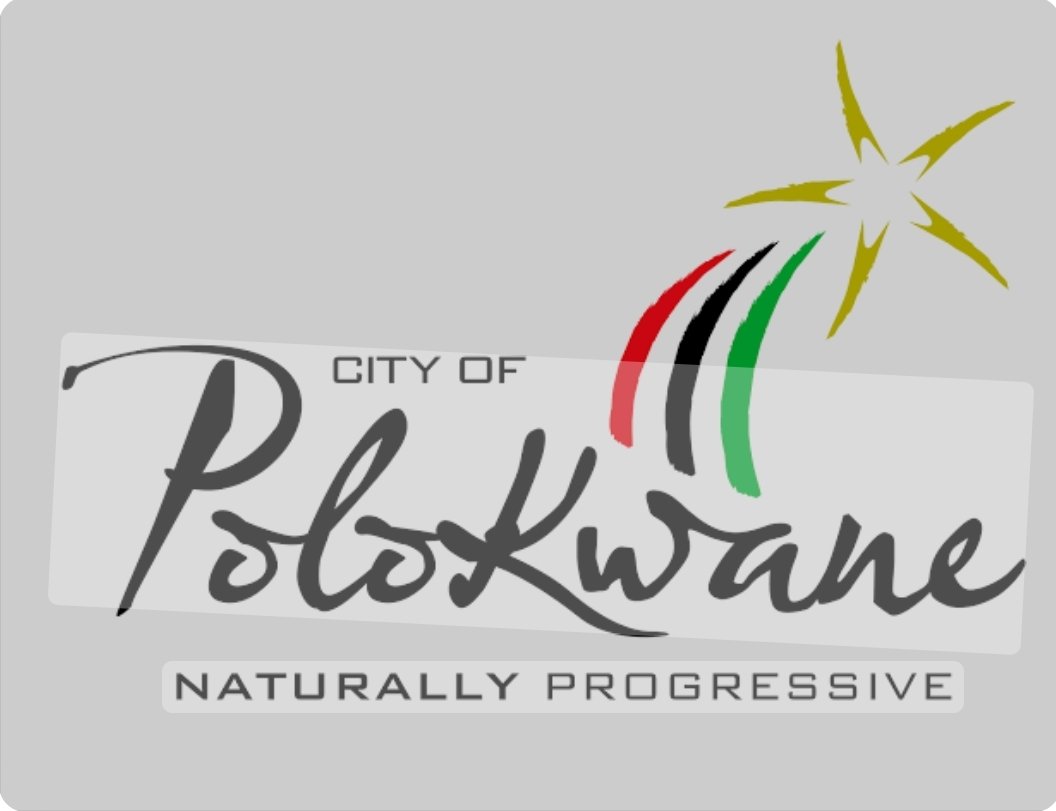 Outcry as Polokwane municipality awards tenders worth R331.2m to companies with tax issues
Outcry as Polokwane municipality awards tenders worth R331.2m to companies with tax issues
-
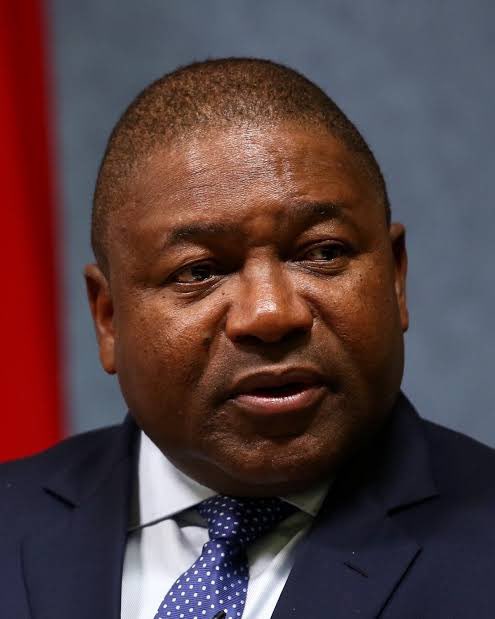 Mozambique elections: Talks are on the horizon
Mozambique elections: Talks are on the horizon
-
 Disgraced Mozambican company bids afresh for Tongaat assets while Gumede’s consortium takes giant leap to finalise its take over
Disgraced Mozambican company bids afresh for Tongaat assets while Gumede’s consortium takes giant leap to finalise its take over
-
 Polokwane mayor must review corruption-riddled tenders - ODCiSA
Polokwane mayor must review corruption-riddled tenders - ODCiSA
-
 Energy Council’s partnership with state capture consultancy an affront
Energy Council’s partnership with state capture consultancy an affront
-
 Deputy minister reneges promise to pay R500k debt and then withdraws application to gag businessman and a media house
Deputy minister reneges promise to pay R500k debt and then withdraws application to gag businessman and a media house
-
 Mahindra, IDC explore establishing a KCD plant in SA
Mahindra, IDC explore establishing a KCD plant in SA
-
 A contract that no one wants to talk about: Is Mpumalanga health department hiding something?
A contract that no one wants to talk about: Is Mpumalanga health department hiding something?
-
 ‘I’ll let bygones be bygones’ – Bongo after his discharge from fraud and money laundering case
‘I’ll let bygones be bygones’ – Bongo after his discharge from fraud and money laundering case
-
 Khato Civil’s African dream
Khato Civil’s African dream
-
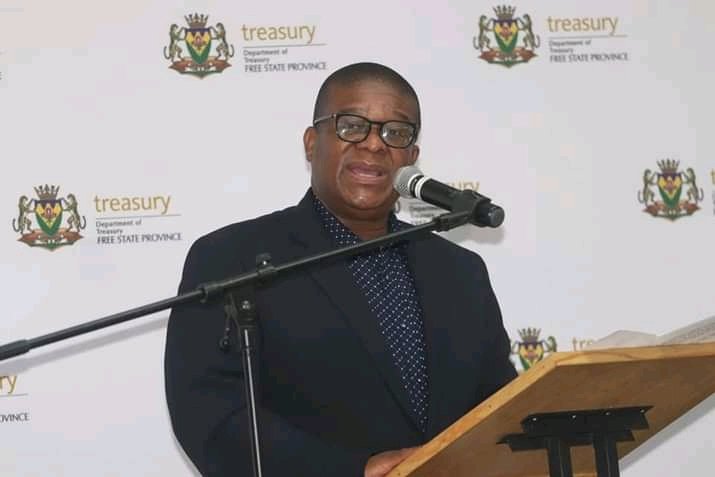 Free State Health HOD facing criminal charges has been demoted to be provincial accountant general.
Free State Health HOD facing criminal charges has been demoted to be provincial accountant general.
-
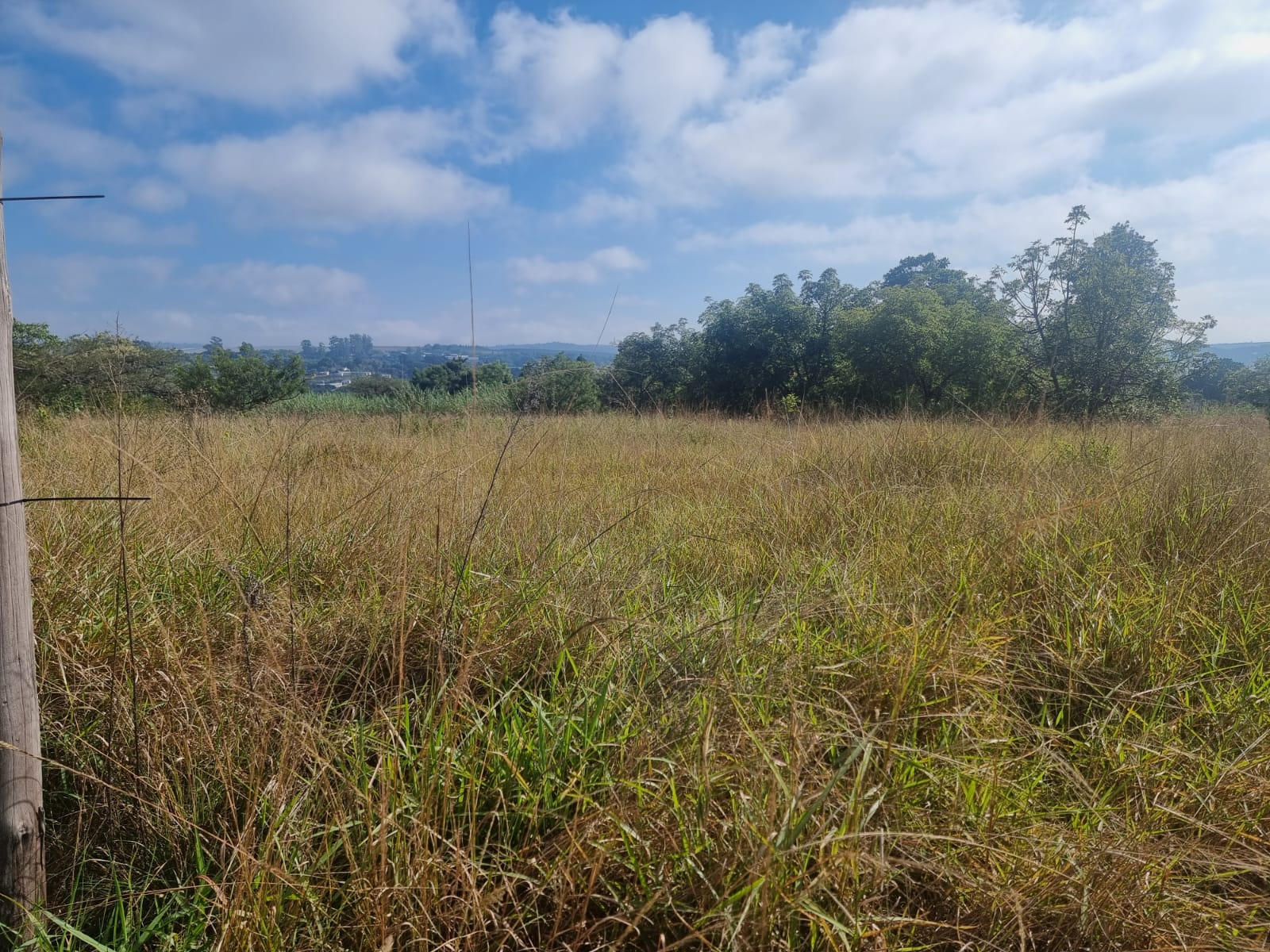 Mpumalanga’s R150 million expenditure ‘down the drain’
Mpumalanga’s R150 million expenditure ‘down the drain’
-
 Samwu’s plan to vilify whisteblower of R61m corruption falls flat
Samwu’s plan to vilify whisteblower of R61m corruption falls flat
-
 ‘I’m not usurping amakhosi powers’ – Thoko Didiza
‘I’m not usurping amakhosi powers’ – Thoko Didiza
-
 Welcome to Zolani Balekwa’s ‘artivism’
Welcome to Zolani Balekwa’s ‘artivism’
-
 Being a forensic investigator in Mpumalanga is not for the faint-hearted
Being a forensic investigator in Mpumalanga is not for the faint-hearted
-
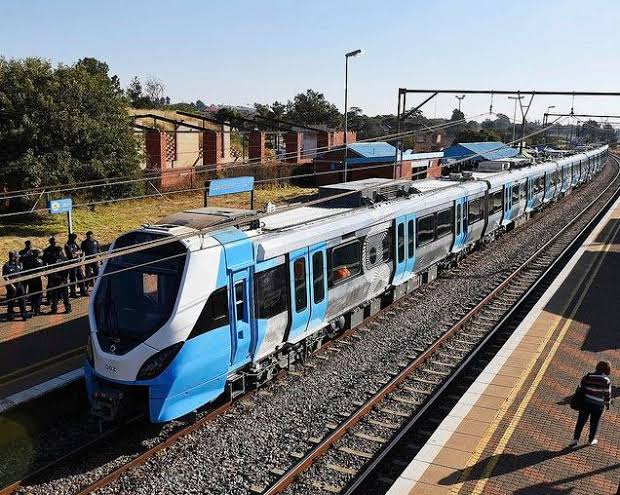 Engineer’s report motivates R3bn payment to an irregularly appointed company at Prasa
Engineer’s report motivates R3bn payment to an irregularly appointed company at Prasa
-
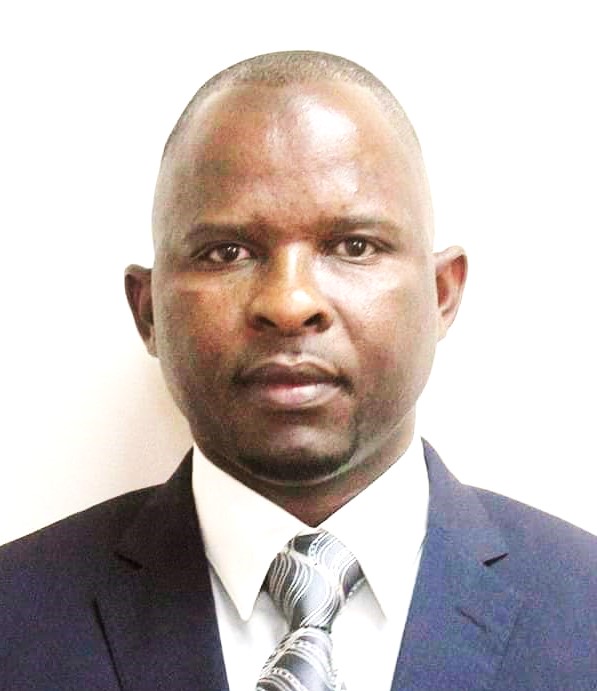 ‘Courts must not gag MPs’ – pleads convicted Eswatini MP
‘Courts must not gag MPs’ – pleads convicted Eswatini MP
-
 UCT research gives thumbs up to home language education
UCT research gives thumbs up to home language education
-
 Border between Lesotho and South Africa is not porous but wide open
Border between Lesotho and South Africa is not porous but wide open
-
 Municipalities could have spend R2m for councillors to attend ANC shindig
Municipalities could have spend R2m for councillors to attend ANC shindig
-
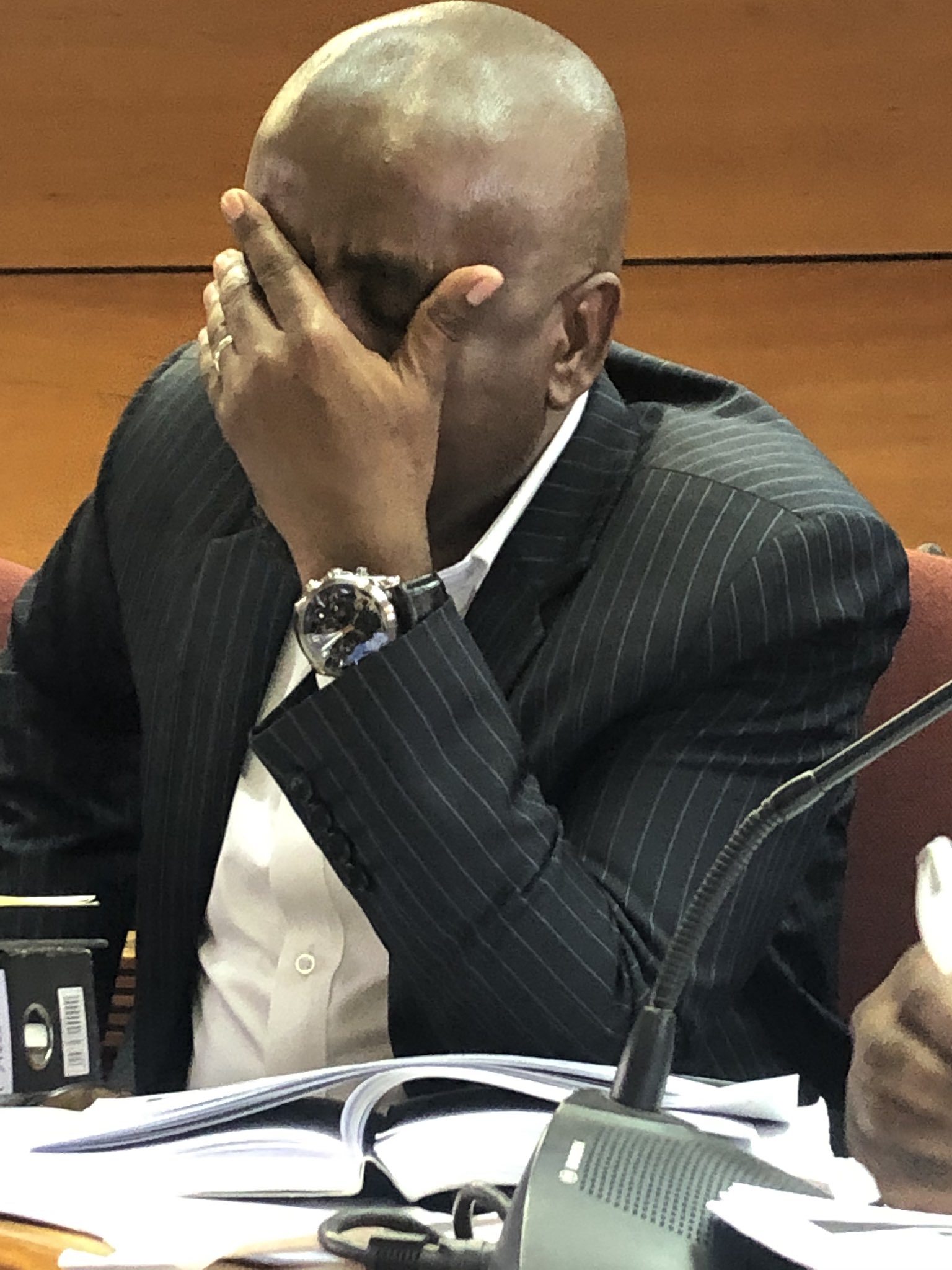 Sekhukhune municipality’s 127 million problems
Sekhukhune municipality’s 127 million problems
-
 Phosa’s role in finding the Libyan billions
Phosa’s role in finding the Libyan billions
-
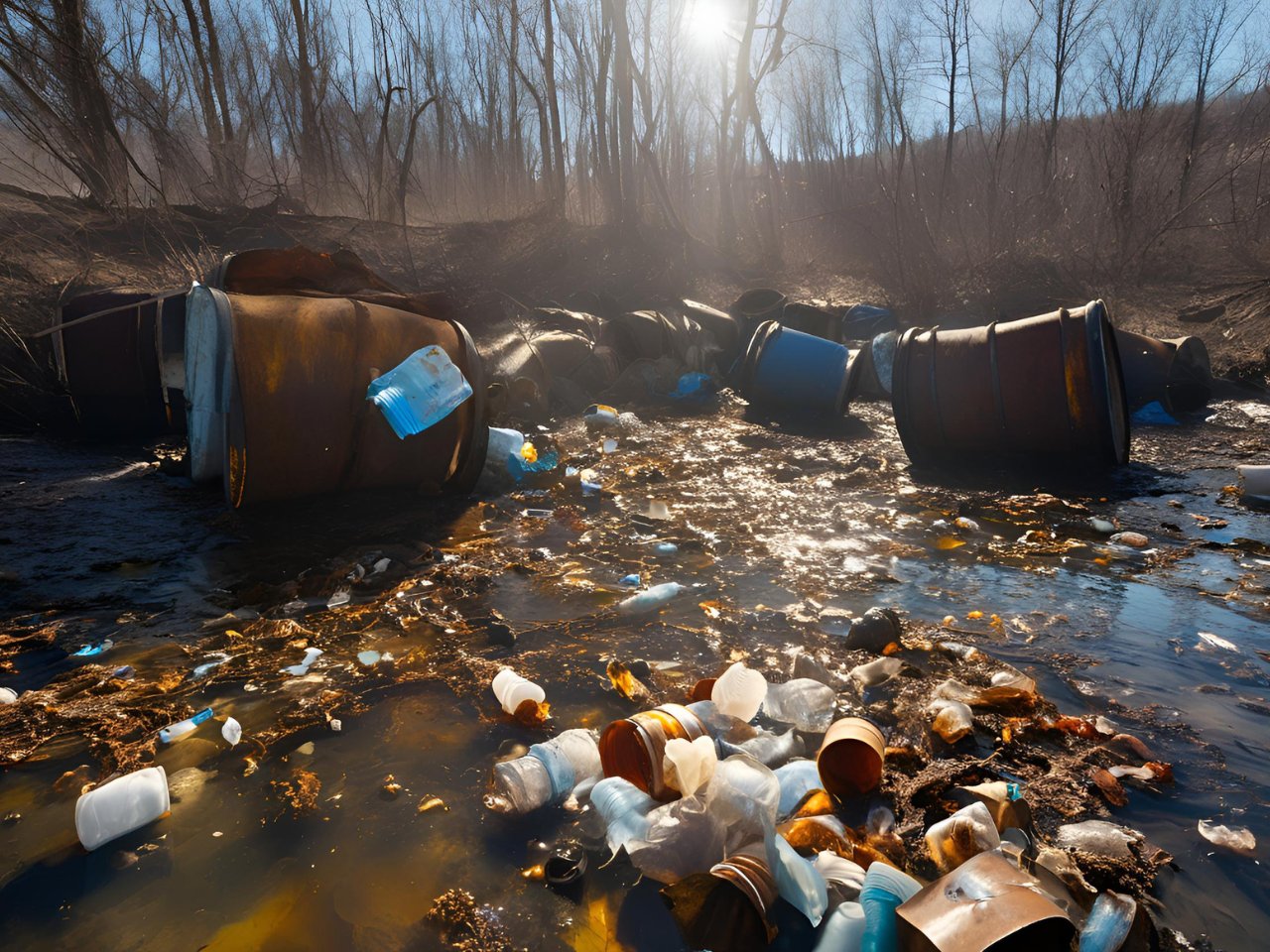 Mayors, municipal managers to be held personally liable for pollution of water resources
Mayors, municipal managers to be held personally liable for pollution of water resources
-
 City of Matlosana manager did not steal R3m – investigation report
City of Matlosana manager did not steal R3m – investigation report
-
 Sekhukhune municipality mum on lost R46.4 million
Sekhukhune municipality mum on lost R46.4 million
-
 ‘I’m not appealing’ – says Mandla Msibi after DC suspends him for three years
‘I’m not appealing’ – says Mandla Msibi after DC suspends him for three years
-
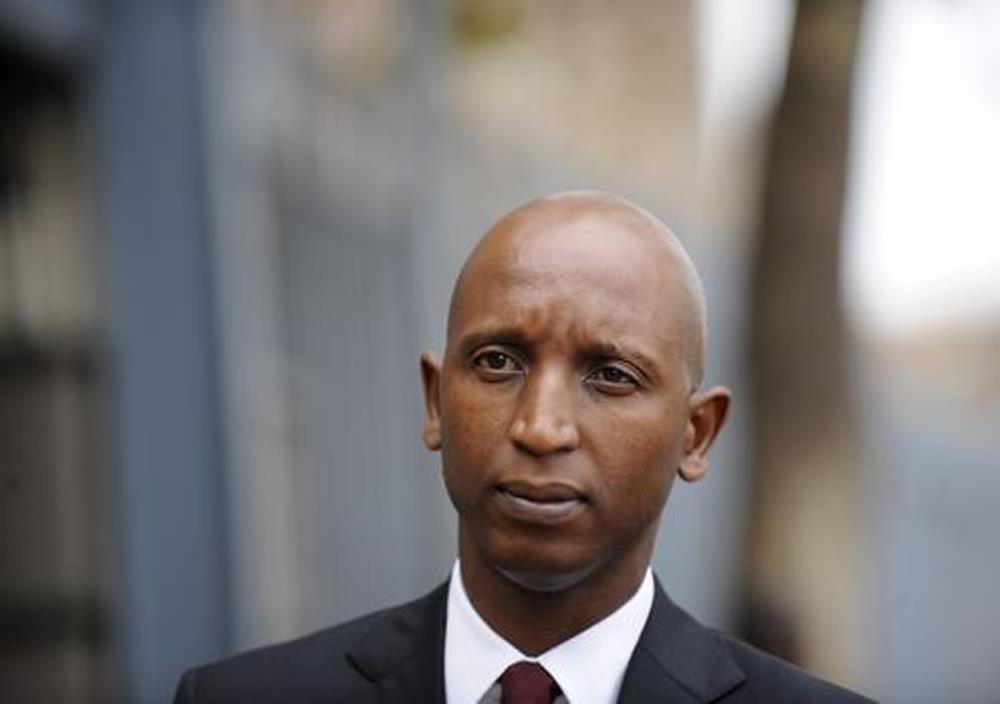 Lawyer accused of collapsing biggest citrus estate struck off the roll
Lawyer accused of collapsing biggest citrus estate struck off the roll
-
 Mpumalanga Agriculture department’s attempt to dismiss a R65million claim fails
Mpumalanga Agriculture department’s attempt to dismiss a R65million claim fails
-
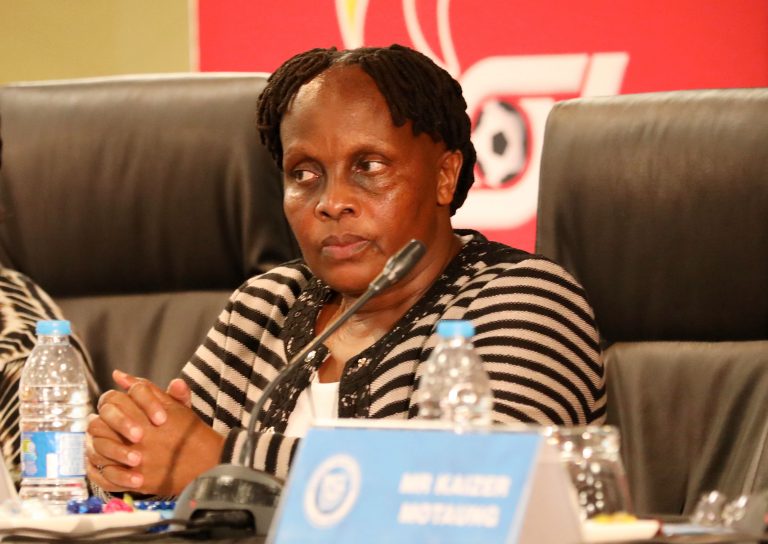 Mpumalanga premier to convince disillusioned PSL to consider bringing matches to Mbombela stadium
Mpumalanga premier to convince disillusioned PSL to consider bringing matches to Mbombela stadium
-
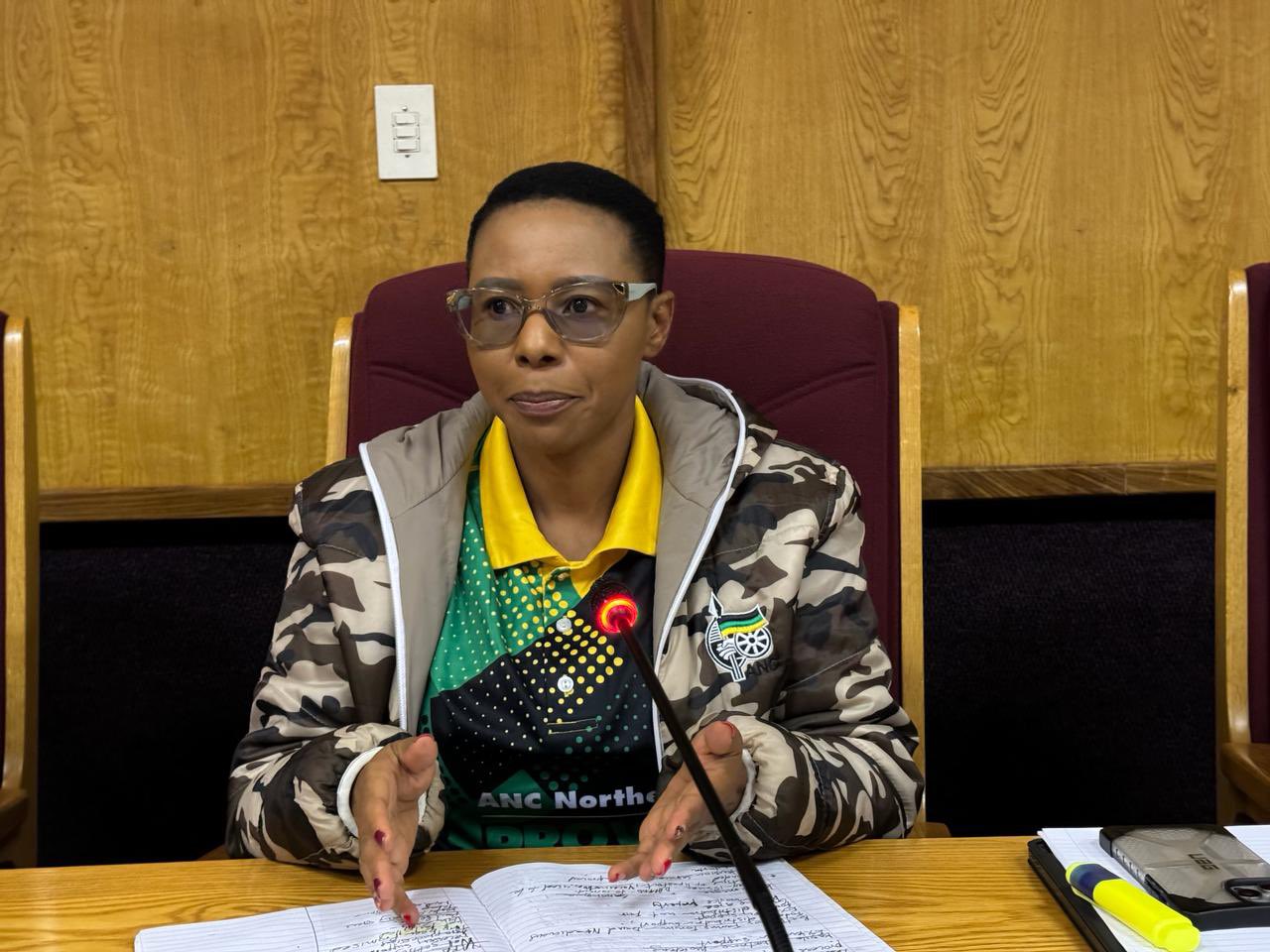 Northern Cape government wimps out of challenging R3.7m payment to an investigator of land scam
Northern Cape government wimps out of challenging R3.7m payment to an investigator of land scam
-
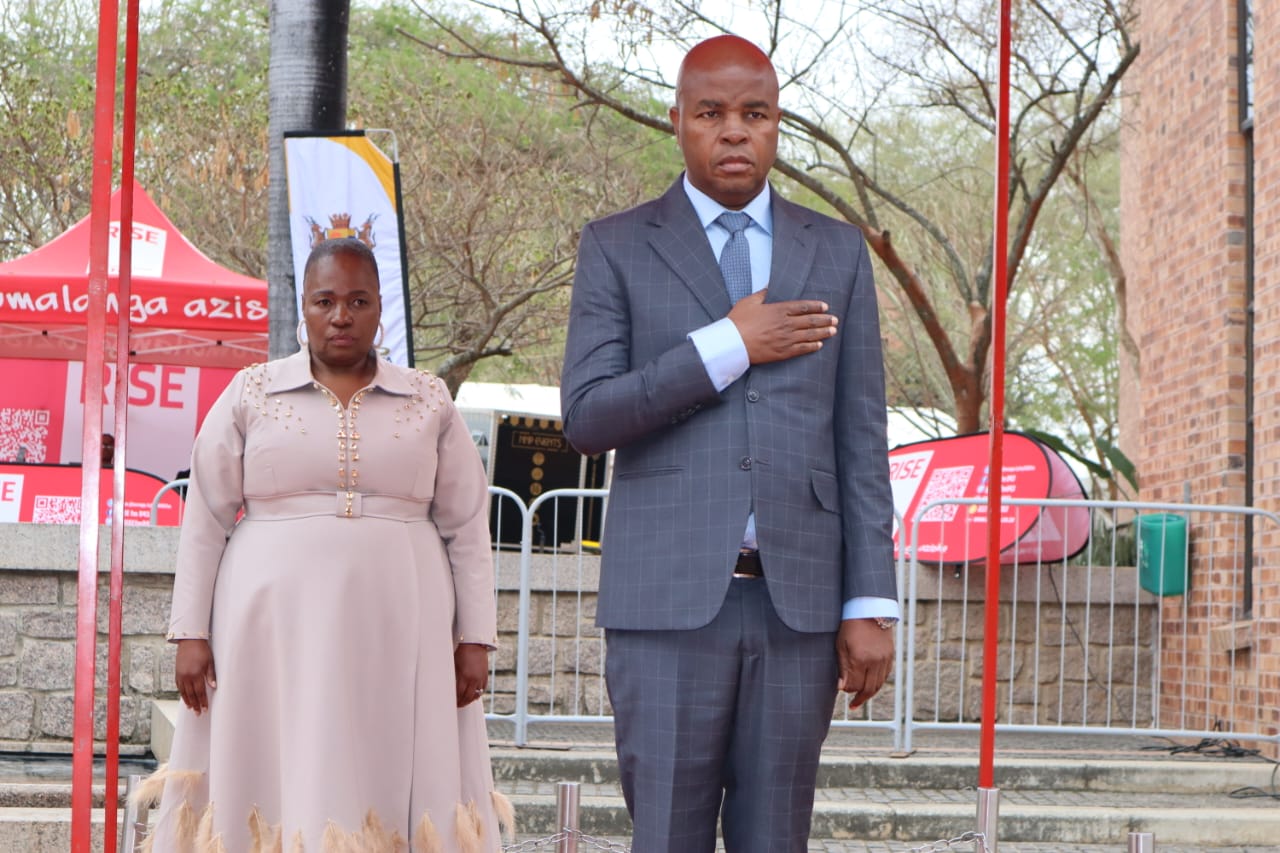 Ndlovu targets 5% economic growth for job creation in all sectors
Ndlovu targets 5% economic growth for job creation in all sectors
-
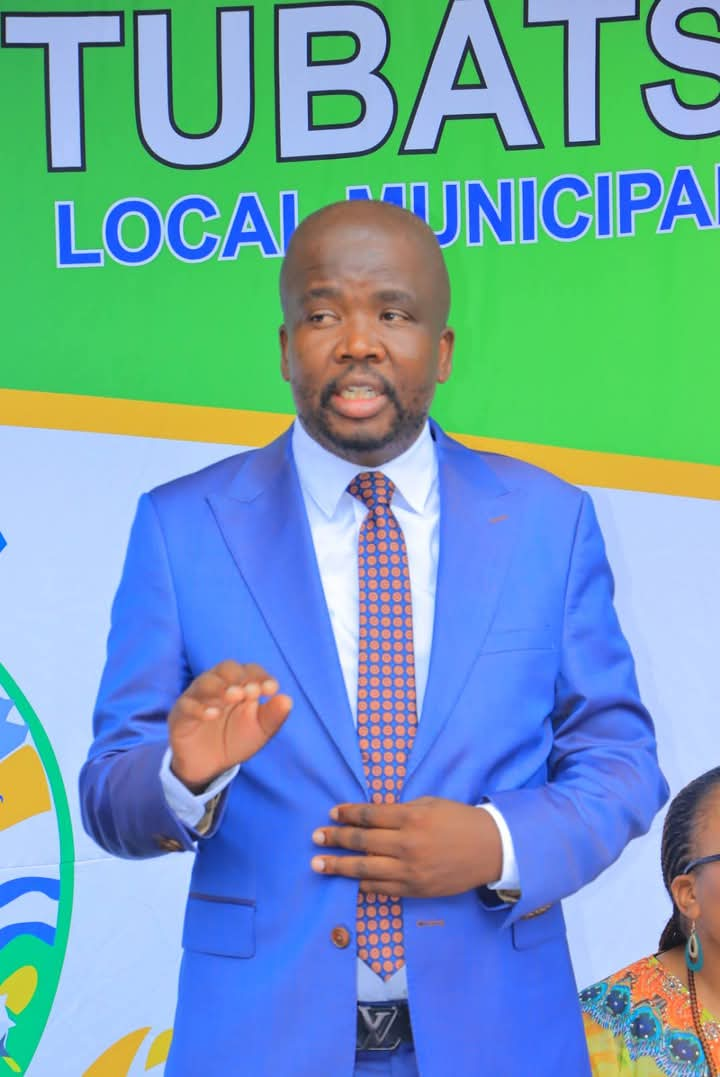 Fetakgomo Tubatse mayor, Eddie Maila, takes keen interest in improving education
Fetakgomo Tubatse mayor, Eddie Maila, takes keen interest in improving education
-
 Mpumalanga Public Works HOD on the ropes after adverse Scopa findings
Mpumalanga Public Works HOD on the ropes after adverse Scopa findings
-
 Mpumalanga capital city CFO fights new attempts to suspend her
Mpumalanga capital city CFO fights new attempts to suspend her
-
 Mathebula’s ever rising star as a tennis coach
Mathebula’s ever rising star as a tennis coach
-
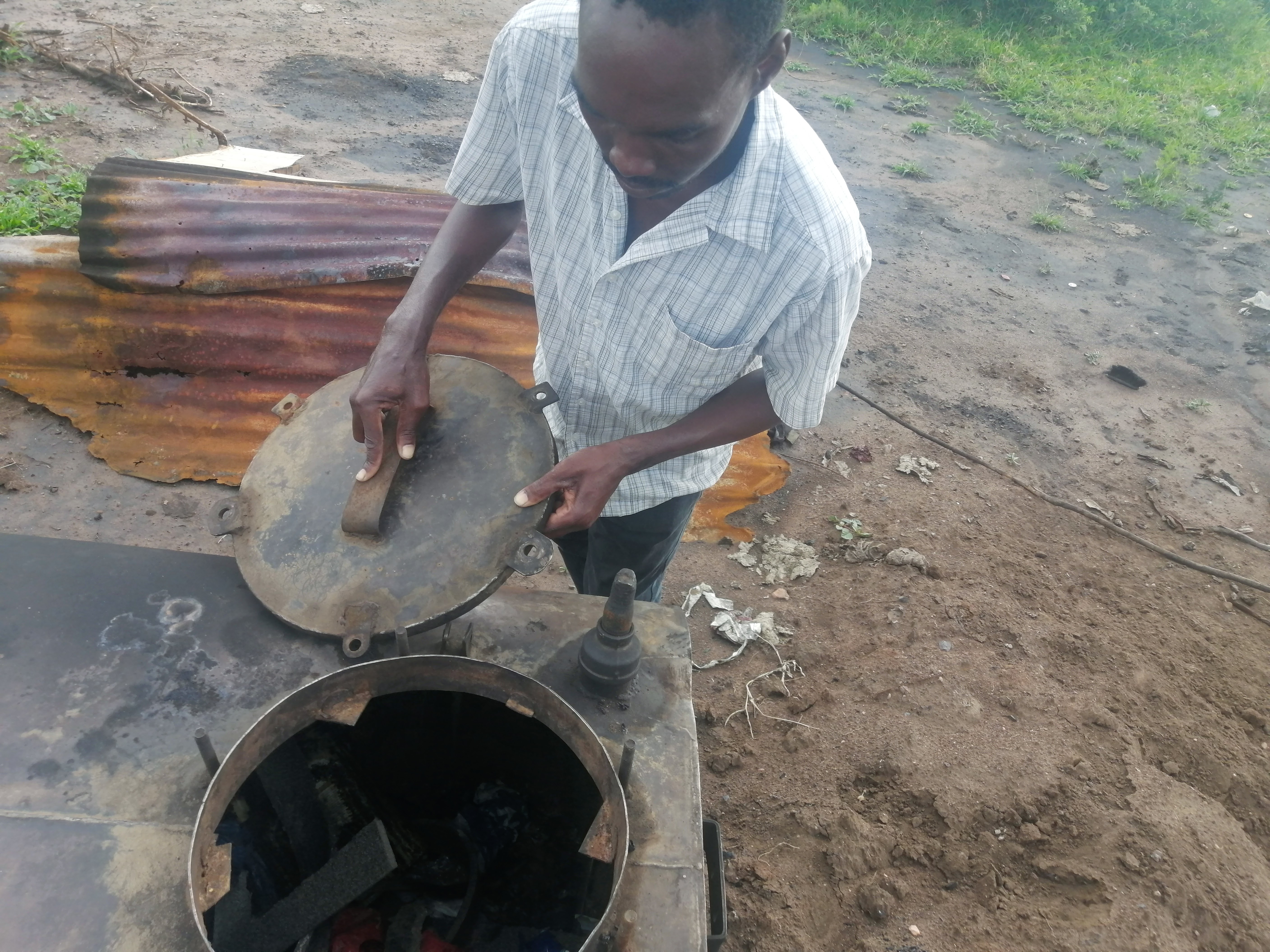 Village diesel producer’s breakthrough as he gets his first big order
Village diesel producer’s breakthrough as he gets his first big order
-
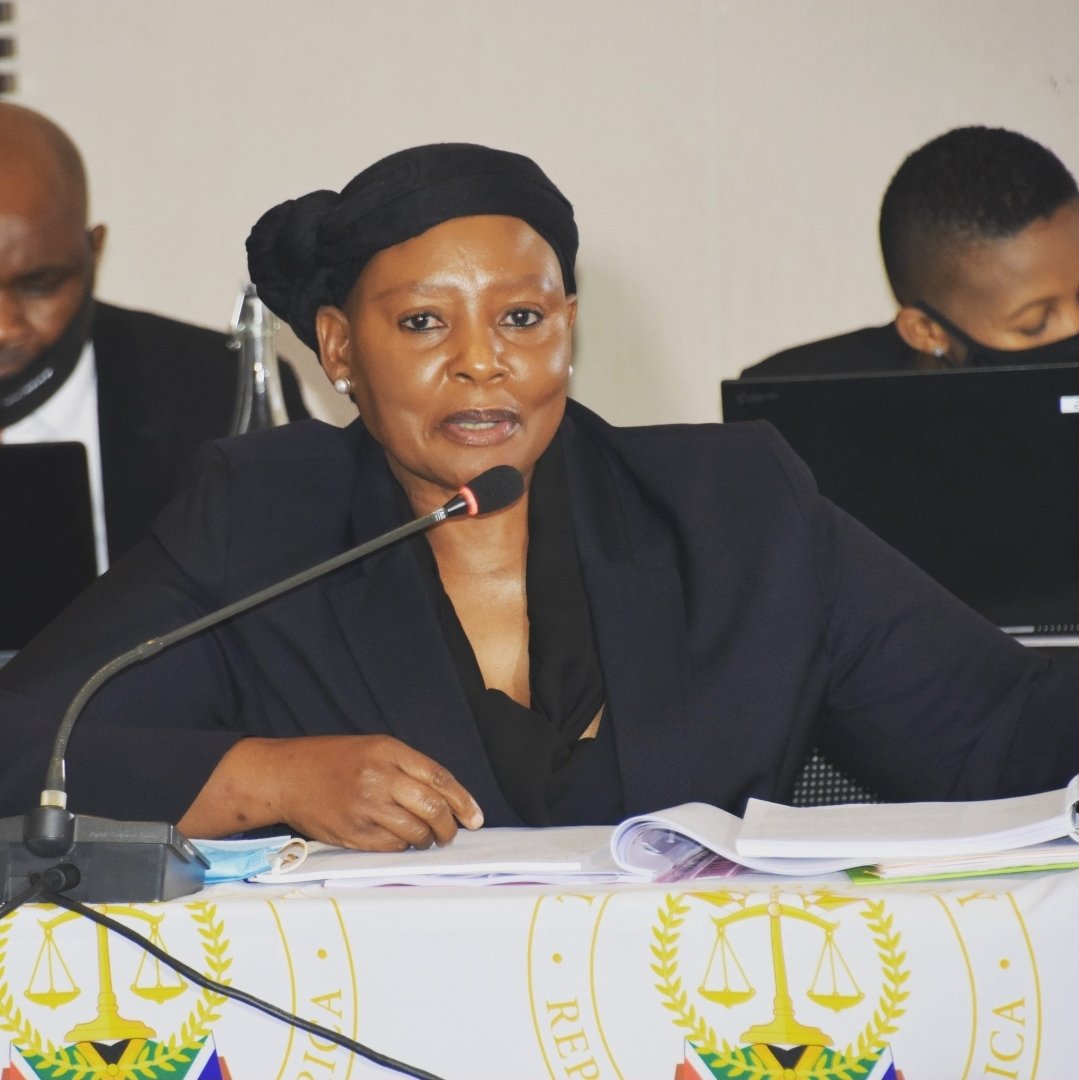 Limpopo DPP orders police to reinvestigate false CV case against senior civil servant
Limpopo DPP orders police to reinvestigate false CV case against senior civil servant
-
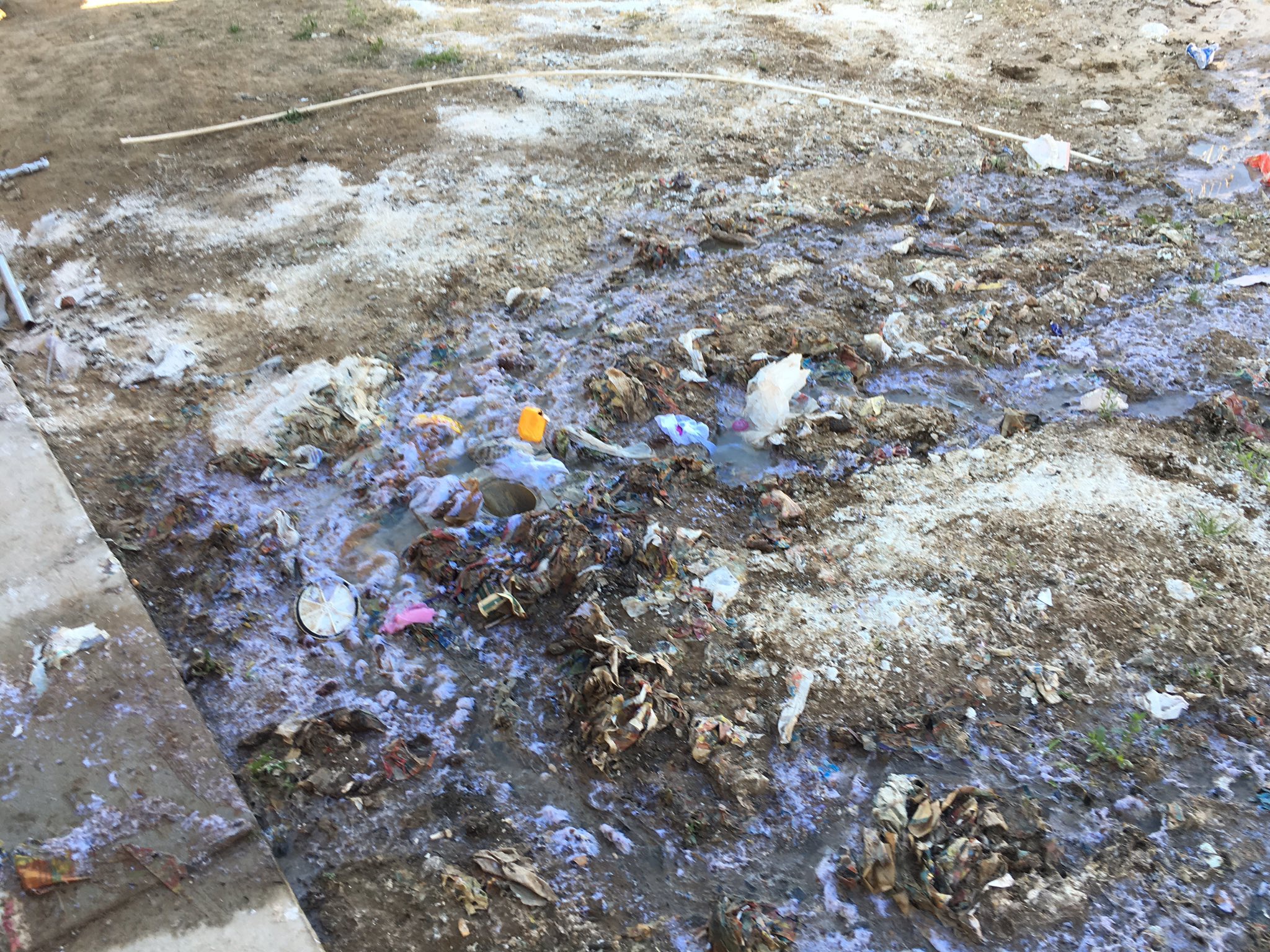 Municipal manager ordered to stop sewerage spill into river or face a prison sentence
Municipal manager ordered to stop sewerage spill into river or face a prison sentence
-
 Vindicated businessman wins first leg of the fight against Master of the High Court to reclaim his assets and cash
Vindicated businessman wins first leg of the fight against Master of the High Court to reclaim his assets and cash
-
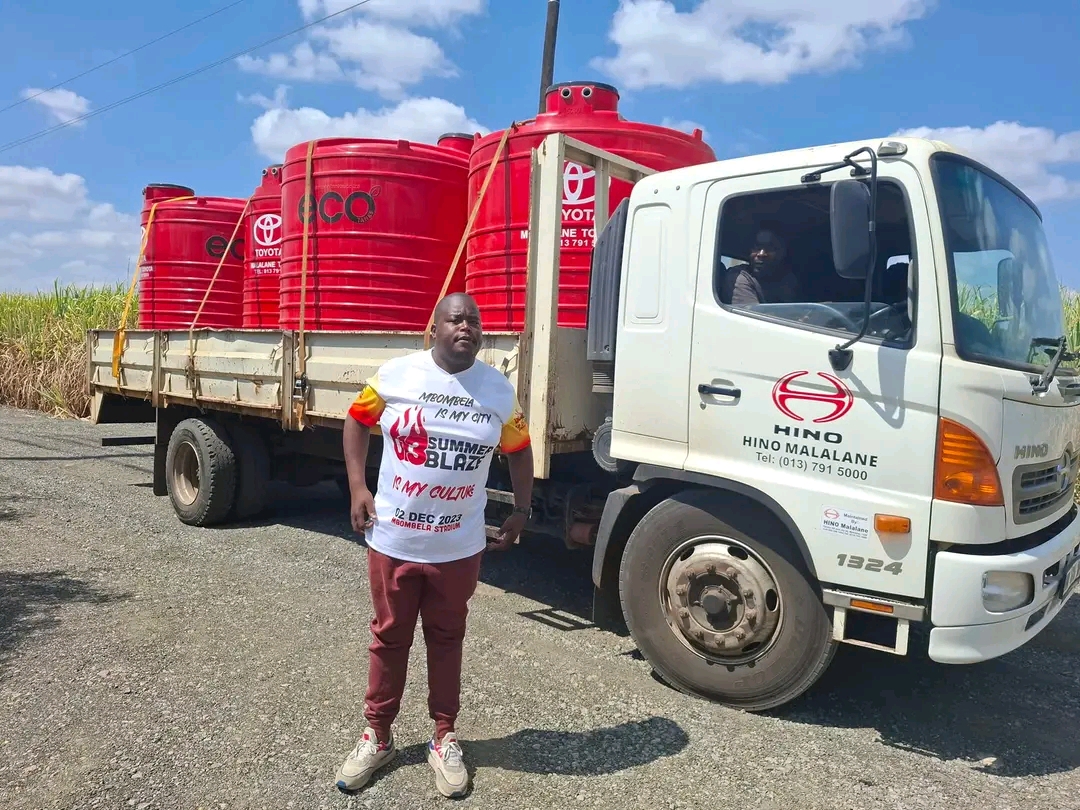 Shot Mpumalanga activist raised legitimate concern: workers milked coffers in overtime claims
Shot Mpumalanga activist raised legitimate concern: workers milked coffers in overtime claims
-
 SA company set to begin construction of R5.7bn Malawi water project
SA company set to begin construction of R5.7bn Malawi water project
-
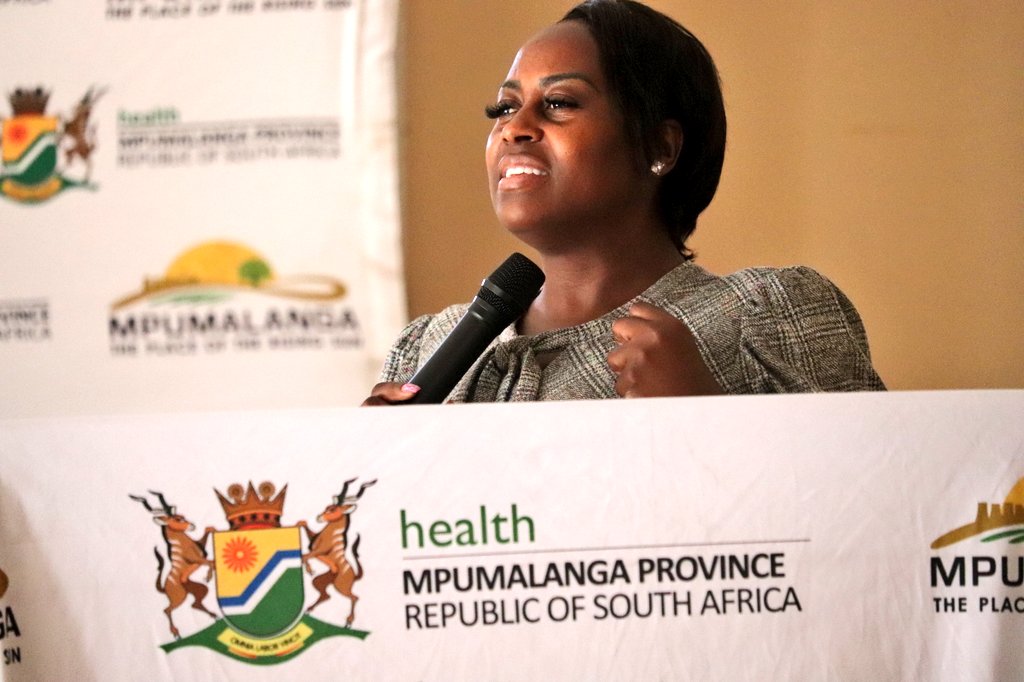 Manzini must release details on Mpox – DA
Manzini must release details on Mpox – DA
-
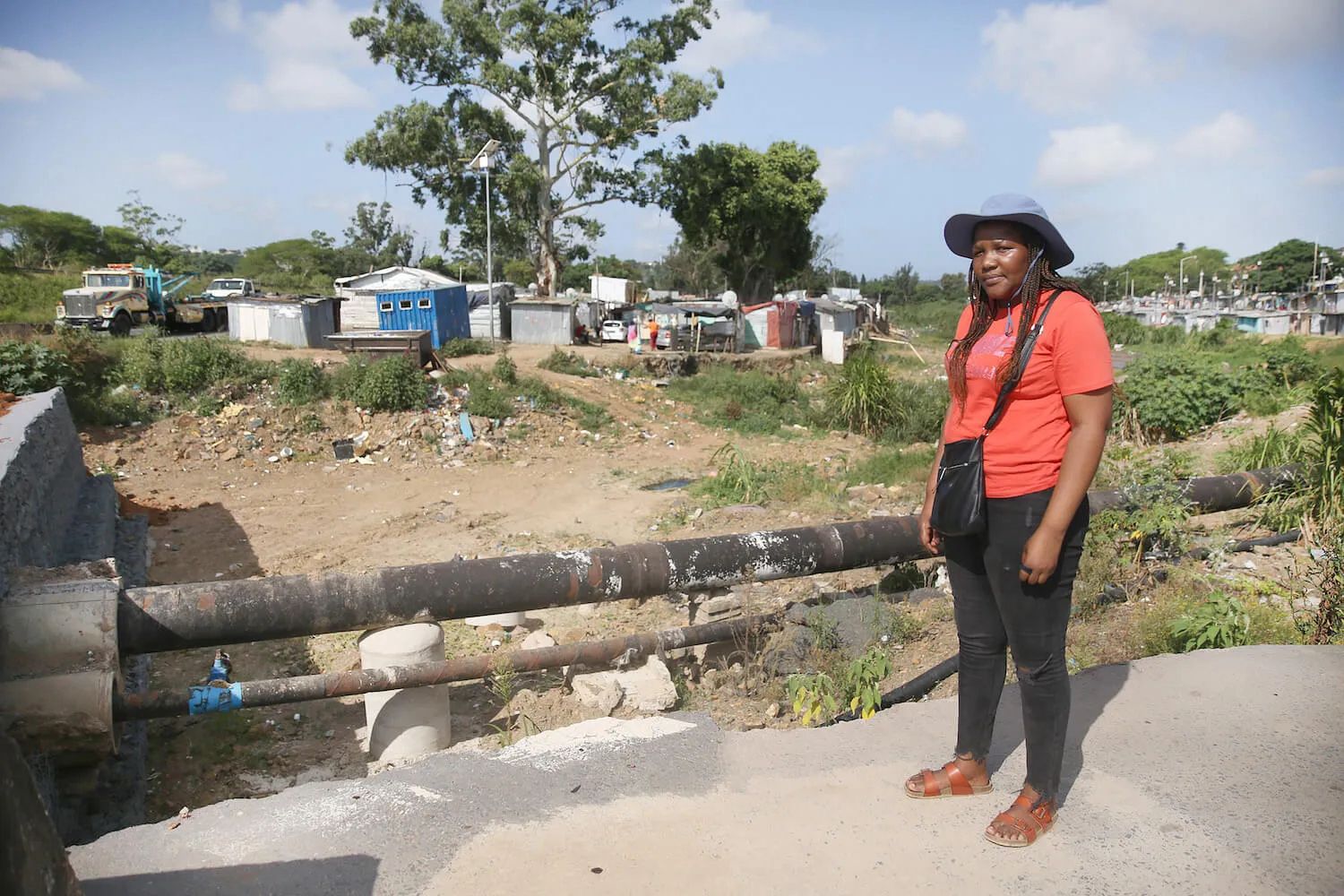 KZN flood victims have a chance to set a precedent by suing fossil-fuel companies for the climate change disaster
KZN flood victims have a chance to set a precedent by suing fossil-fuel companies for the climate change disaster
-
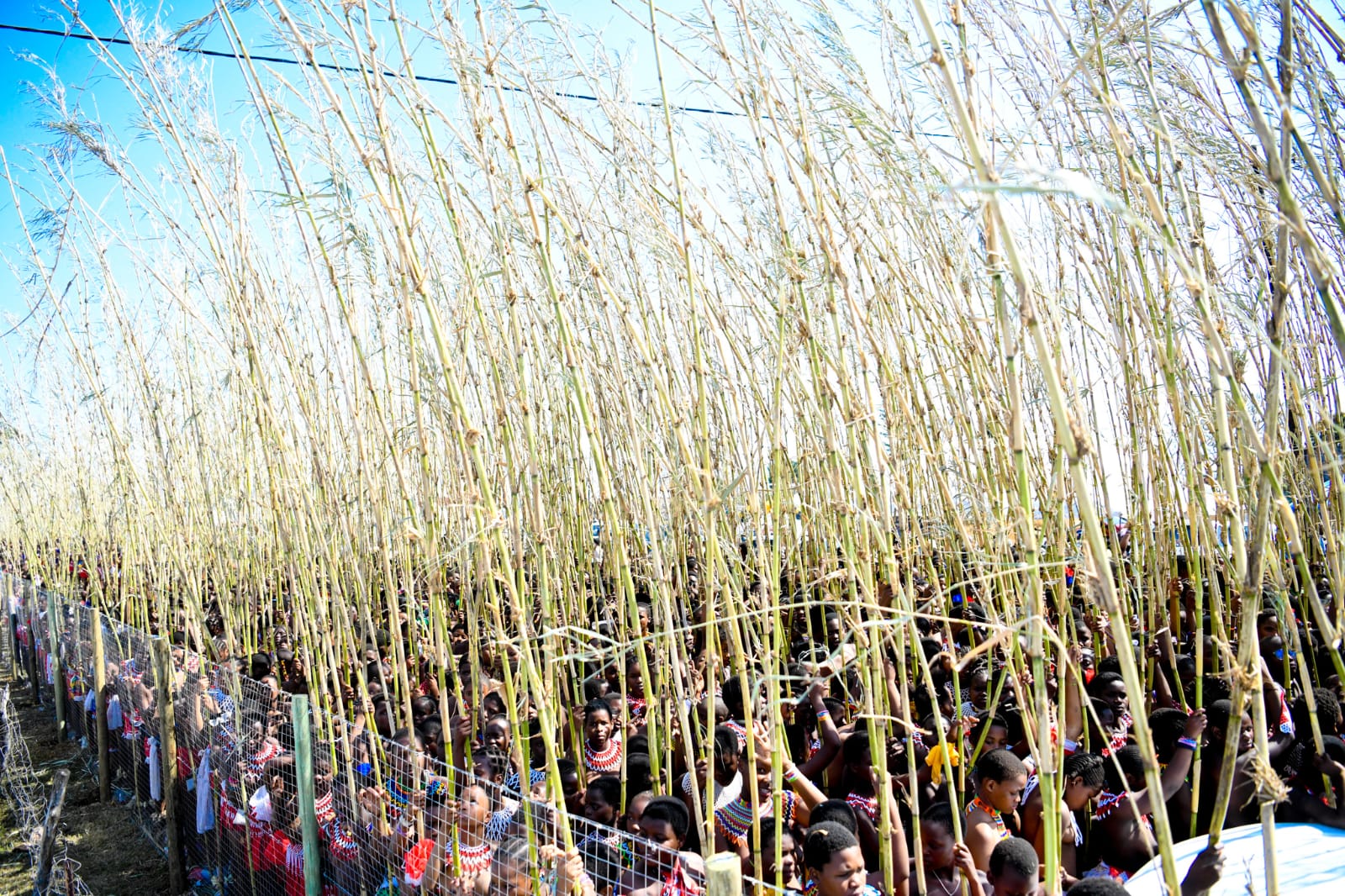 KZN, Mpumalanga governments take steps to resolve chieftaincy disputes
KZN, Mpumalanga governments take steps to resolve chieftaincy disputes
-
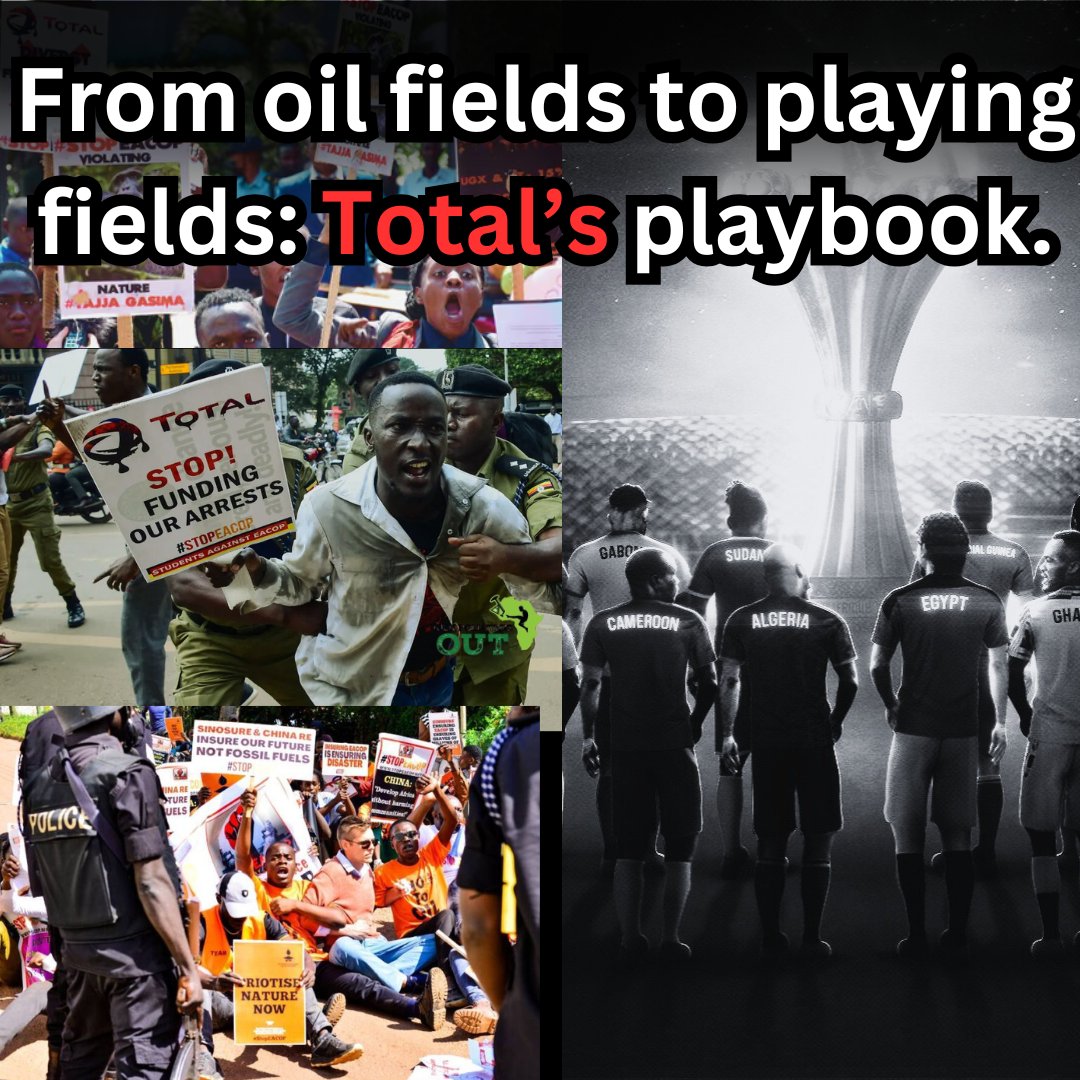 ARB concludes that TotalEnergies’ sponsorship of SANParks is greenwashing
ARB concludes that TotalEnergies’ sponsorship of SANParks is greenwashing
-
 Deputy minister Bernice Swarts’s fraud case still under investigation - NPA
Deputy minister Bernice Swarts’s fraud case still under investigation - NPA
-
 LPC to investigate law firm for ‘unverified’ AI information use
LPC to investigate law firm for ‘unverified’ AI information use
-
 Msibi to appeal his suspension from the ANC
Msibi to appeal his suspension from the ANC
-
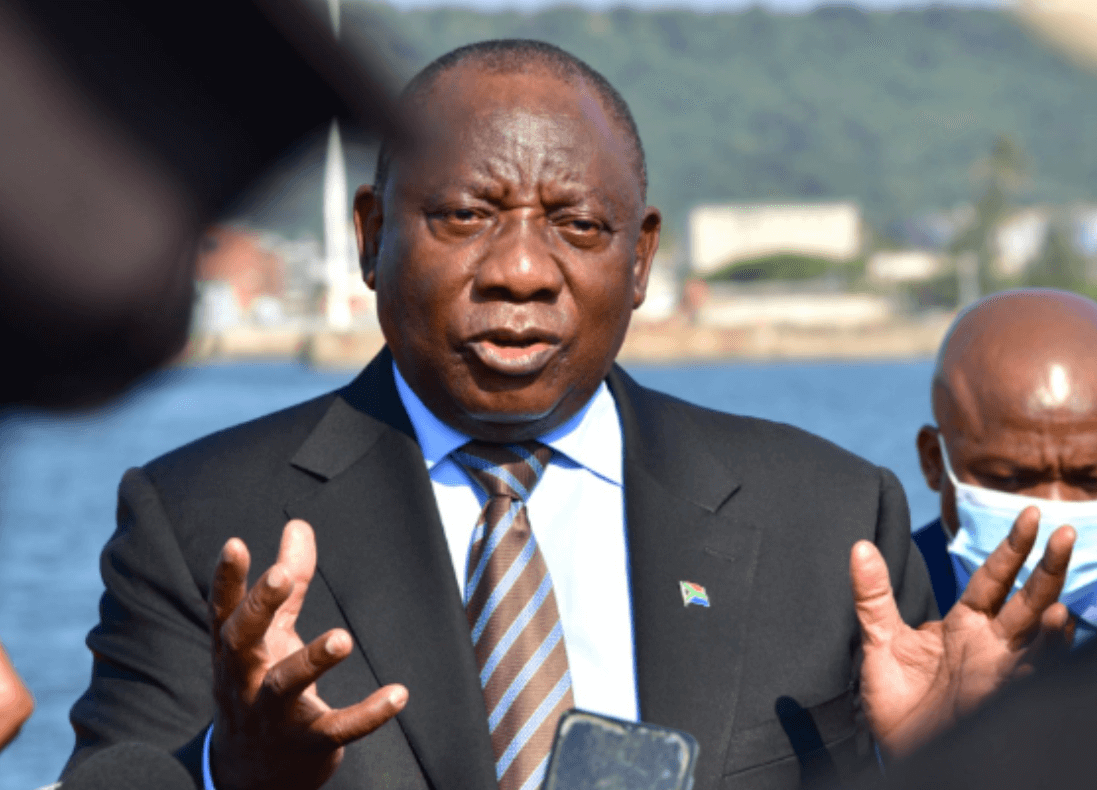 Ramaphosa calls the private sector to invest in major infrastructure projects
Ramaphosa calls the private sector to invest in major infrastructure projects
-
 Msibi resigns as MPL as Luthuli House upholds his suspension
Msibi resigns as MPL as Luthuli House upholds his suspension
-
 Creecy slammed for being lenient to Sasol
Creecy slammed for being lenient to Sasol
-
 Mantashe’s neglect haunts him as mining company drags him to court
Mantashe’s neglect haunts him as mining company drags him to court
-
 Forex trading couple’s R2.9m house attached after they defrauded investors
Forex trading couple’s R2.9m house attached after they defrauded investors
-
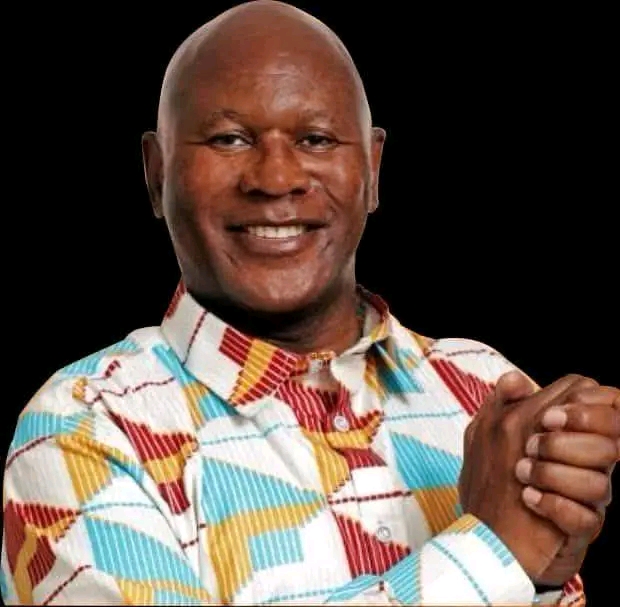 Zimbabwe is at crossroads – Pastor Mapfumo-Chiguvare
Zimbabwe is at crossroads – Pastor Mapfumo-Chiguvare
-
 Hawks ward off a potential food poisoning disaster
Hawks ward off a potential food poisoning disaster
-
 G20 Presidency is SA’s stepping stone to create an electric vehicles industry in SADC
G20 Presidency is SA’s stepping stone to create an electric vehicles industry in SADC
-
 A 30-second video-recording may save Msibi on misconduct charges
A 30-second video-recording may save Msibi on misconduct charges
-
 ANC defends premier against R100 million theft allegations
ANC defends premier against R100 million theft allegations
-
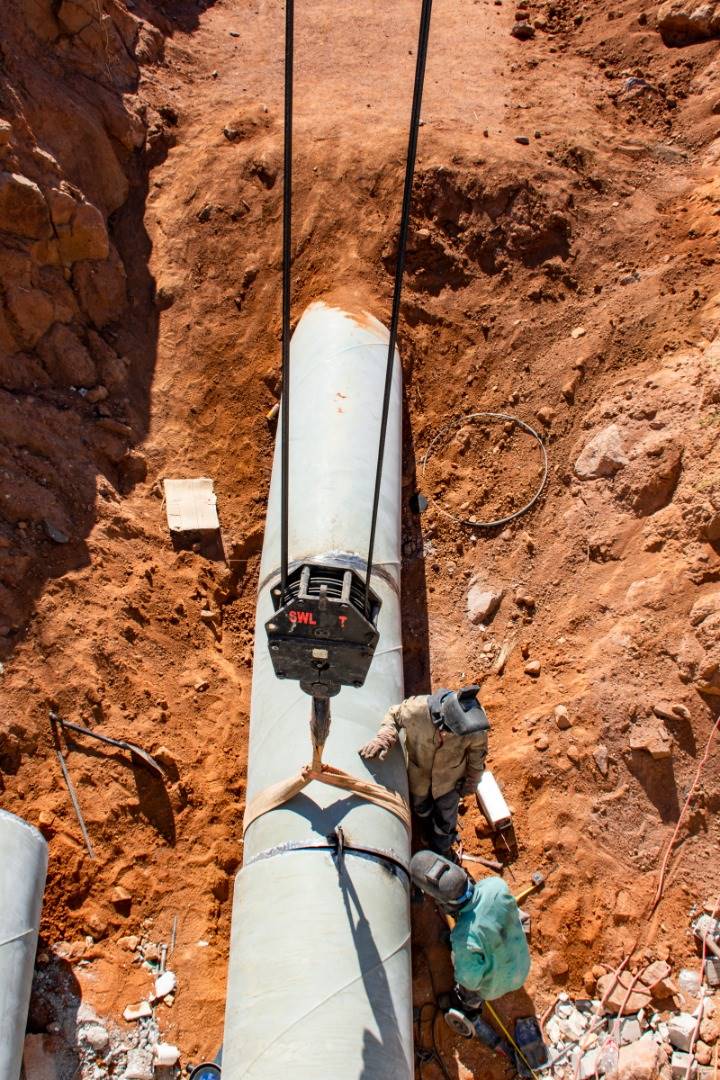 Big construction companies must empower, certify subcontractors to enable their growth - Khato Civils CEO
Big construction companies must empower, certify subcontractors to enable their growth - Khato Civils CEO
-
 Teflon KZN mayor promoted to legislature
Teflon KZN mayor promoted to legislature
-
 Premier Ndlovu’s ambitions: 300k jobs, 3% economic growth, R50bn investment and new adventure tourism projects
Premier Ndlovu’s ambitions: 300k jobs, 3% economic growth, R50bn investment and new adventure tourism projects
-
 Businessman acquitted in a lengthy trial not yet out of the woods as he fights ‘corrupt’ Master of the High Court officials
Businessman acquitted in a lengthy trial not yet out of the woods as he fights ‘corrupt’ Master of the High Court officials
-
 Two Limpopo teachers convicted for doing business with the education department
Two Limpopo teachers convicted for doing business with the education department
-
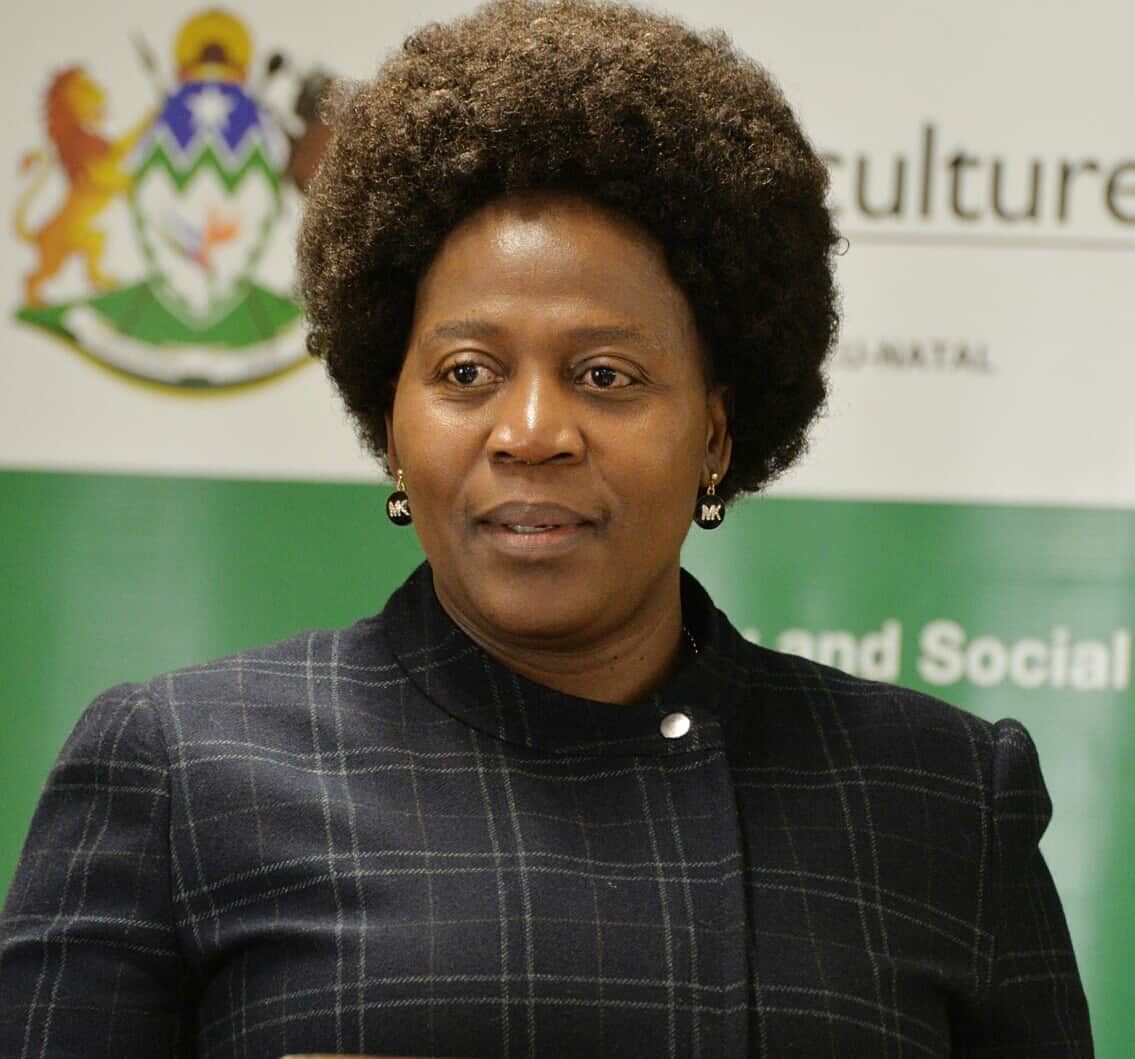 KZN Cogta MEC locked out of a facility managed by irregularly appointed former mayor’s wife
KZN Cogta MEC locked out of a facility managed by irregularly appointed former mayor’s wife
-
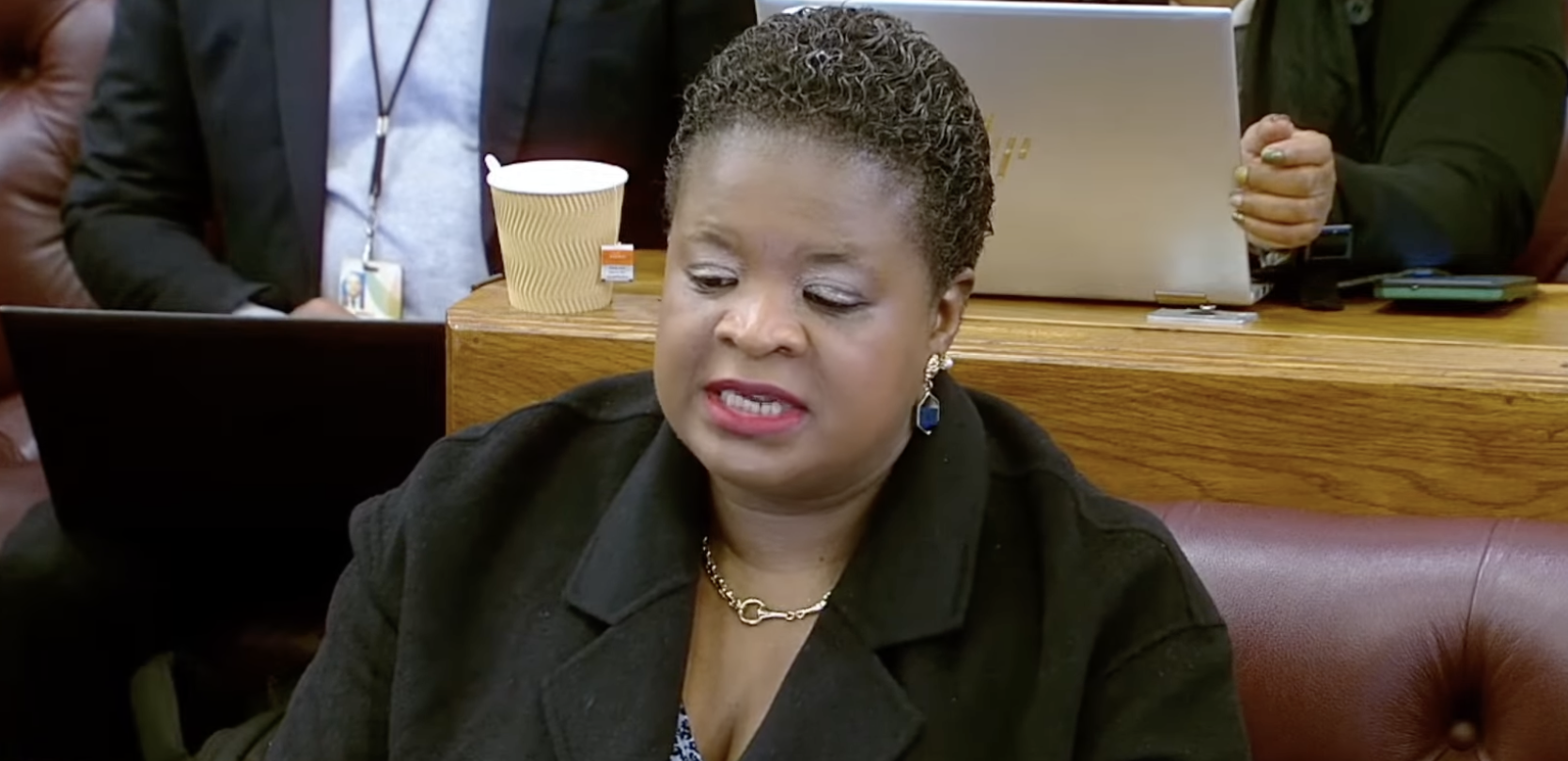 SMU council chairperson, CFO accused of taking kickbacks from 2 000-bed contractor
SMU council chairperson, CFO accused of taking kickbacks from 2 000-bed contractor
-
 Welcome to Belfast where coal mining fields have bred killing fields
Welcome to Belfast where coal mining fields have bred killing fields
-
 Corruption-fighting politician-cum-civil servant among those whose assets were attached for Covid-19 corruption
Corruption-fighting politician-cum-civil servant among those whose assets were attached for Covid-19 corruption
-
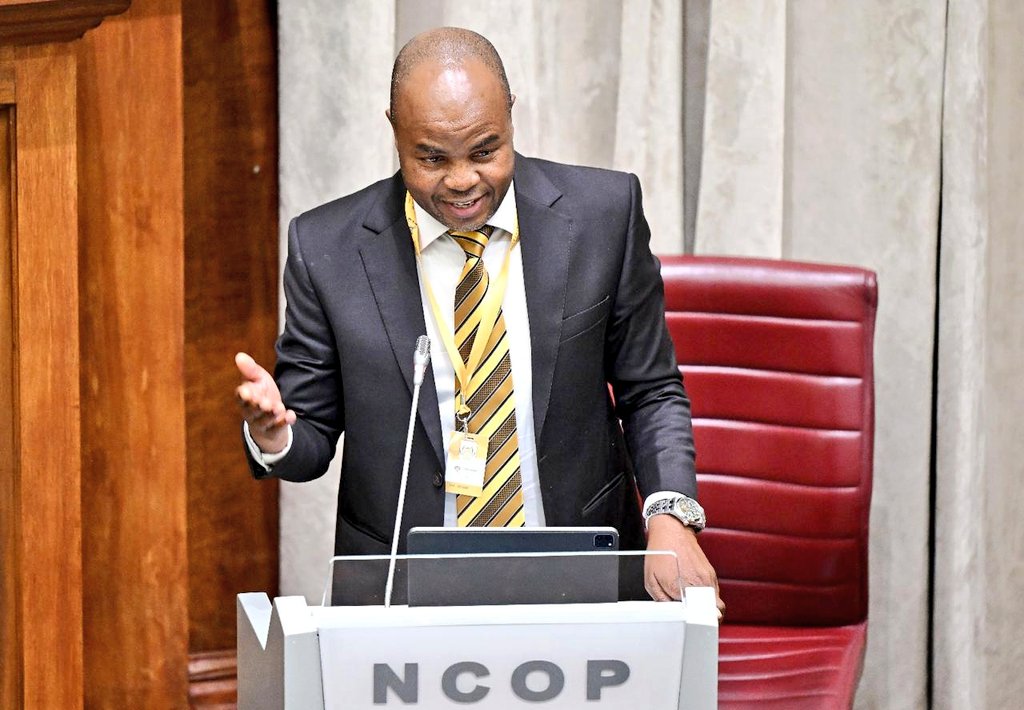 One Mpumalanga MEC to be axed to meet ANC’s gender balance guidelines
One Mpumalanga MEC to be axed to meet ANC’s gender balance guidelines
-
 JUST IN: Gen Masemola suspends Mpumalanga commissioner on additional charges of misconduct
JUST IN: Gen Masemola suspends Mpumalanga commissioner on additional charges of misconduct
-
 Limpopo capital city’s tale of ‘hiding’ a forensic report, wish to write off R34m due to financial mismanagement
Limpopo capital city’s tale of ‘hiding’ a forensic report, wish to write off R34m due to financial mismanagement
-
 Odds stacked against expelled MK Party commander as he tries to remove Zuma
Odds stacked against expelled MK Party commander as he tries to remove Zuma
-
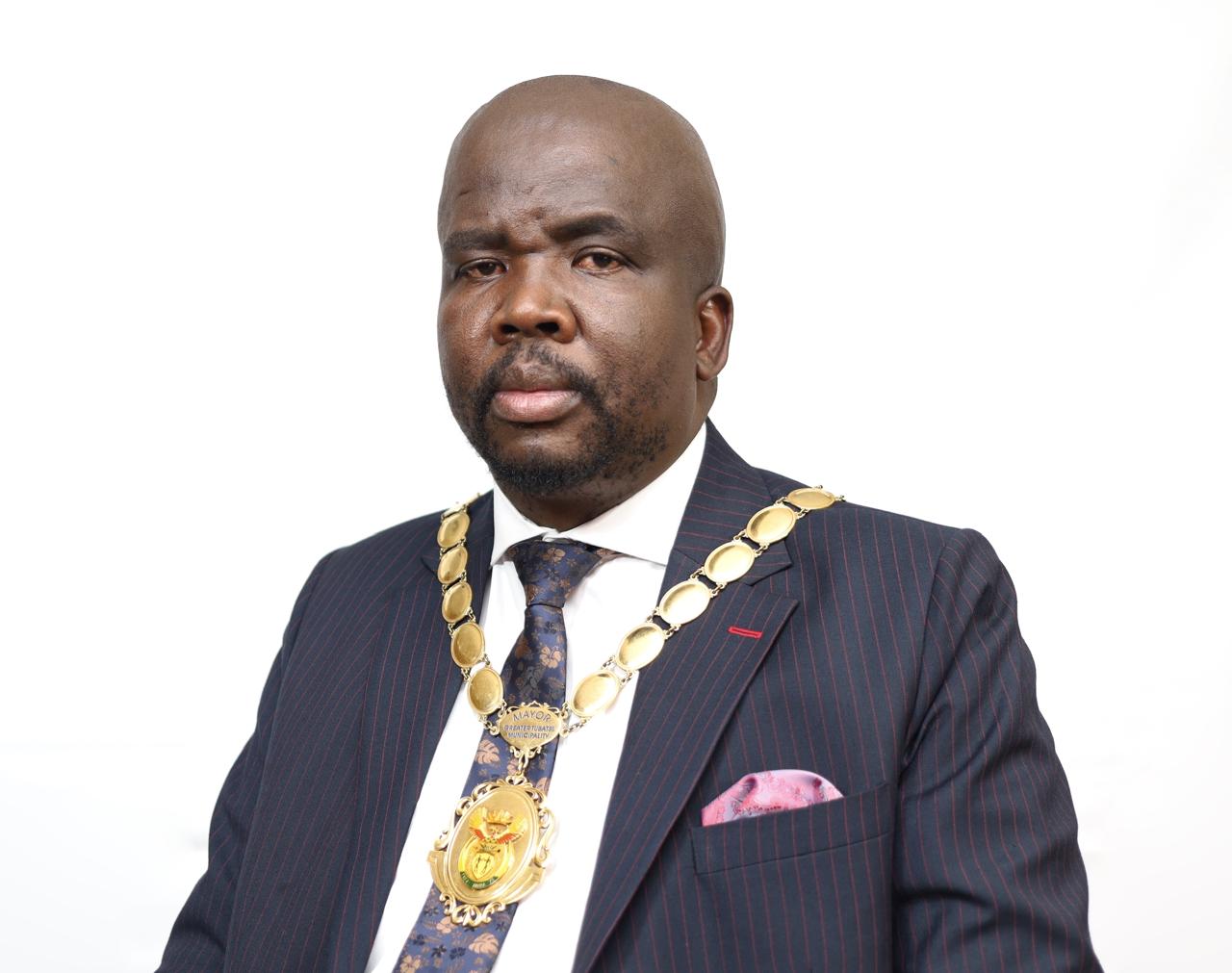 Fetakgomo Tubatse SEZ to bring new skills, technology and innovation – Mayor
Fetakgomo Tubatse SEZ to bring new skills, technology and innovation – Mayor
-
 Court uplifts Mpumalanga provincial commissioner’s suspension again
Court uplifts Mpumalanga provincial commissioner’s suspension again
-
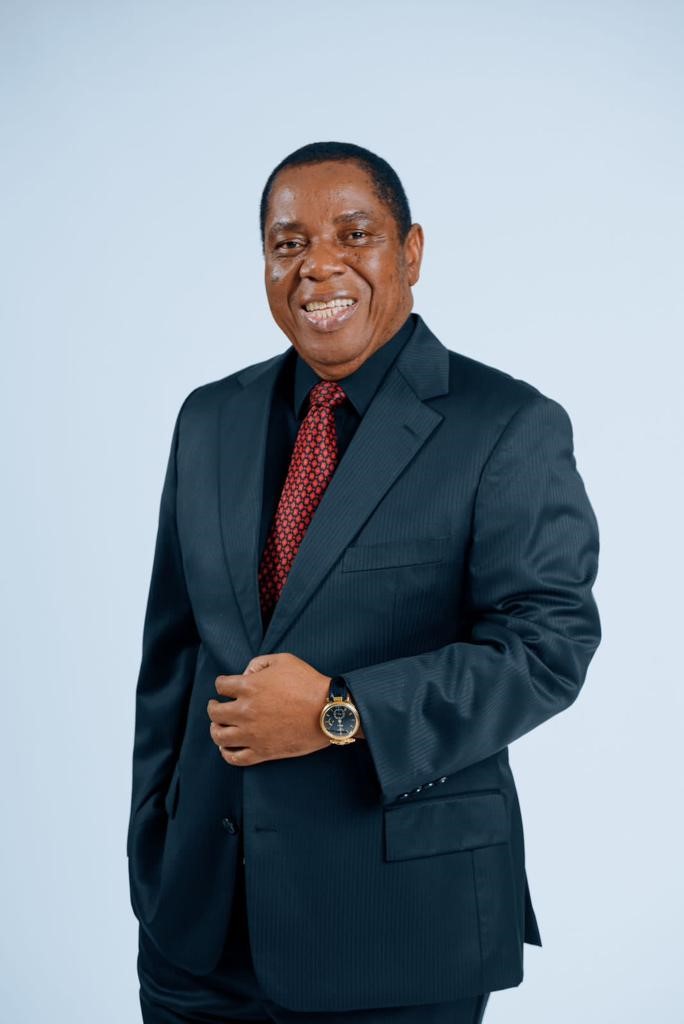 Robert Gumede’s Guma Group, HPX to develop R94.5bn rail network to link Liberia and Guinea
Robert Gumede’s Guma Group, HPX to develop R94.5bn rail network to link Liberia and Guinea
-
 Grade 12 cheating rocks Mpumalanga as 150 learners are implicated
Grade 12 cheating rocks Mpumalanga as 150 learners are implicated
-
 No levies must be paid to chiefs’ – ConCourt
No levies must be paid to chiefs’ – ConCourt
-
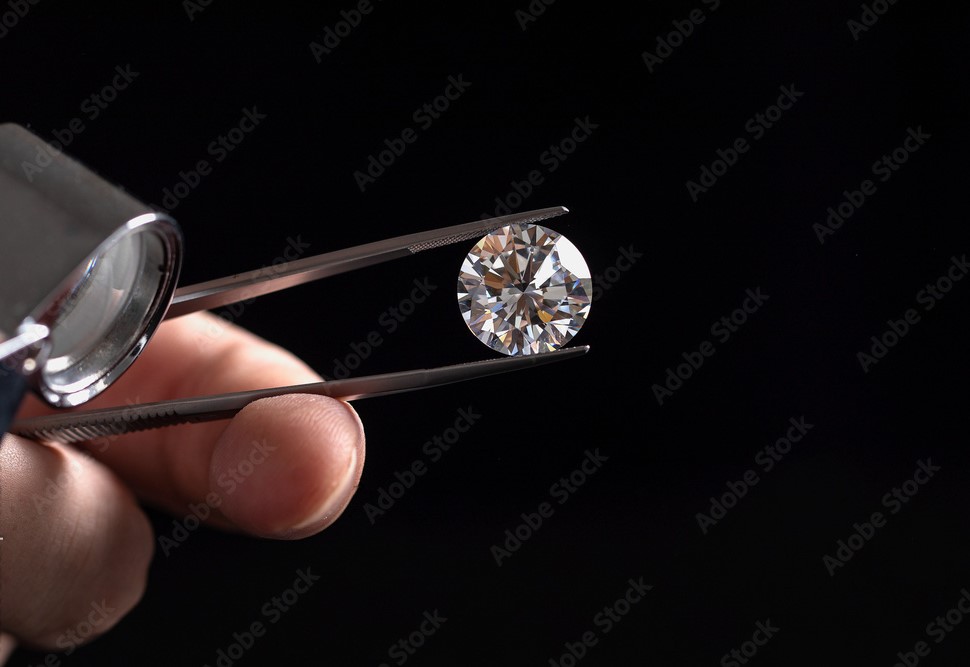 Botswana averts G7’s plan to certify diamond products in Antwerp
Botswana averts G7’s plan to certify diamond products in Antwerp
-
 Beyond imagination
Beyond imagination
-
 Controversial former mayor’s wife in KZN ‘given’ another job after fleeing previous employment
Controversial former mayor’s wife in KZN ‘given’ another job after fleeing previous employment
-
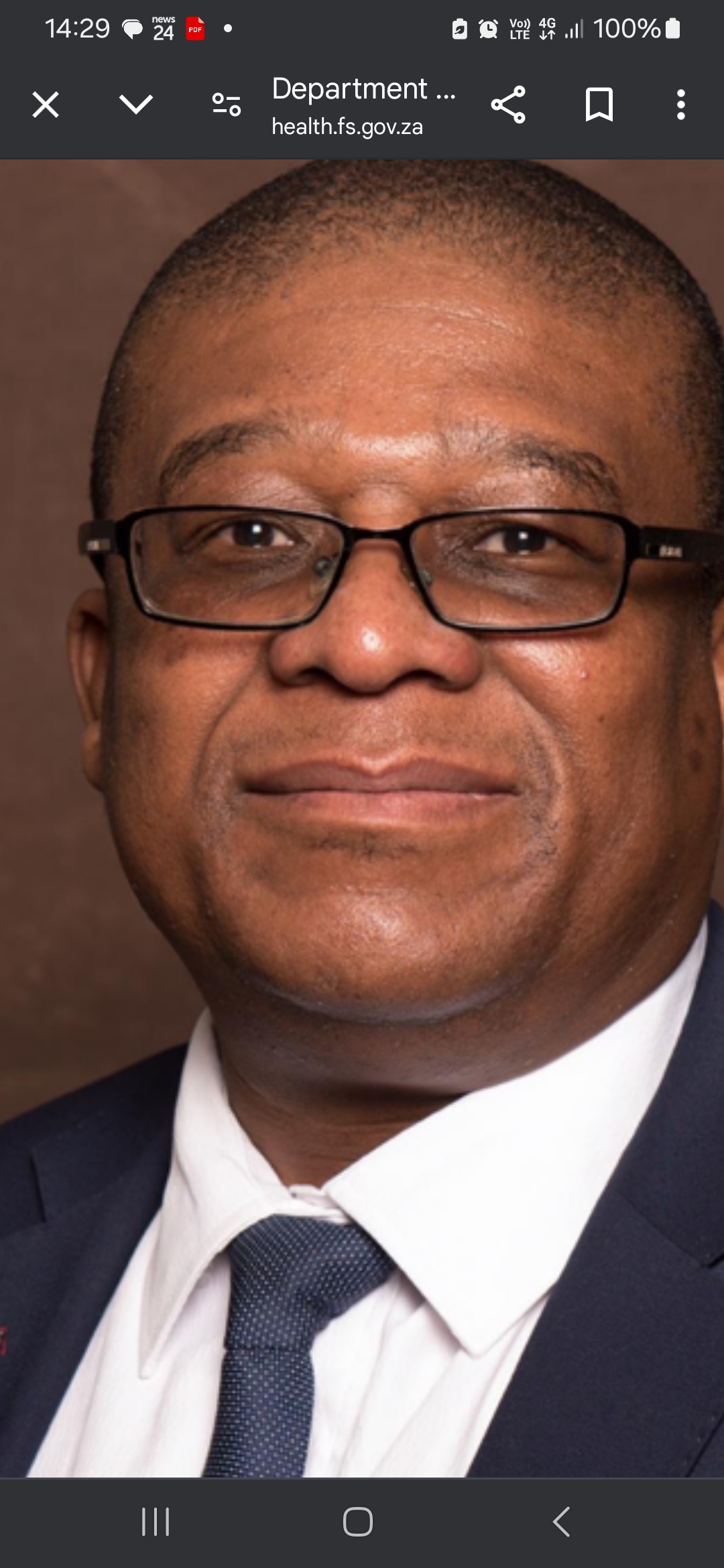 Free State Health HOD still not suspended four years since criminally charged
Free State Health HOD still not suspended four years since criminally charged
-
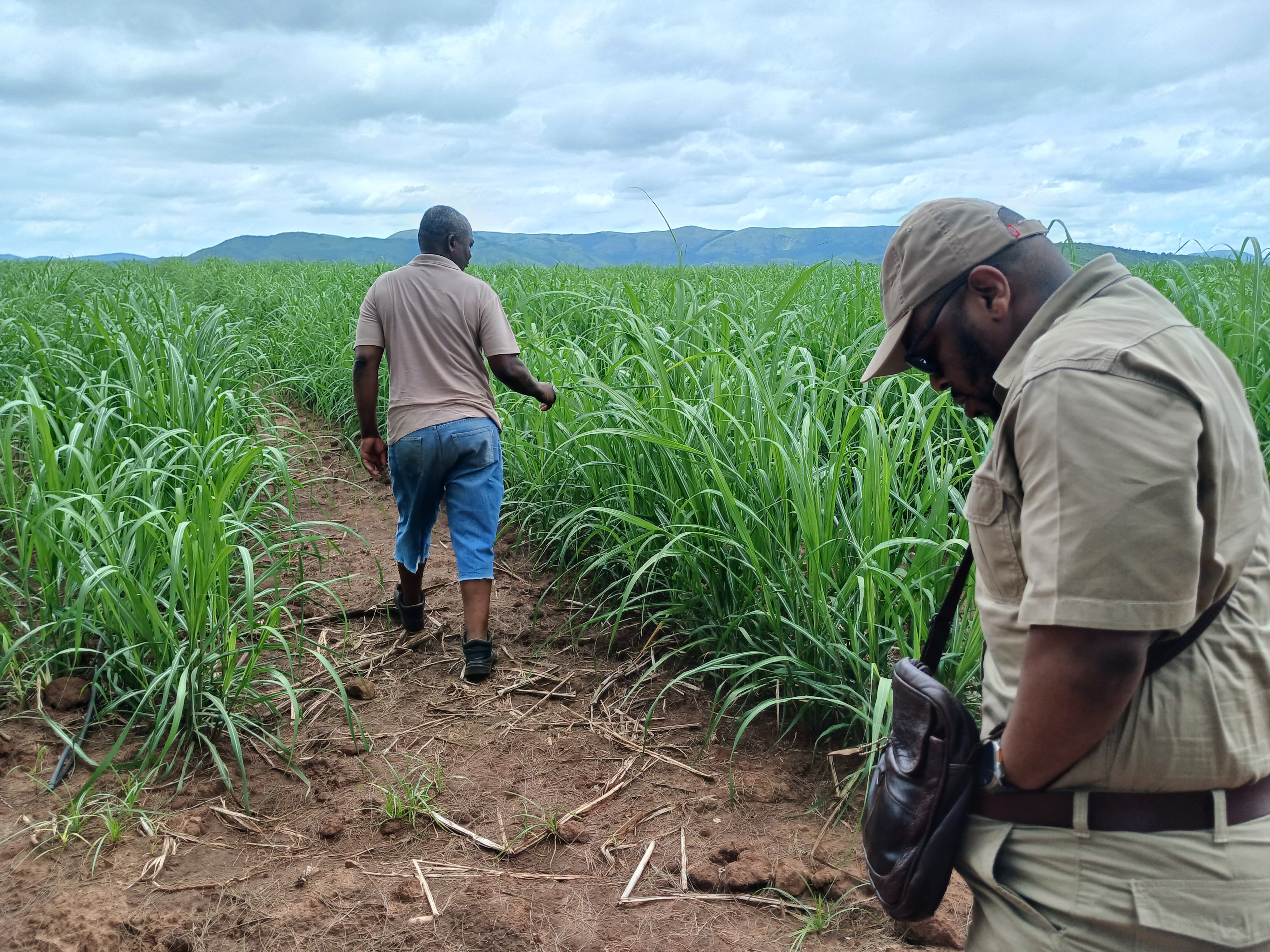 How the Matsamo CPA changed wrong perception that blacks cannot run commercial farms
How the Matsamo CPA changed wrong perception that blacks cannot run commercial farms
-
 Mahlangu slowly turning things around to revive MEGA
Mahlangu slowly turning things around to revive MEGA
-
 Official in Mpumalanga government’s corruption-busting unit dies after being shot 29 times
Official in Mpumalanga government’s corruption-busting unit dies after being shot 29 times
-
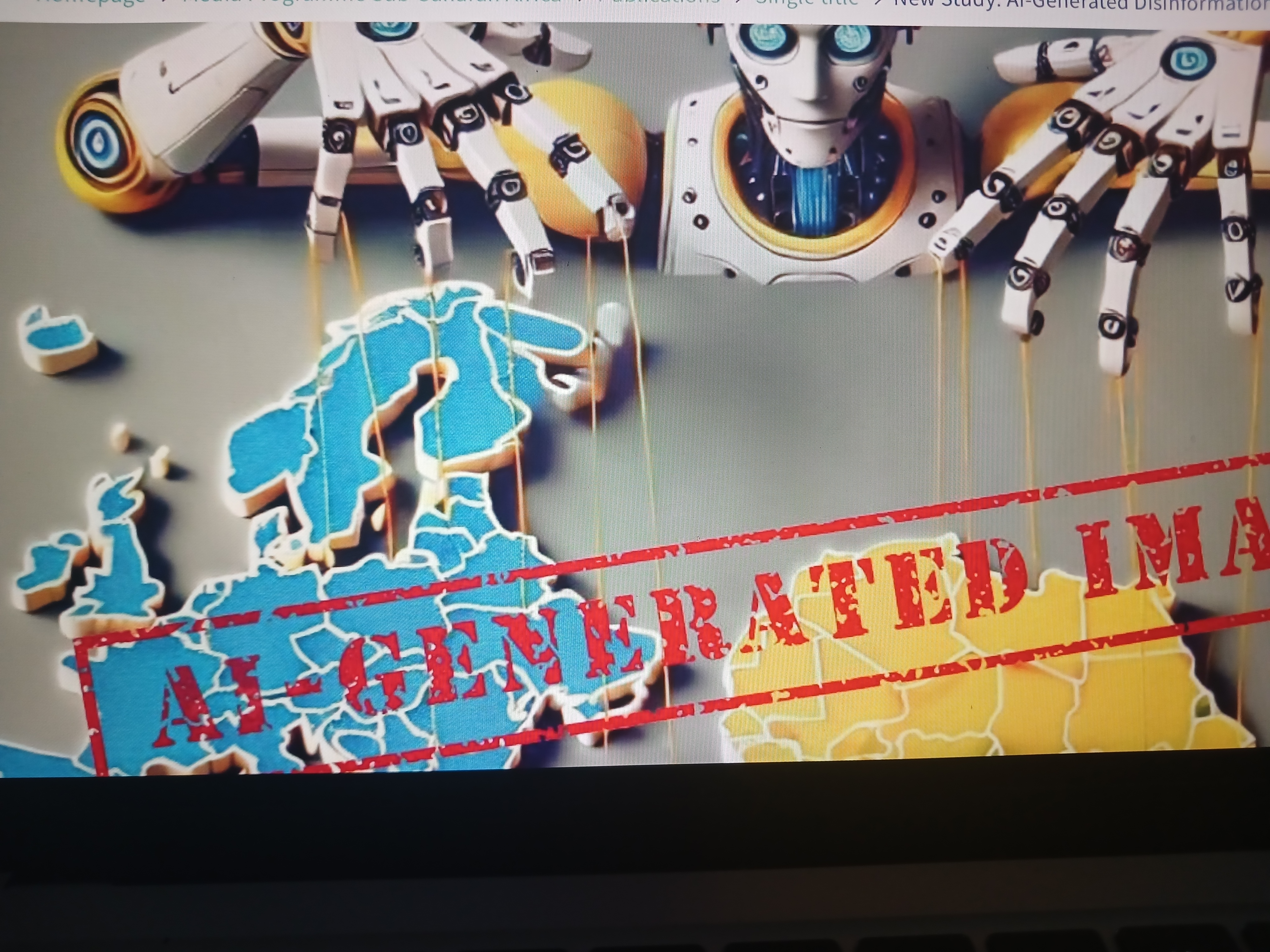 AI disinformation: human worse than detection software in distinguishing real and AI-generated content
AI disinformation: human worse than detection software in distinguishing real and AI-generated content
-
 ‘Come back home’ – Ramathuba’s plea to Limpopo-born professionals
‘Come back home’ – Ramathuba’s plea to Limpopo-born professionals
-
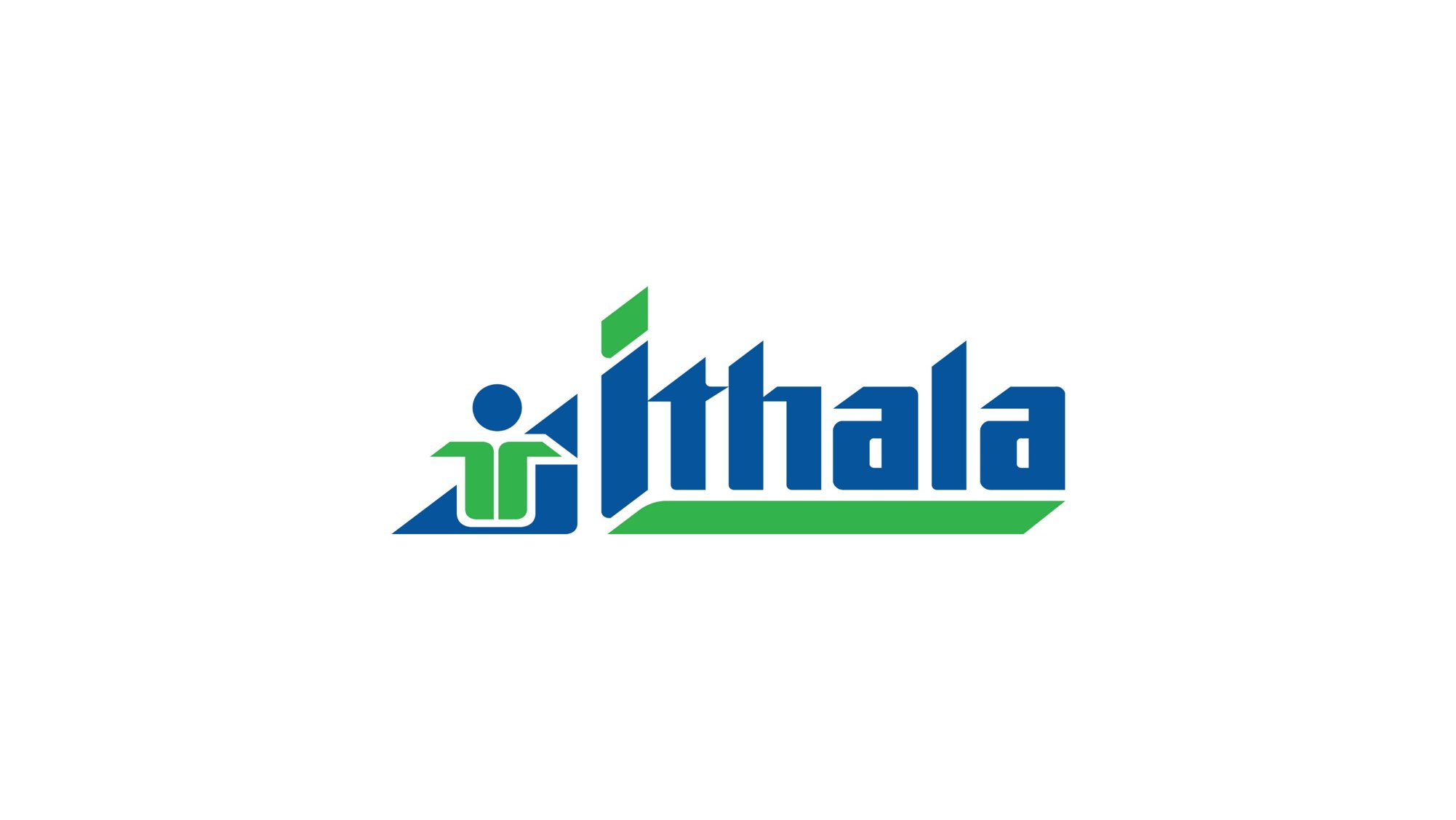 Relief as Ithala is saved from liquidation
Relief as Ithala is saved from liquidation
-
 Dismantle organised producers of poisonous foods – human rights lawyers
Dismantle organised producers of poisonous foods – human rights lawyers
-
 Board to finally account for employing a Swazi national and invalid hiring of a law firm
Board to finally account for employing a Swazi national and invalid hiring of a law firm
-
 Motion to remove a mayor in Mpumalanga aims to portray the ANC as a loser before elections – provincial ANC secretary
Motion to remove a mayor in Mpumalanga aims to portray the ANC as a loser before elections – provincial ANC secretary
-
 Limpopo premier Stanley Mathabatha’s ‘henchman’ arrested for faking CV
Limpopo premier Stanley Mathabatha’s ‘henchman’ arrested for faking CV
-
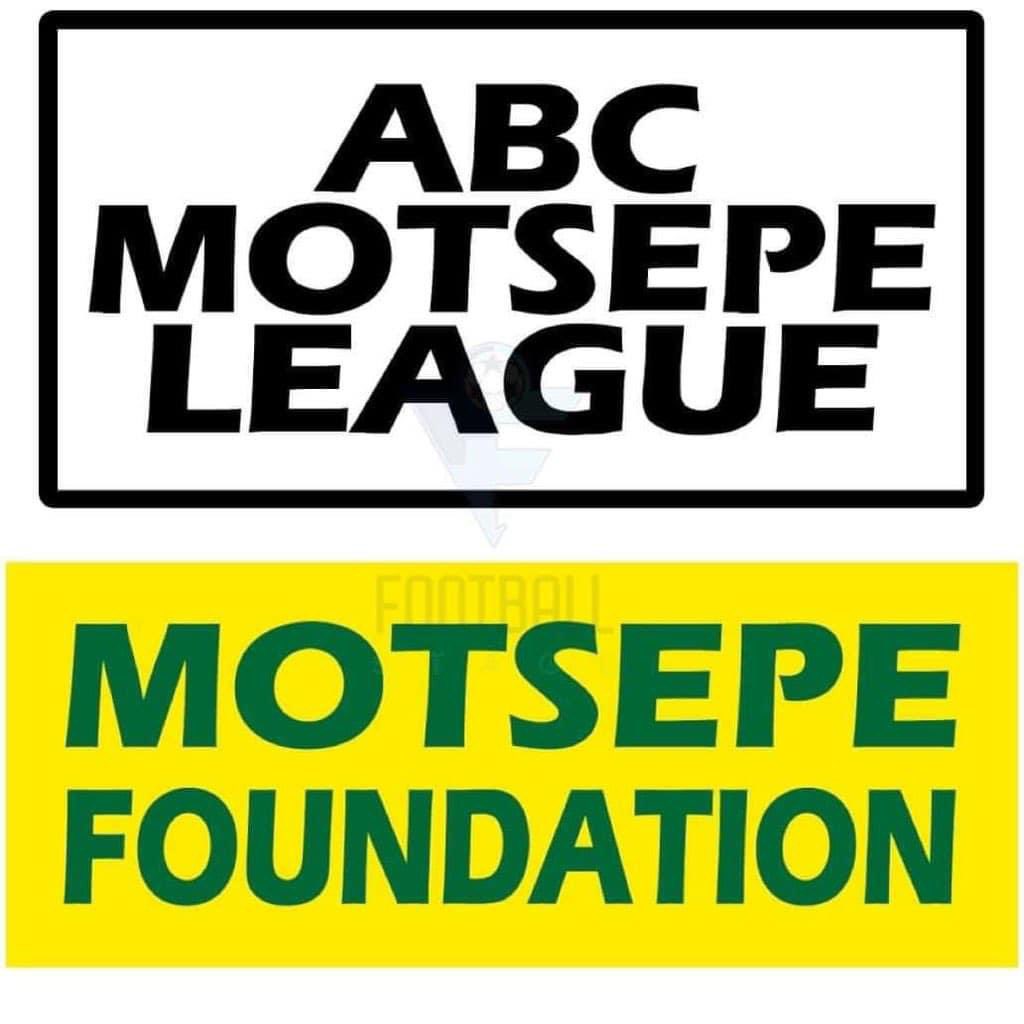 The dire state of the ABC Motsepe League
The dire state of the ABC Motsepe League
-
 Dingaan Thobela’s death should serve as a kick in the butt for boxing authorities
Dingaan Thobela’s death should serve as a kick in the butt for boxing authorities
-
 New Moz opposition party, Podemos, takes its parliamentary seats
New Moz opposition party, Podemos, takes its parliamentary seats
-
 Climate-change marine heatwaves triple, cause expensive damage
Climate-change marine heatwaves triple, cause expensive damage
-
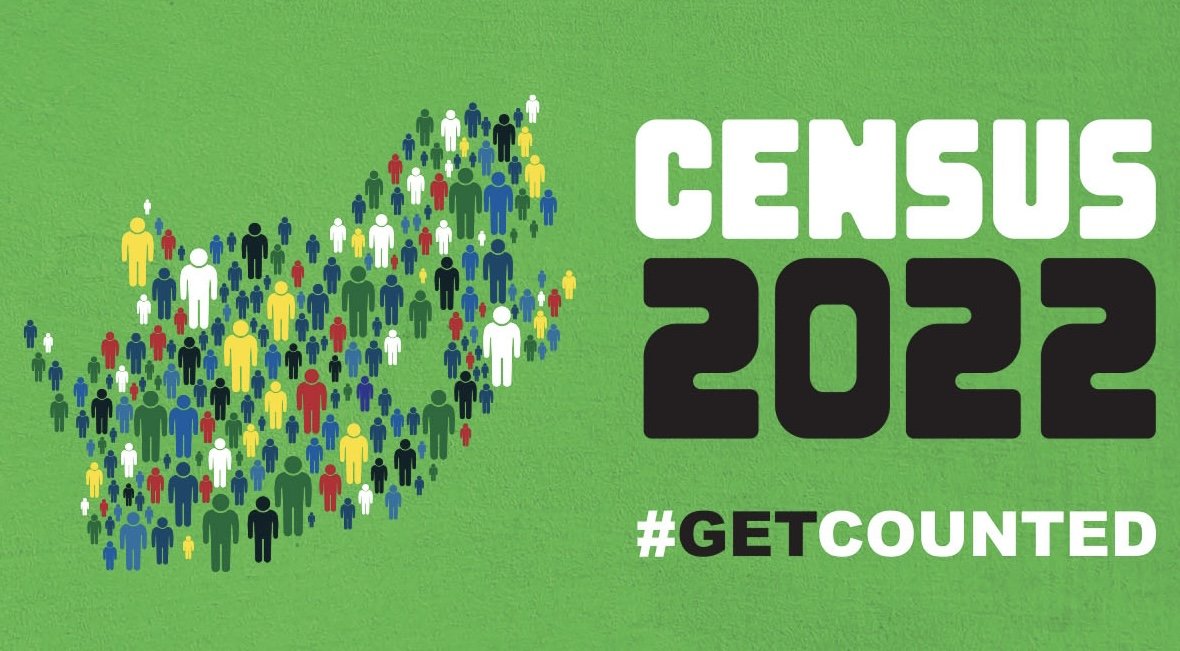 Data collected for Census 2022 unfit for purpose - UCT
Data collected for Census 2022 unfit for purpose - UCT
-
 Nehawu needs explanation following withdrawal of charges against Limpopo official
Nehawu needs explanation following withdrawal of charges against Limpopo official
Summit to nudge Africa to take its place in refining clean technology minerals
Sizwe sama Yende
Africa’s abundant minerals for clean technology will be a talking point of the Critical Minerals Africa (CMA) summit that will be exploring ways of ensuring that the continent derives maximum value through local refining and manufacturing.
According to Energy Capital & Power – an African-focused platform for energy investment – the CMA summit scheduled for November 6 to 7, will also explore how Africa can also increase mineral exploration and extraction.
As a result of the global shift towards green energy technology to curb climate change, Africa stands a good chance of developing new industries and grow its economy because it has the so-called green minerals.
“Africa holds approximately two-thirds of global cobalt reserves, around 30% of lithium and significant shares of other critical minerals, including manganese, copper and iron ore,” Energy Capital & Power said in a statement.
Leading mineral markets on the continent include the Democratic Republic of Congo (DRC), which contributes over 70% of global cobalt production; Gabon, ranking second in global manganese production; and Zambia, recognized as the largest exporter of unrefined copper globally.
Zimbabwe ranks as the world’s third-largest exporter of chromium ore and holds the largest lithium reserves in Africa.
Green minerals, which also include nickel and the platinum group, are used in the making of electric vehicle batteries, solar panels and wind turbines.
The continent holds 91% of platinum group metals, 79% of phosphate rock, 53% of global cobalt reserves, 46% of manganese, 35% of chromite, 25% of bauxite, 21% of graphite and 6% of copper, according to the US Geological Survey.
Global demand for critical minerals essential for clean energy technologies, according to Energy Capital & Power, is expected to grow more than three-fold by 2030.
“For Africa – a continent rich in a variety of minerals – this highlights a strategic opportunity to bolster economic growth through mineral development.”
Despite Africa’s substantial resource base, challenges persist in value addition and processing. China is currently dominating the global mineral processing market, particularly in the production of lithium and cobalt.
China imported approximately US$10 billion (R182 billion) worth of minerals in 2019 from sub-Saharan Africa alone, underscoring the region’s reliance on foreign processing capabilities.
“While the DRC dominates cobalt mining globally, 60% of cobalt processing occurs in China, while in 2022, Zambia exported US $6.6 billion in raw copper – most of which was sent to China.”
Recent developments, however, aim to reverse this trend, with an influx of infrastructure investments and the introduction of policies that support domestic processing capabilities.
Last October, South African mining and minerals advisory firm Q Global Commodities partnered with investment firm F9 Capital Management to invest $1 billion in critical mineral production across southern and eastern Africa.
The venture, targeting lithium, copper and nickel production, aims to develop new processing plants and logistics infrastructure.
From a policy standpoint, Energy Capital & Power said, several African countries were implementing reforms aimed at encouraging local mineral processing and value addition.
“In 2023, Namibia and Zimbabwe banned the export of unprocessed lithium and other critical minerals, leveraging rising global demand for transition metals and minerals. Both countries aim to regulate these exports, with Namibia only allowing small quantities of the specified minerals with the approval of its Ministry of Mines and Energy, and Zimbabwe emphasising local battery-grade lithium production from concentrates.”
